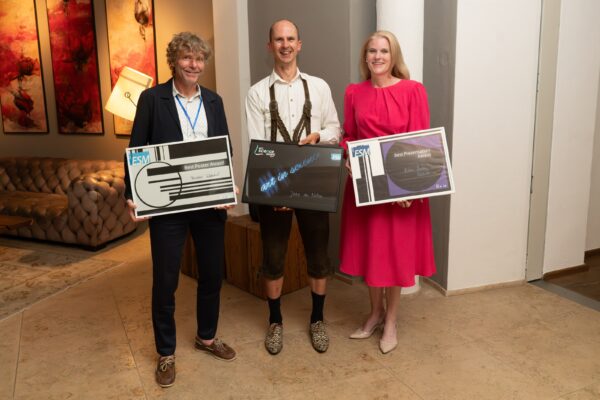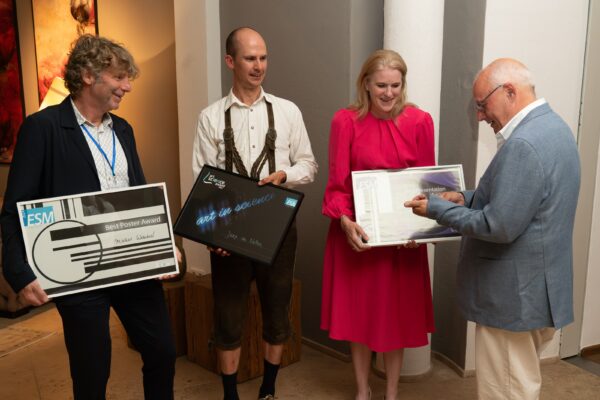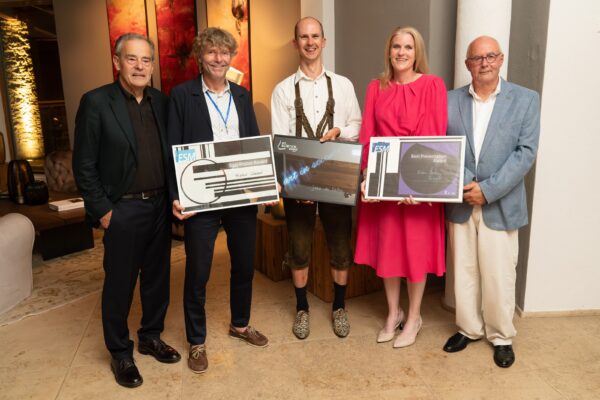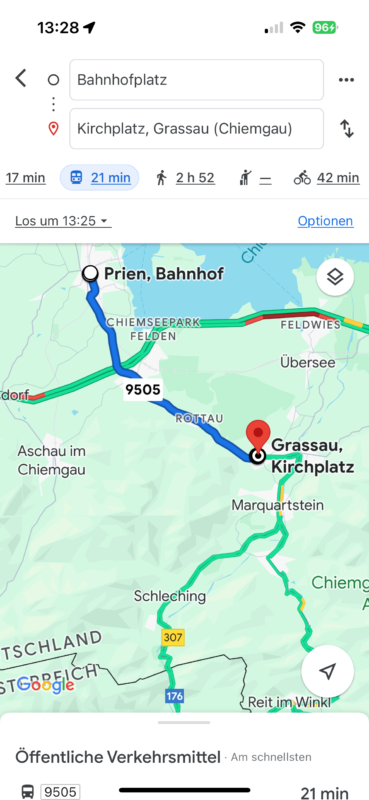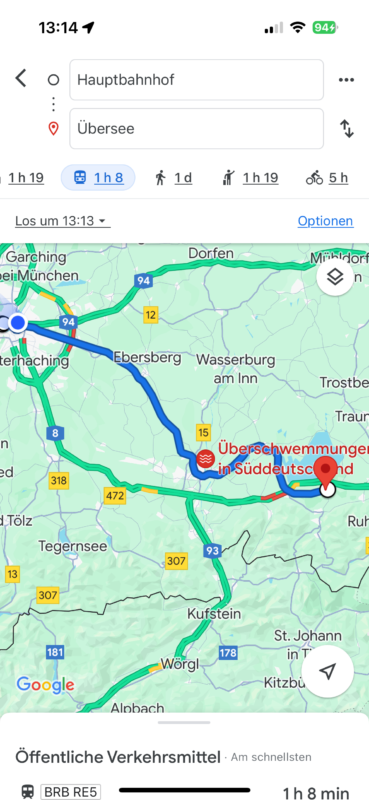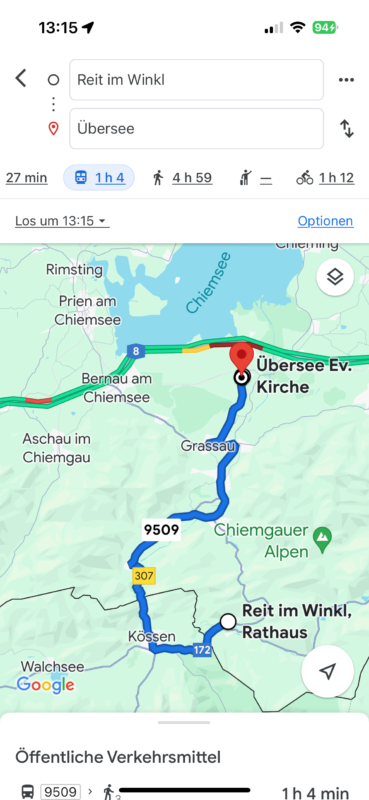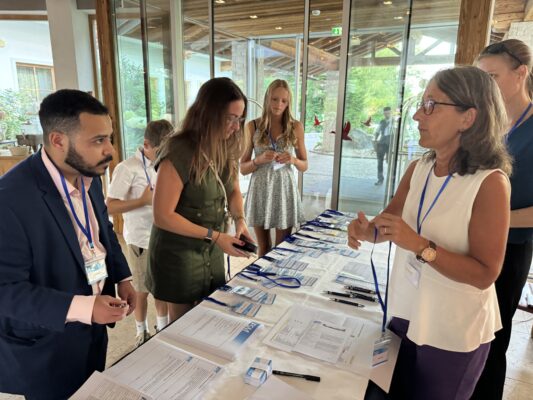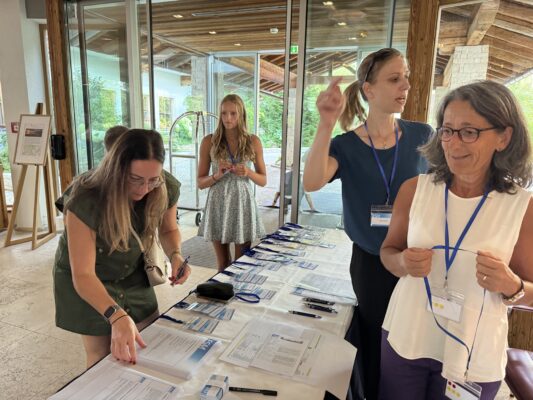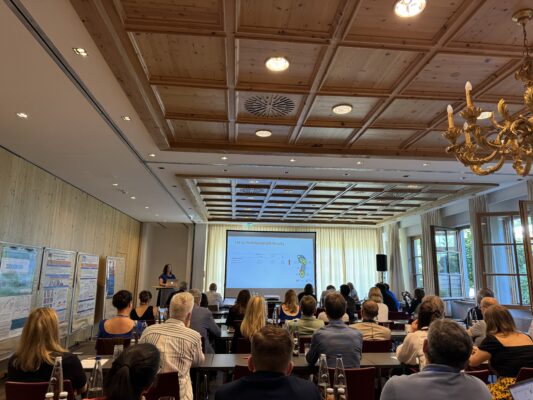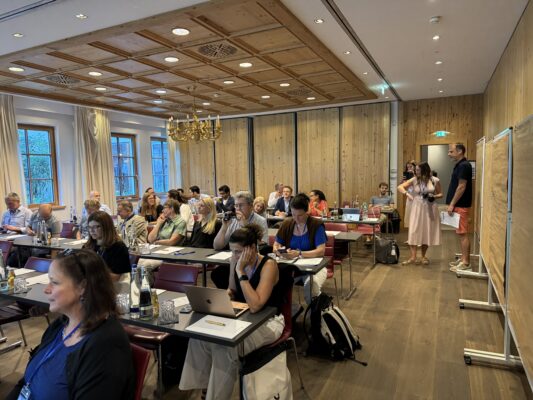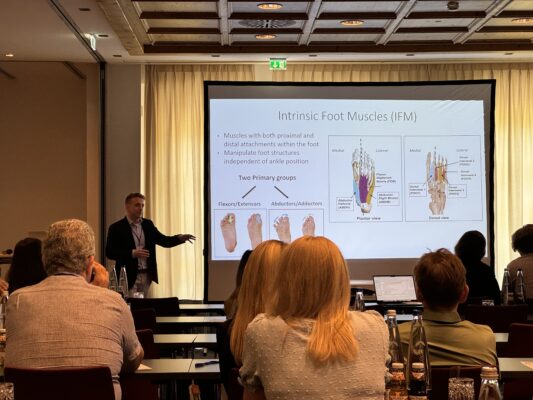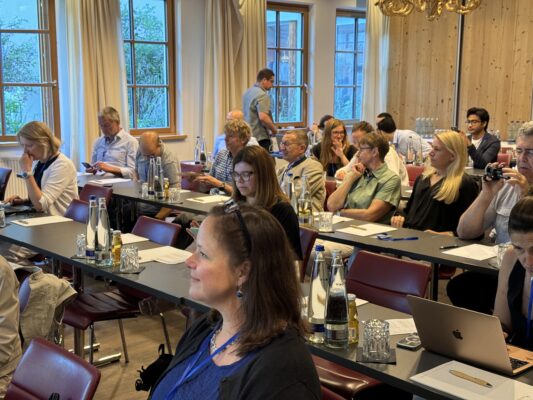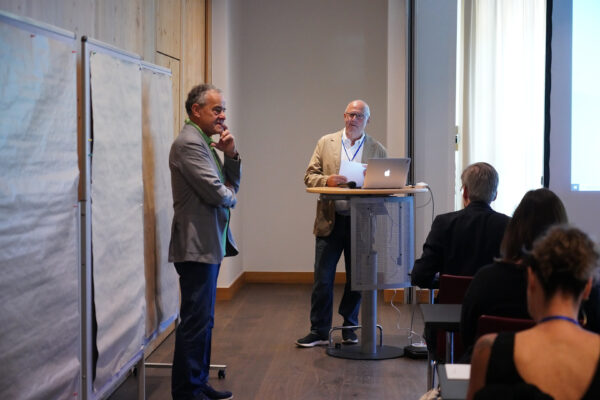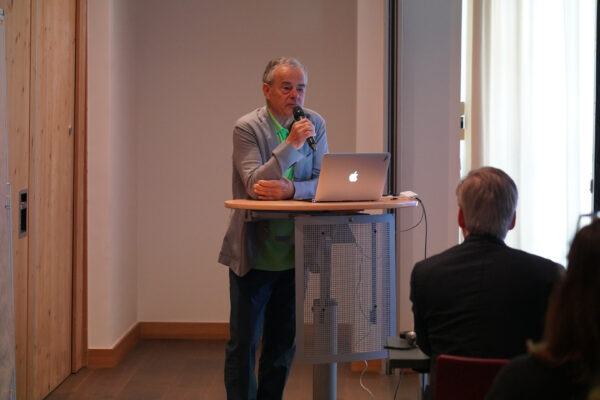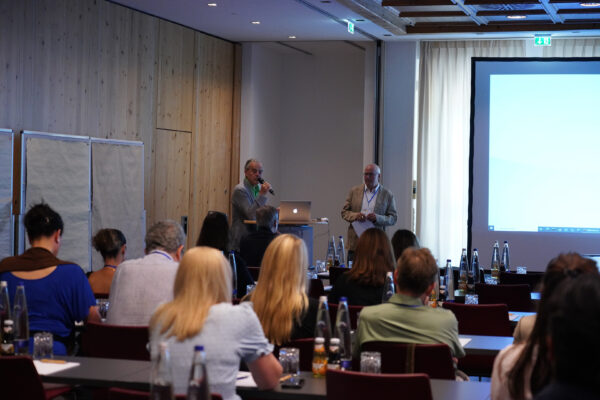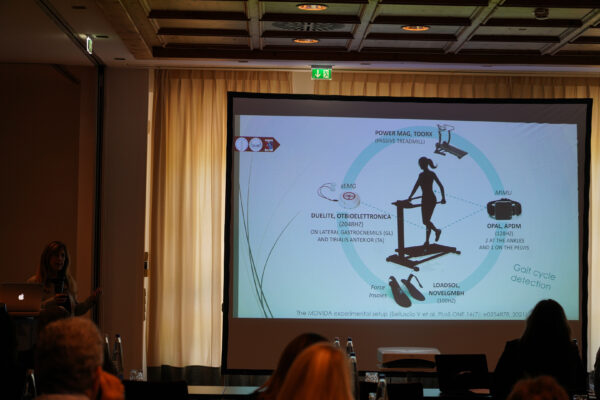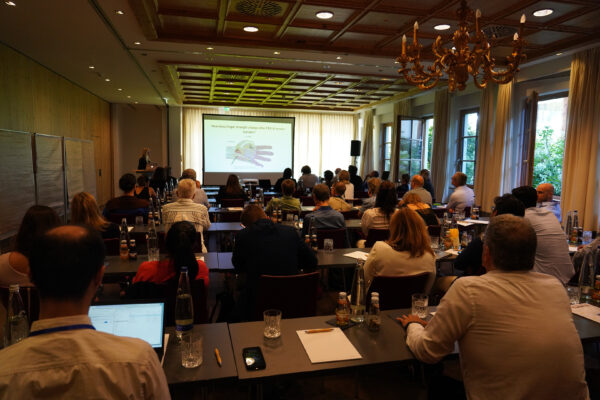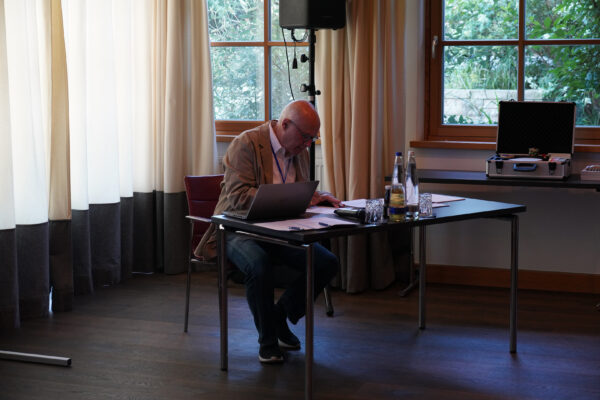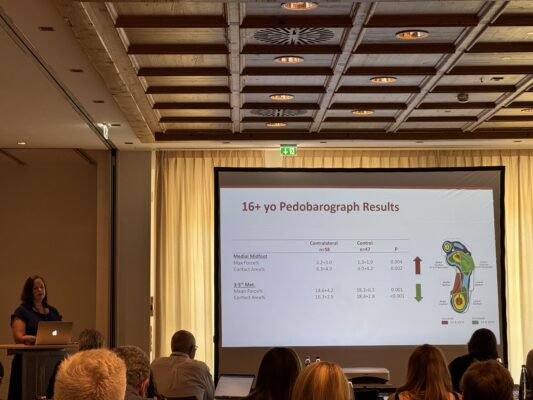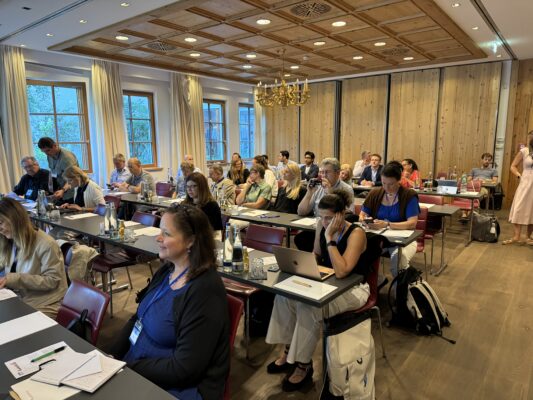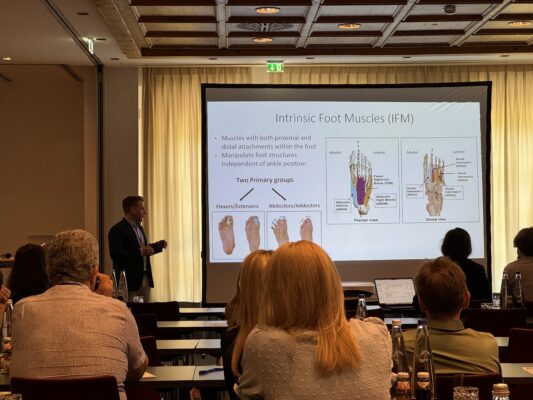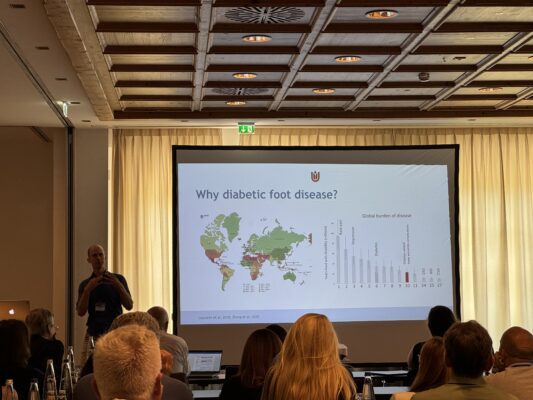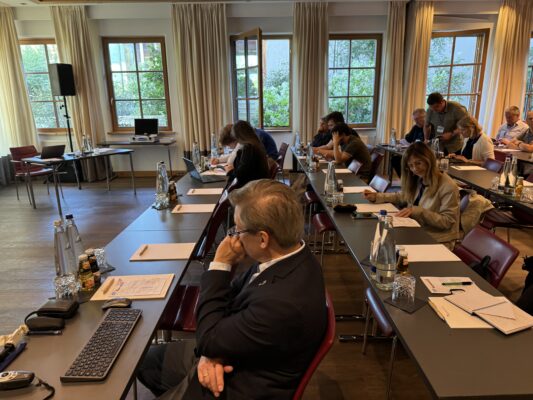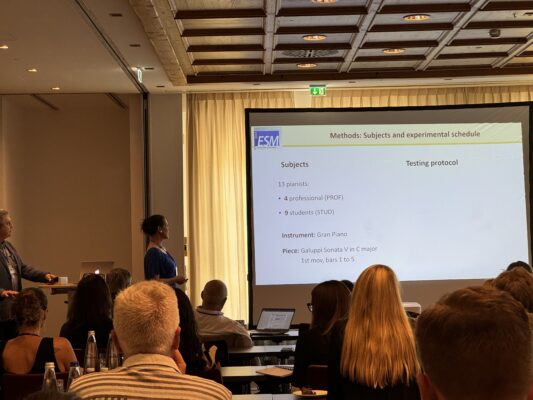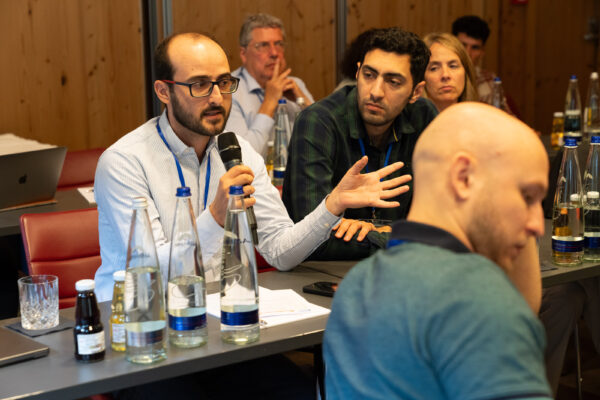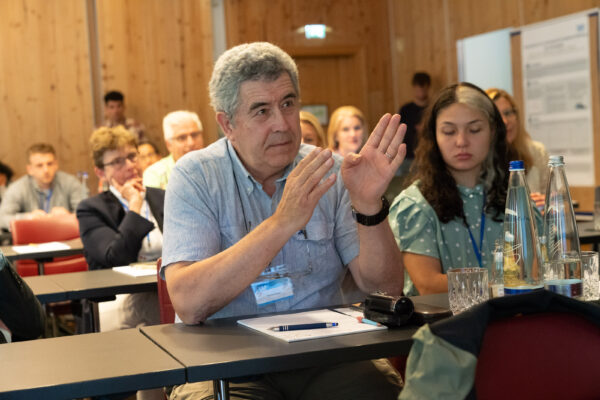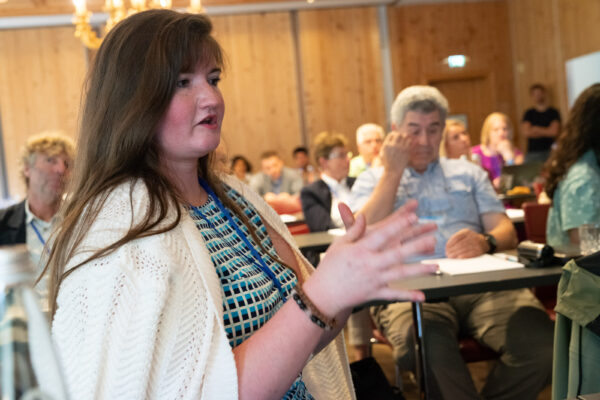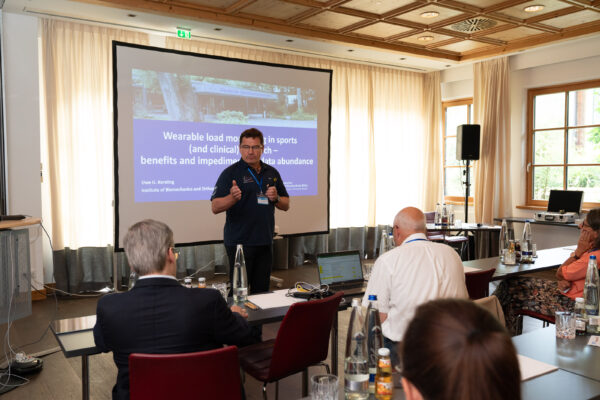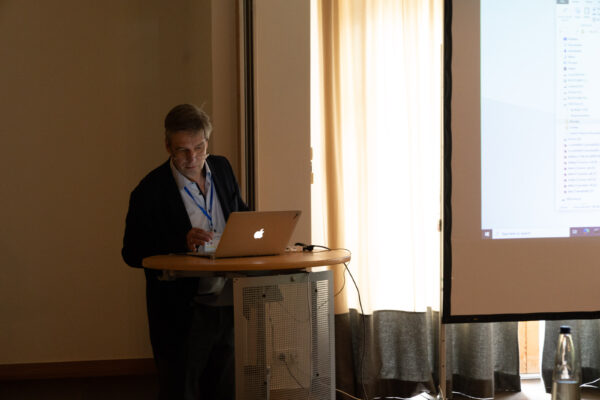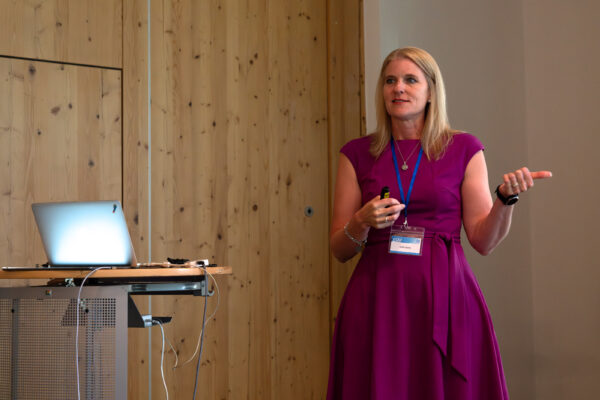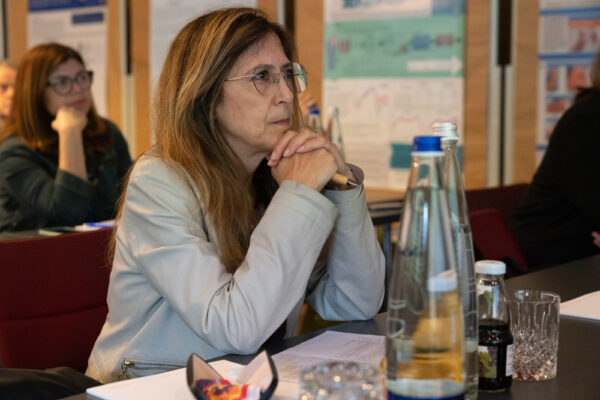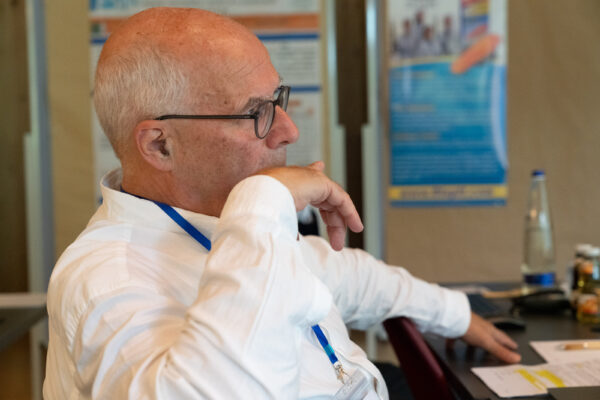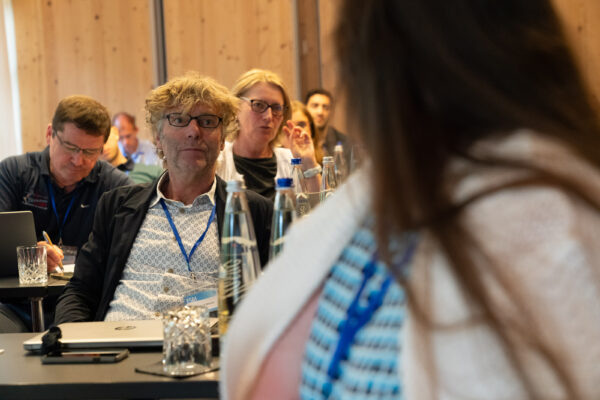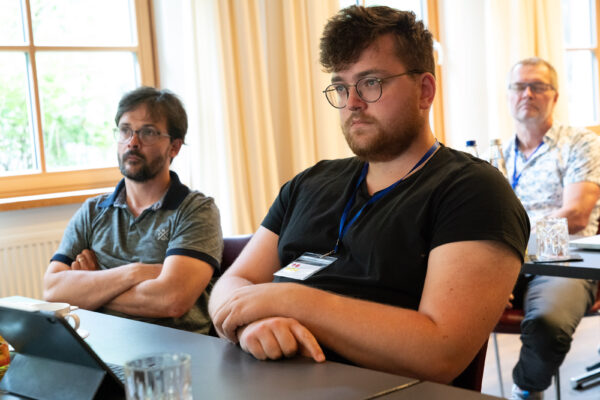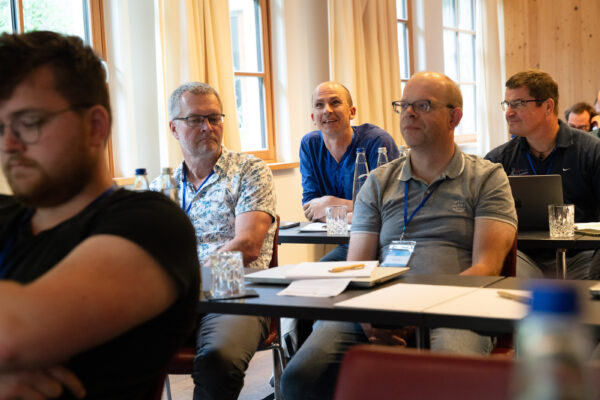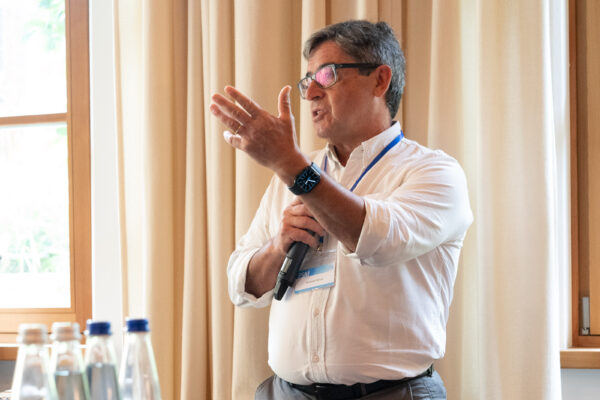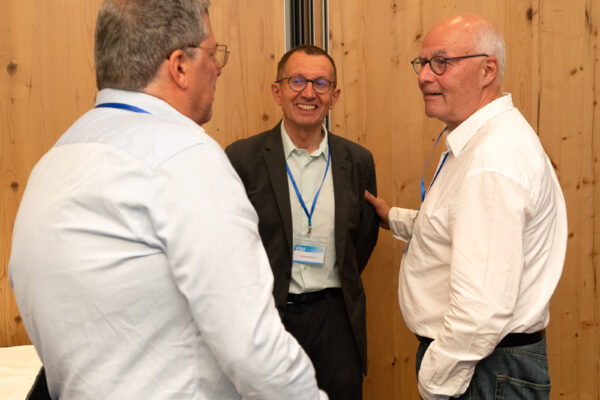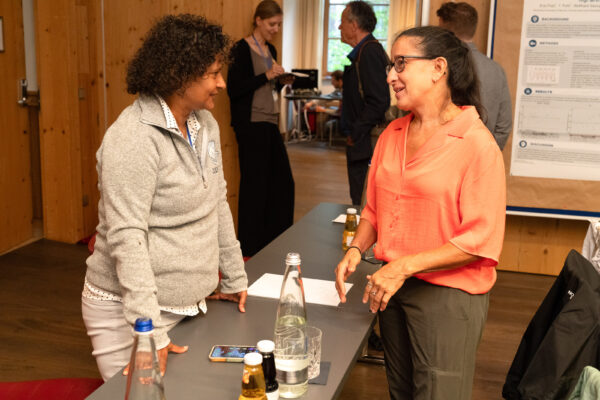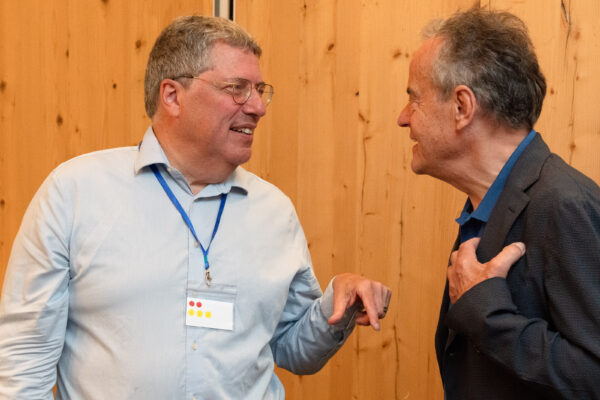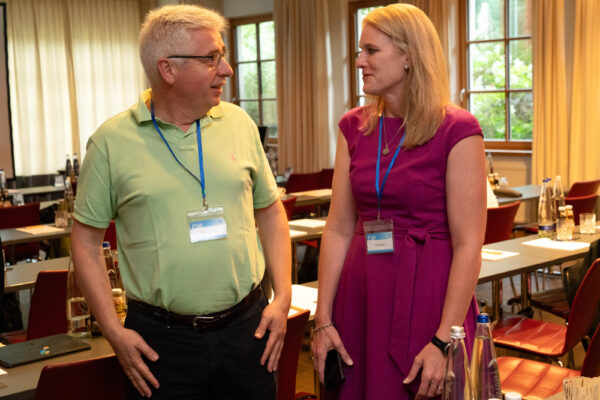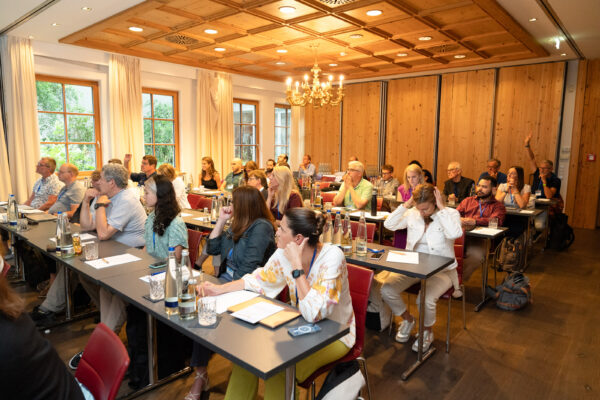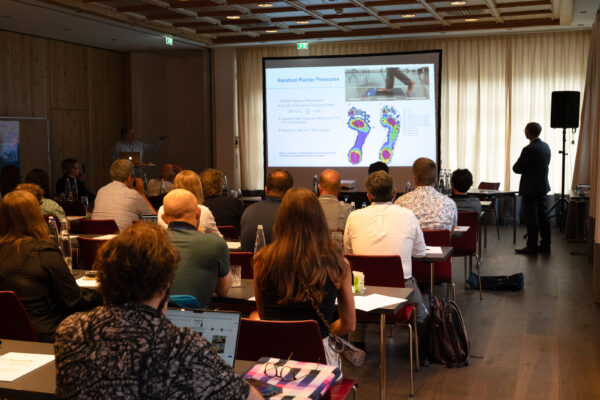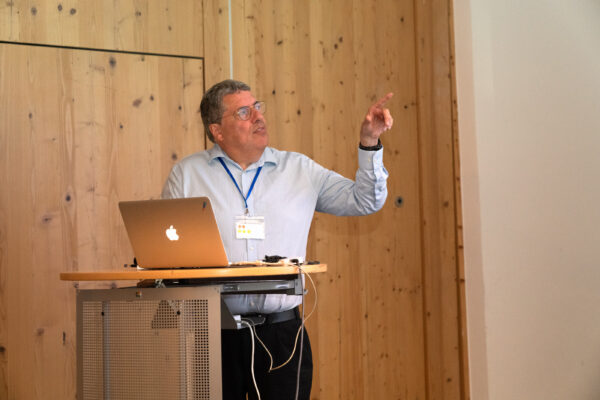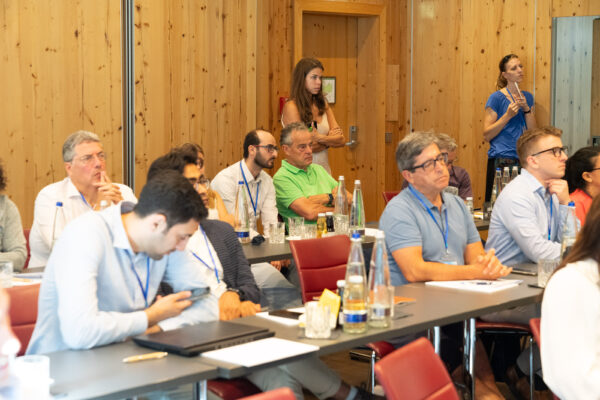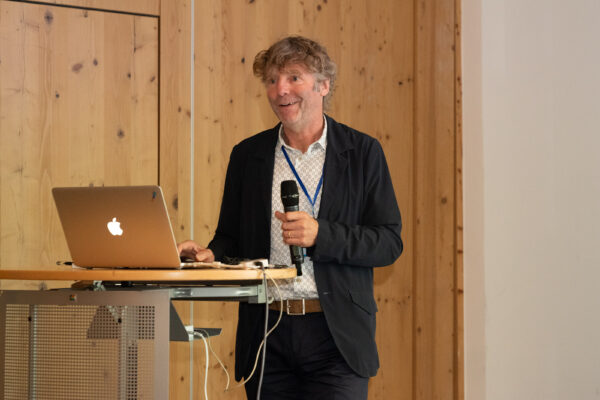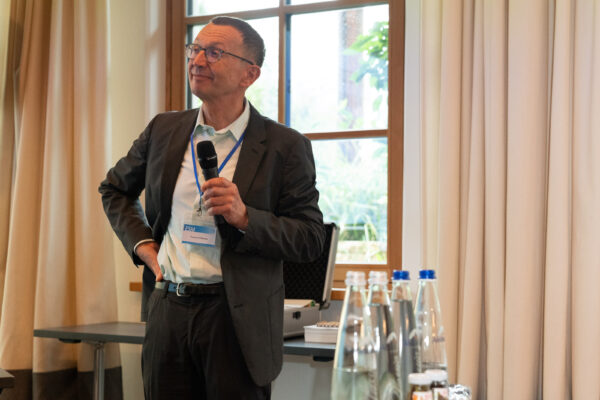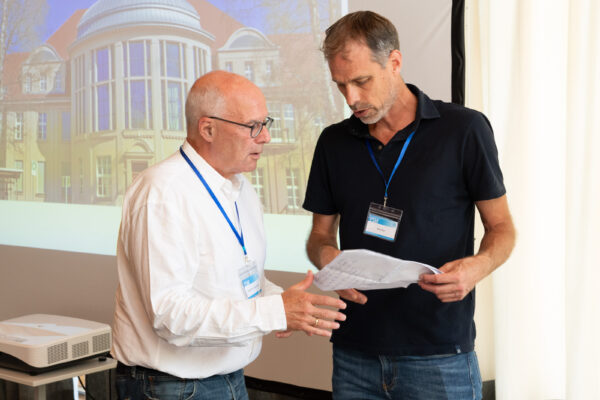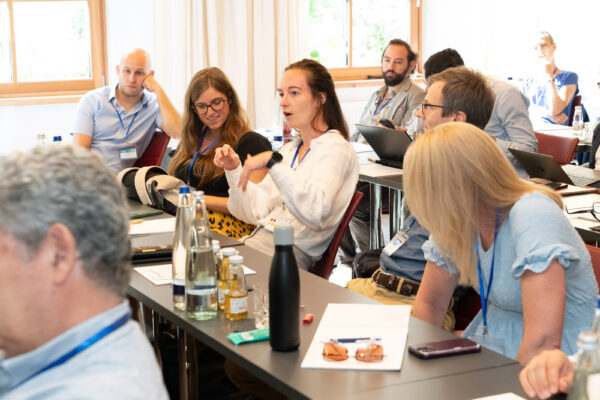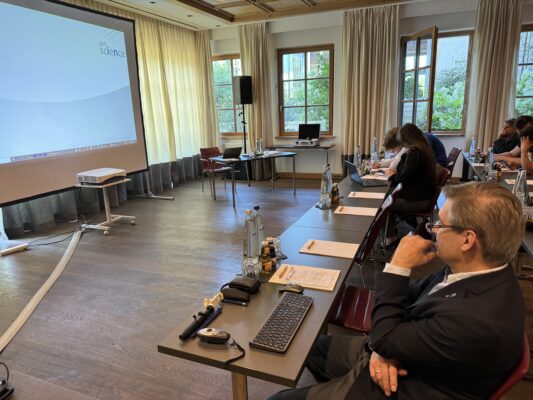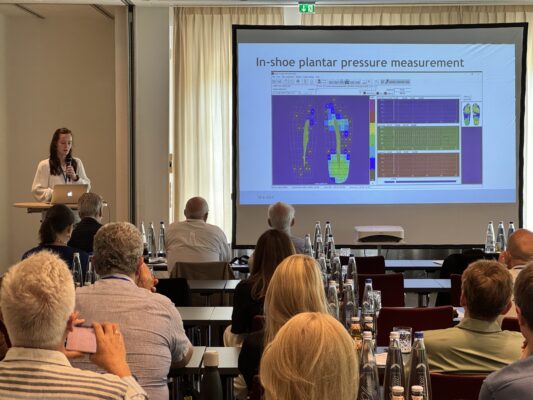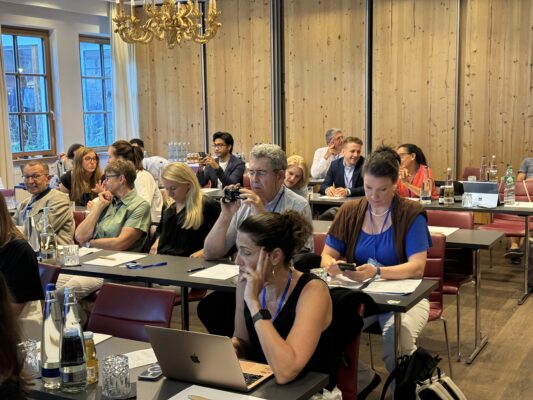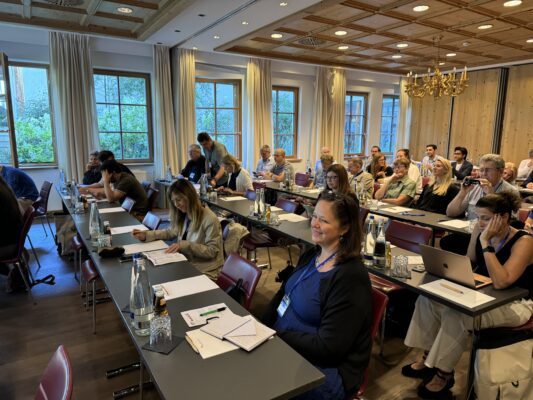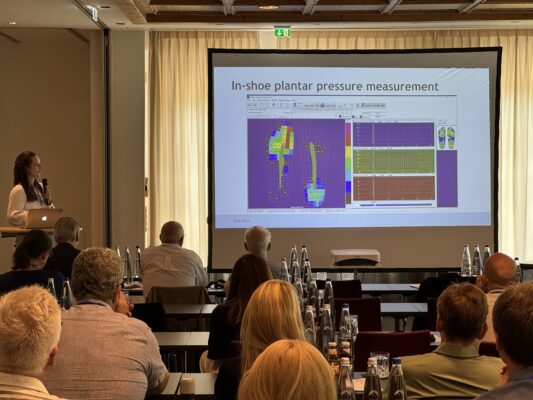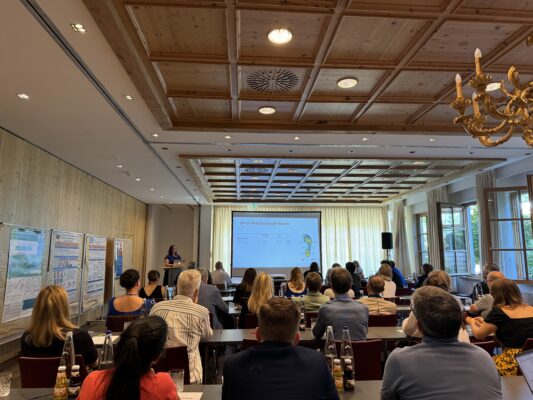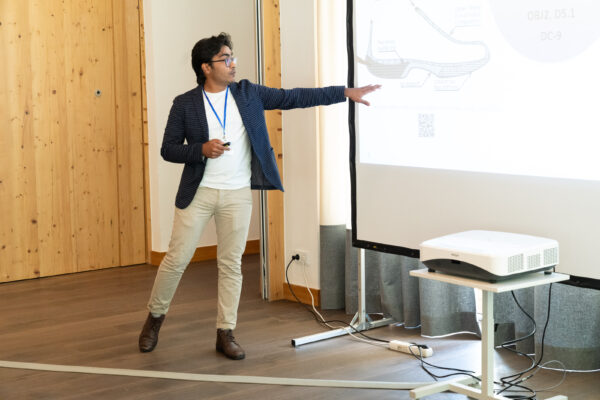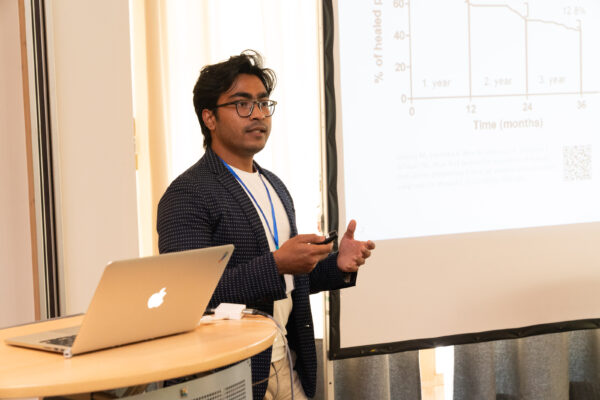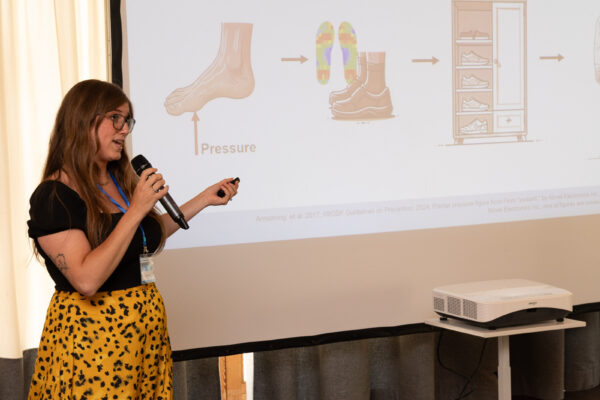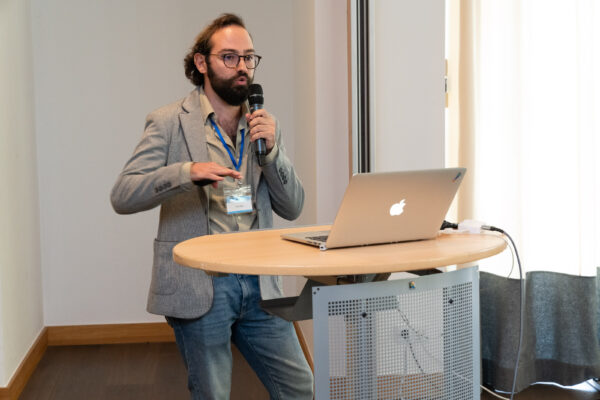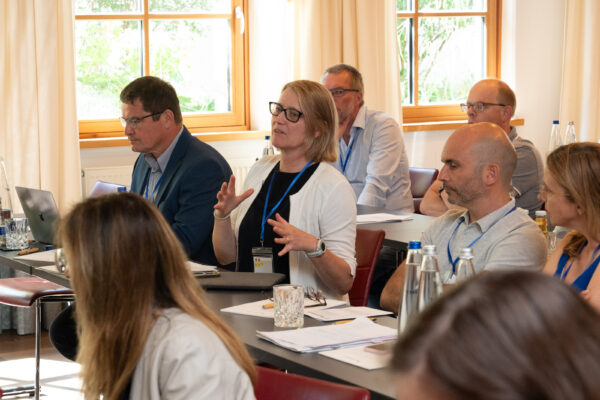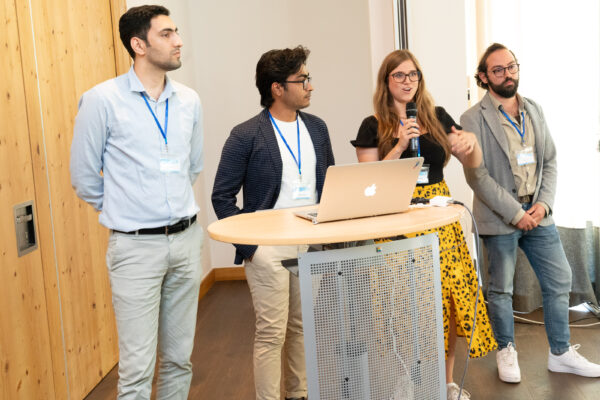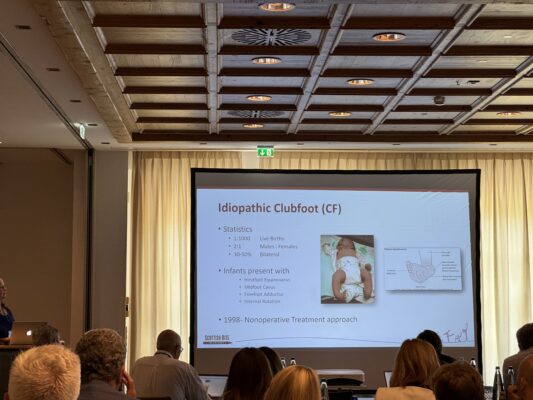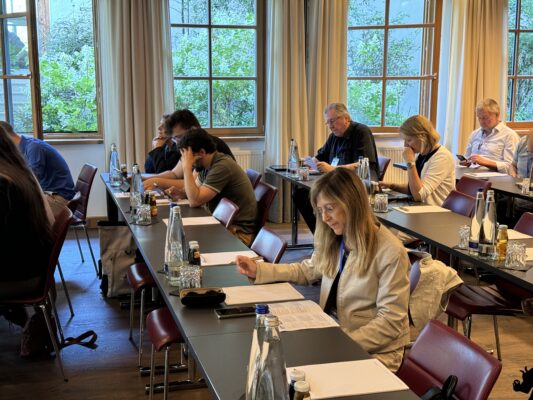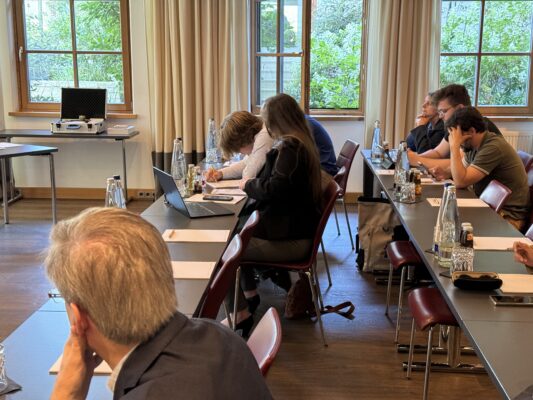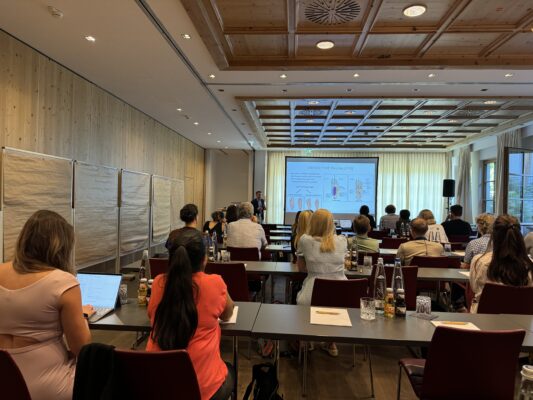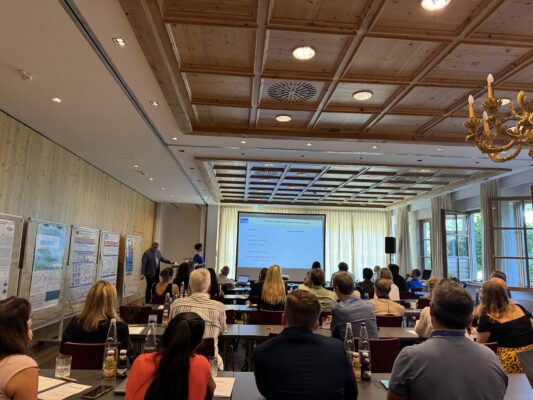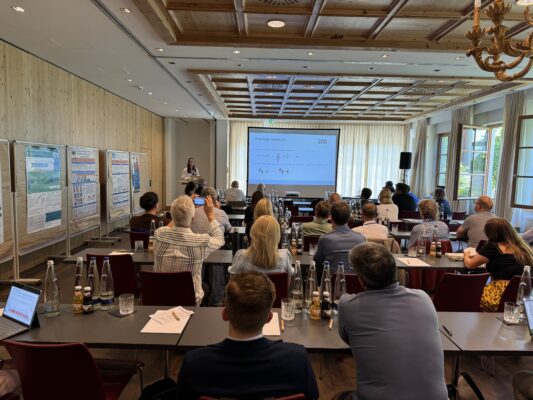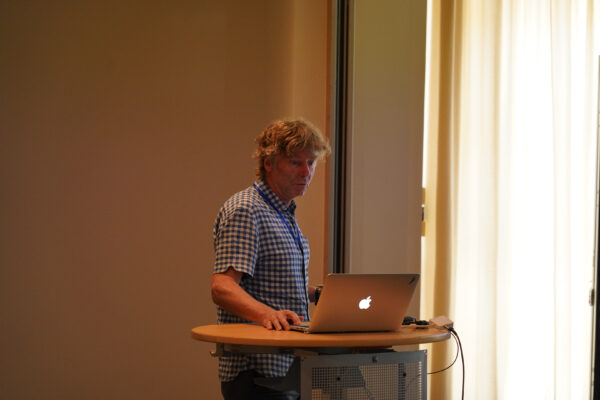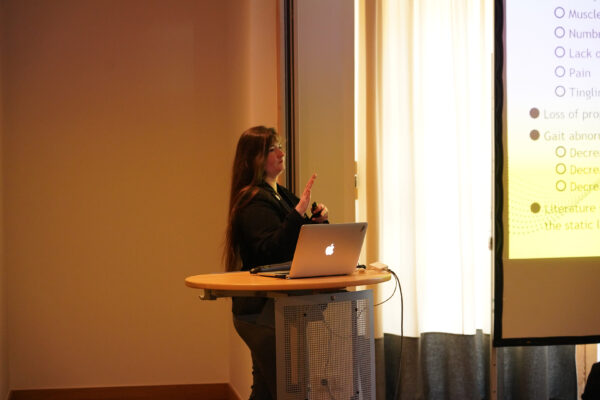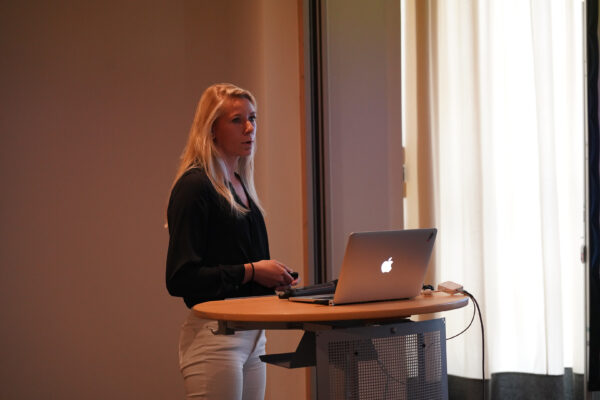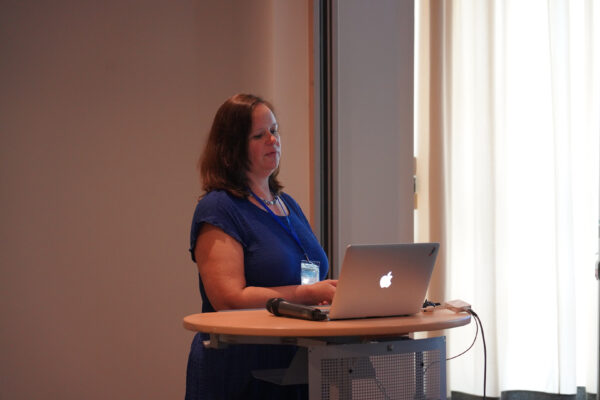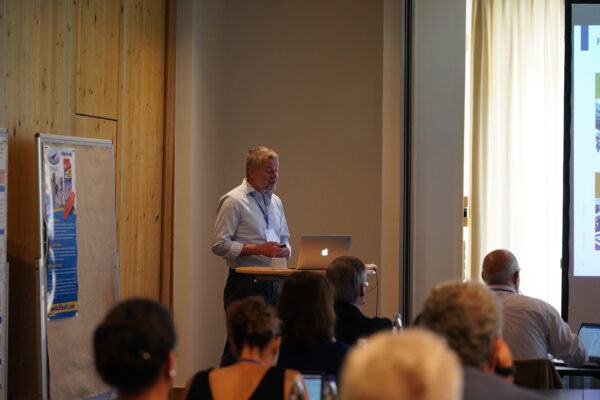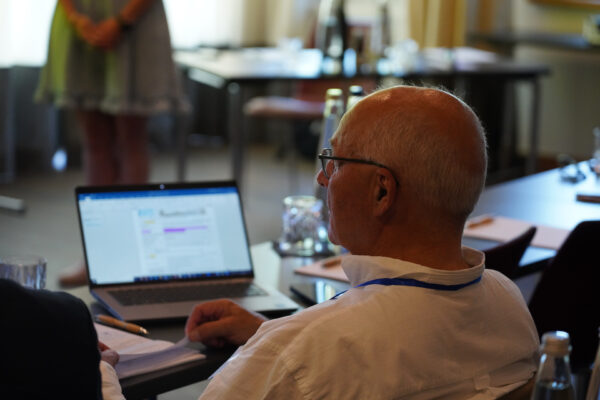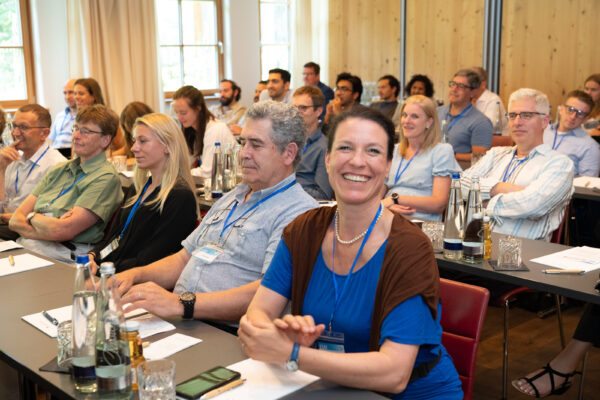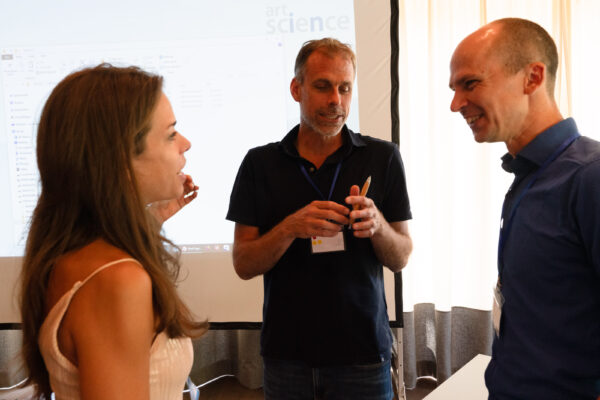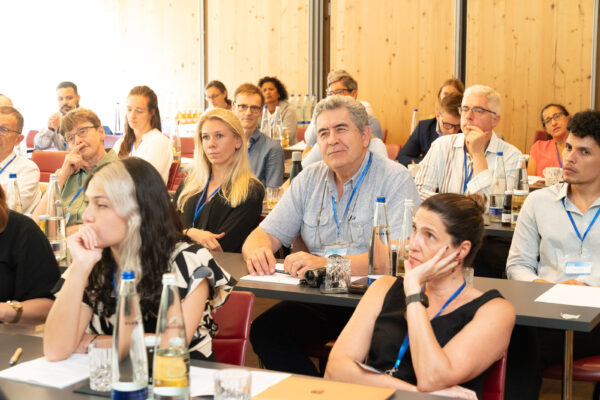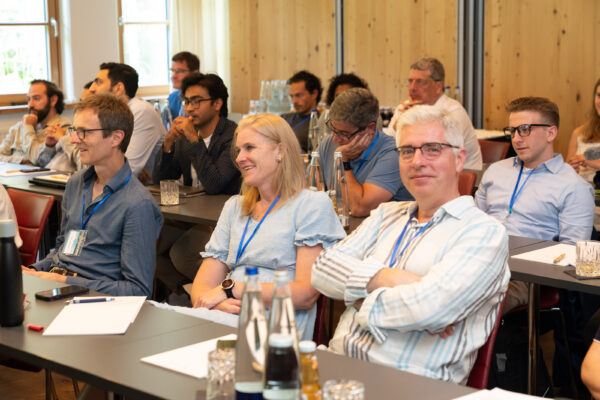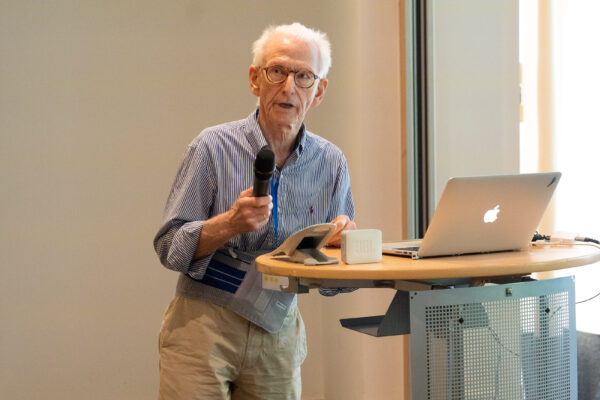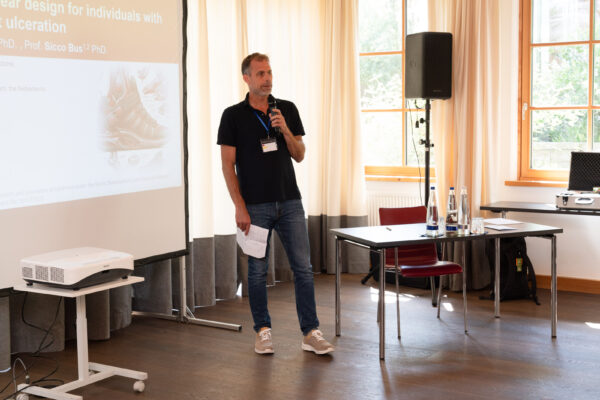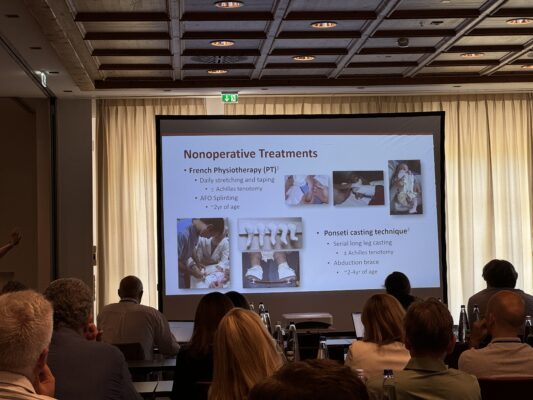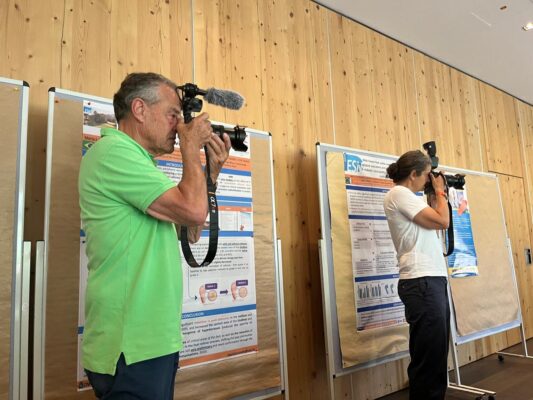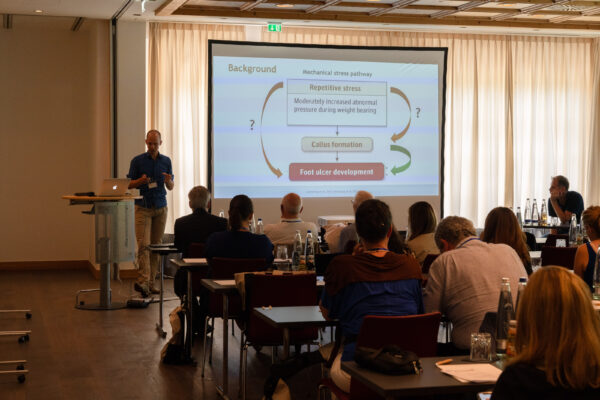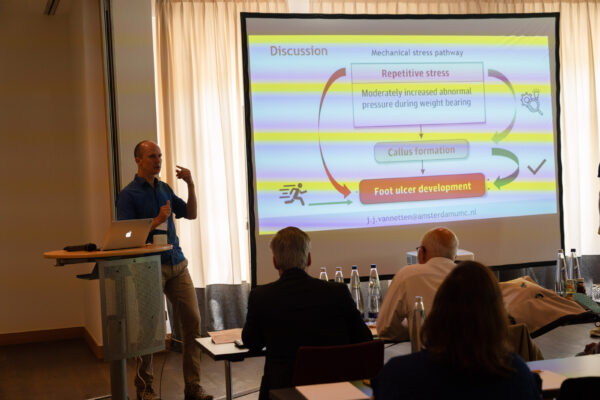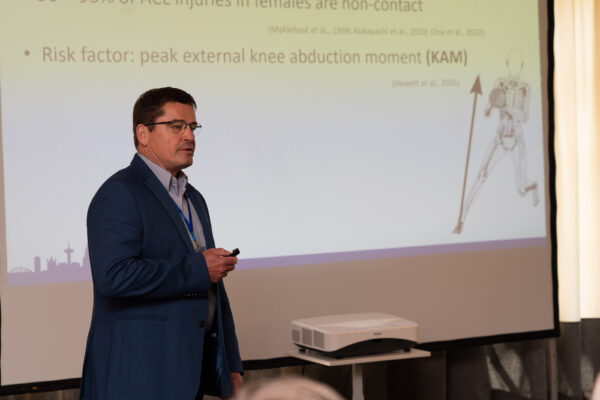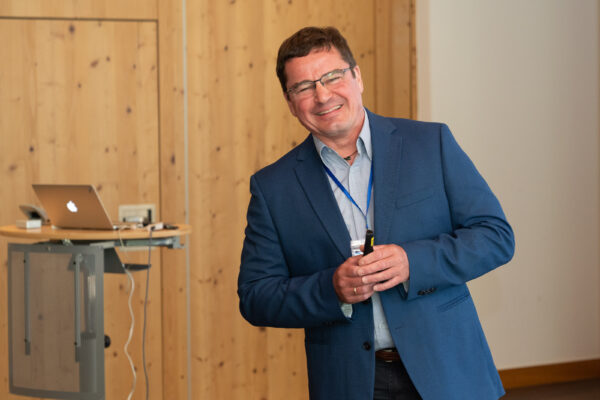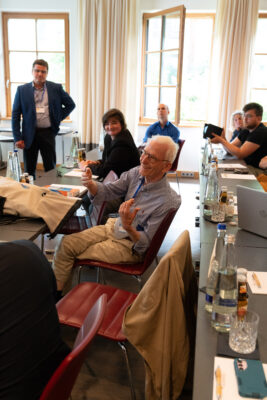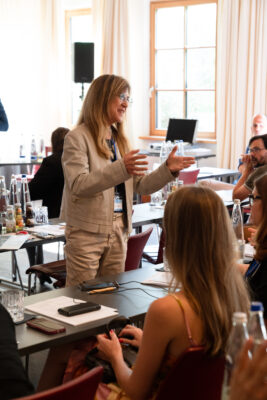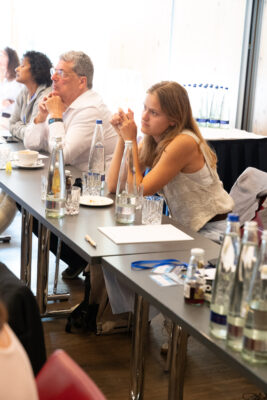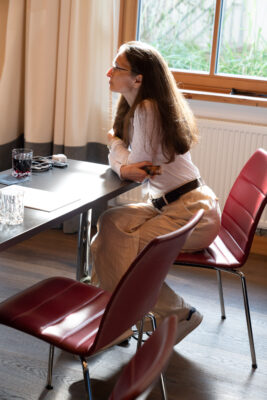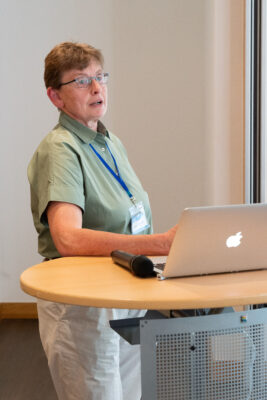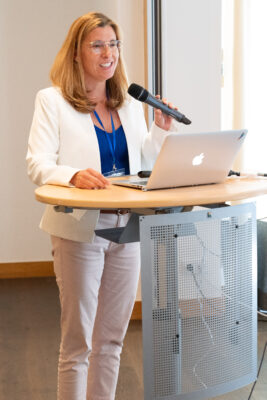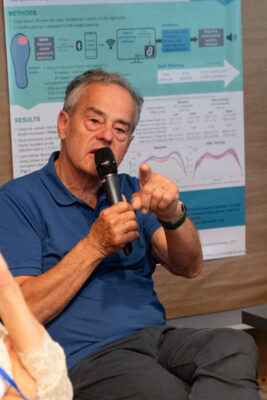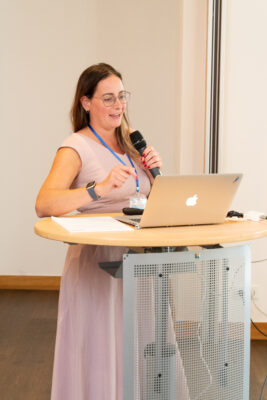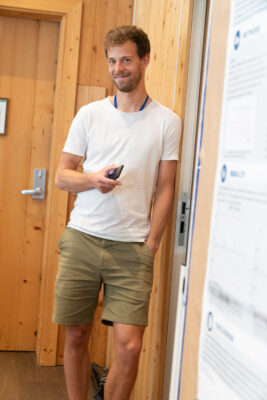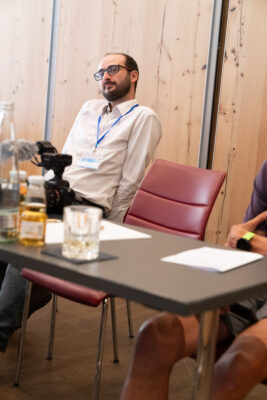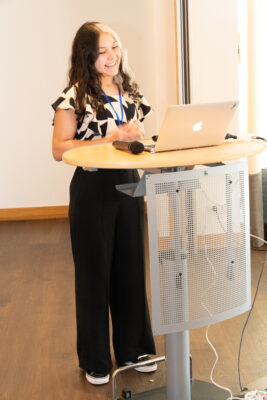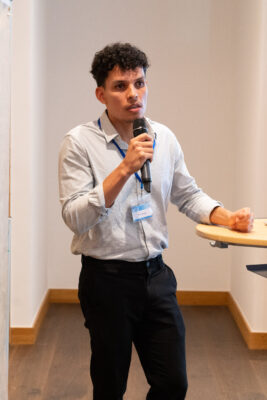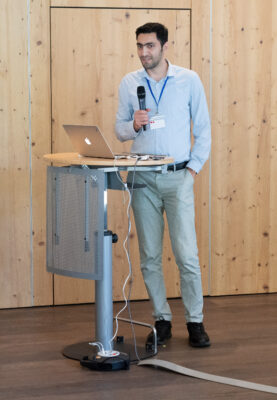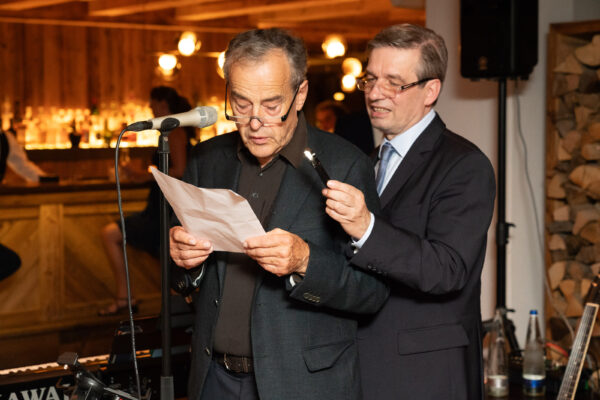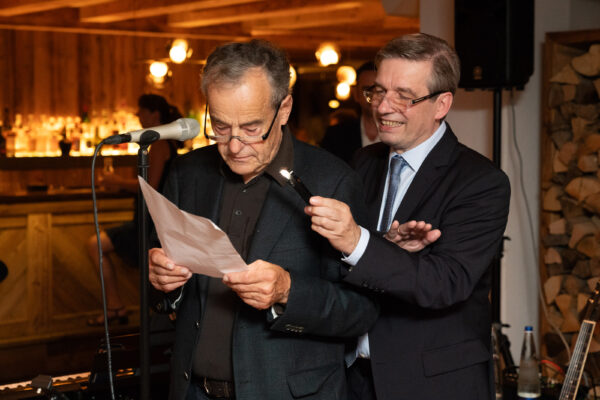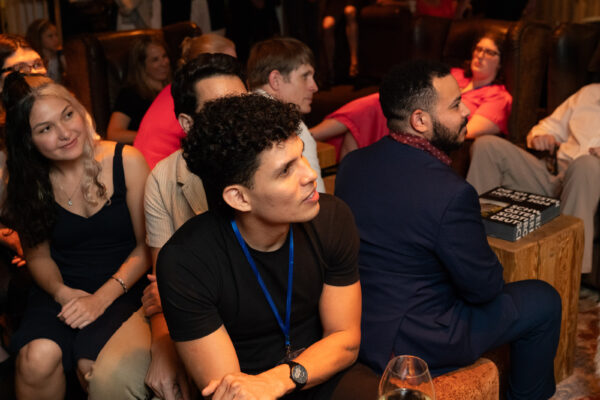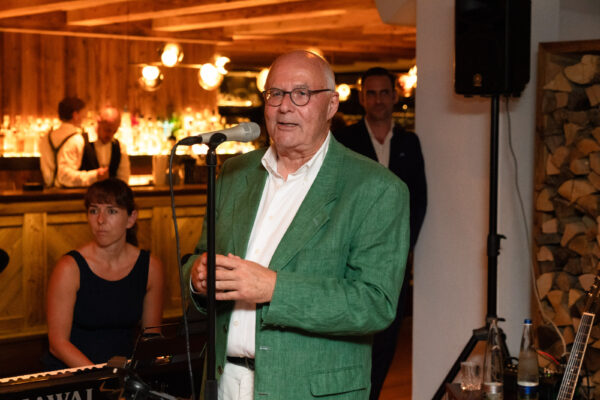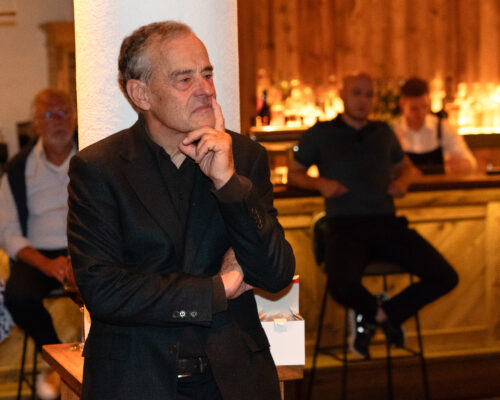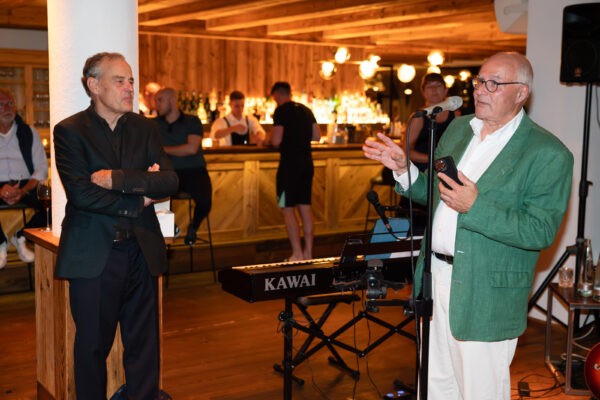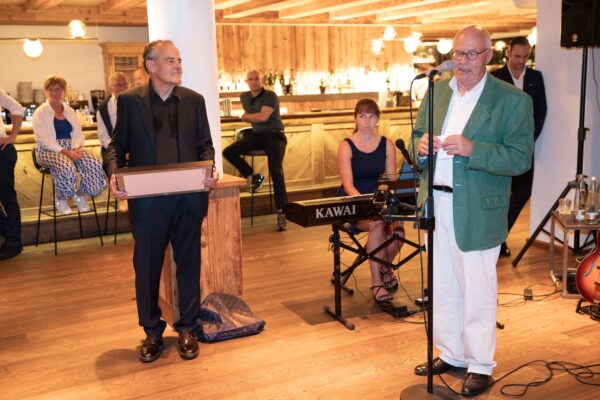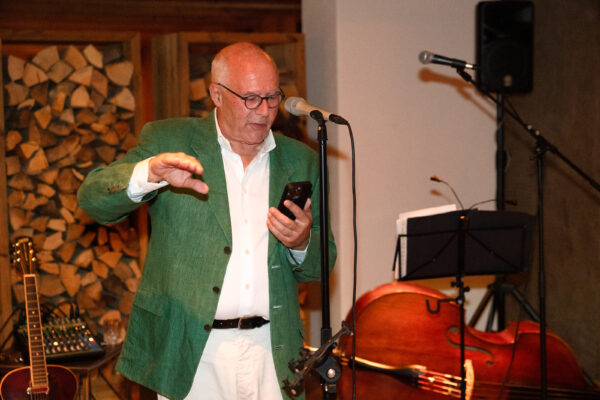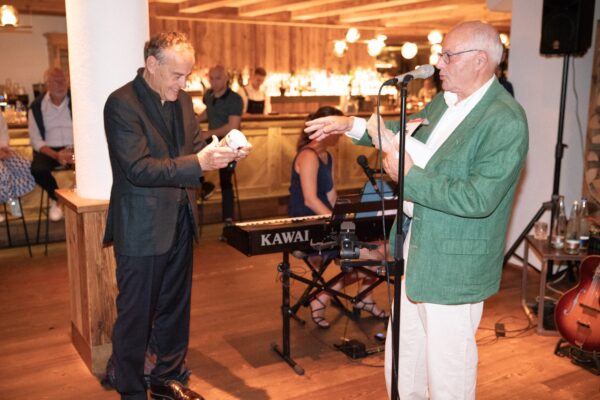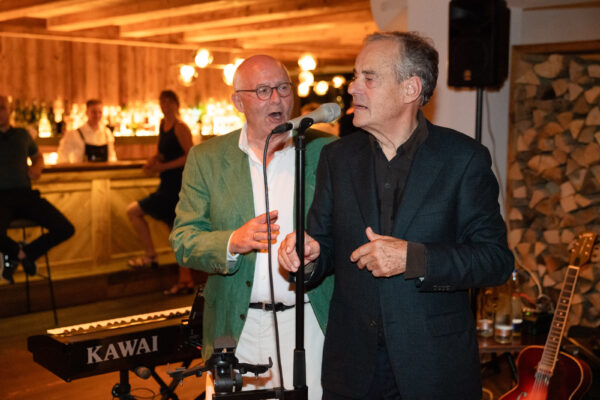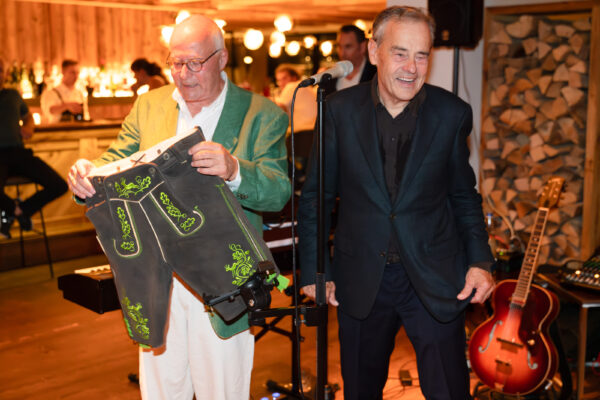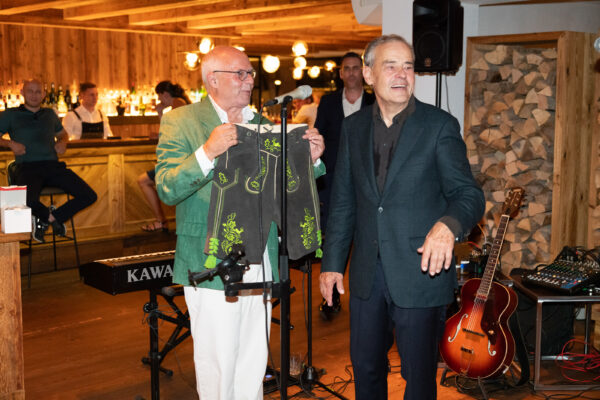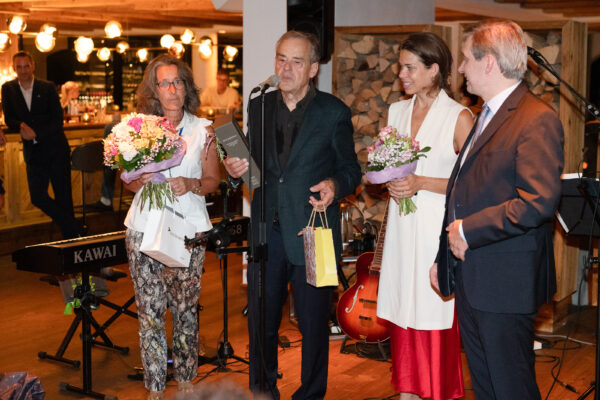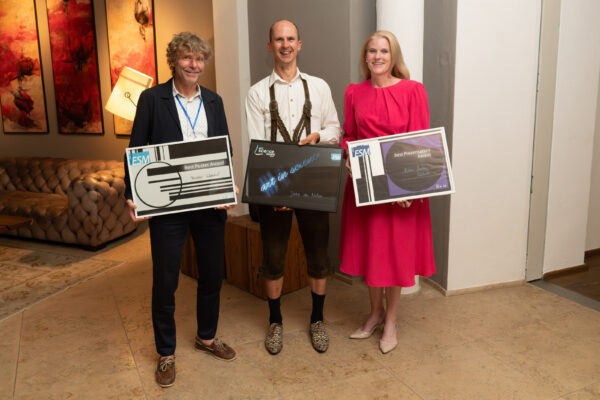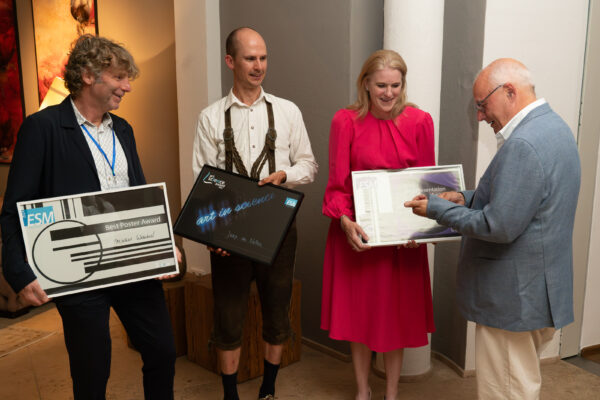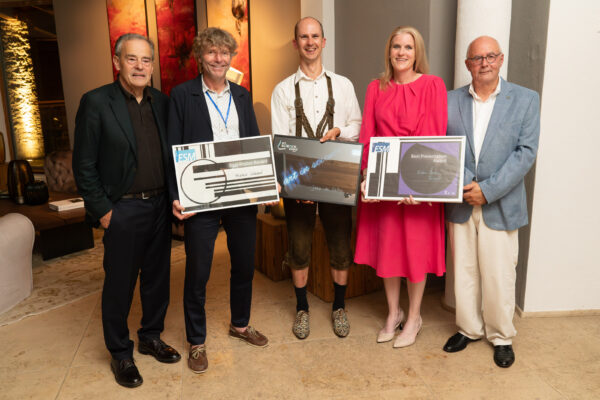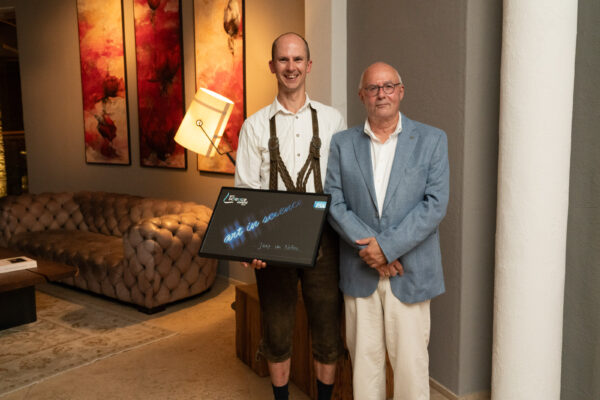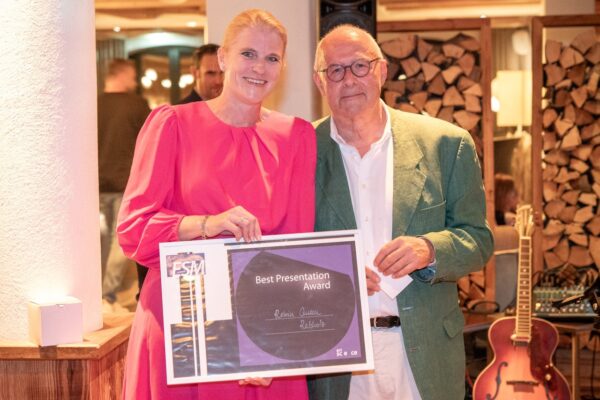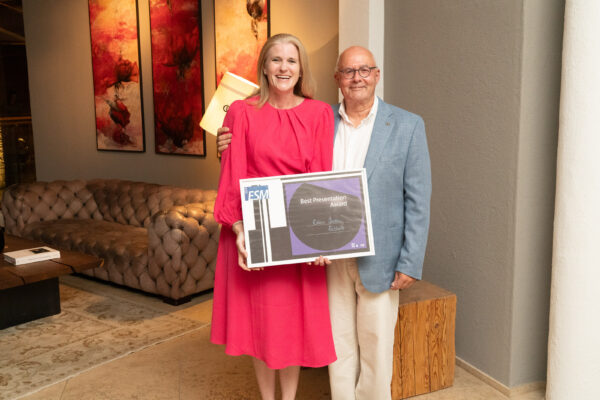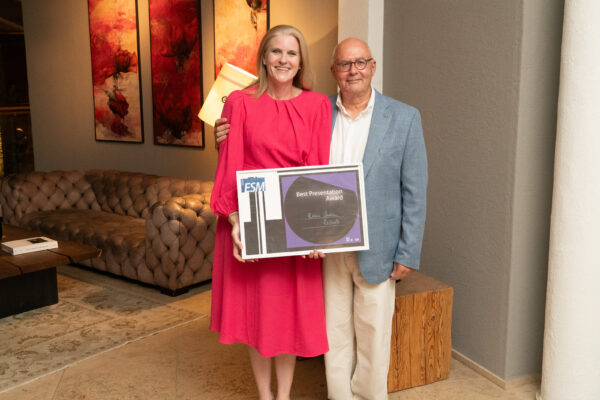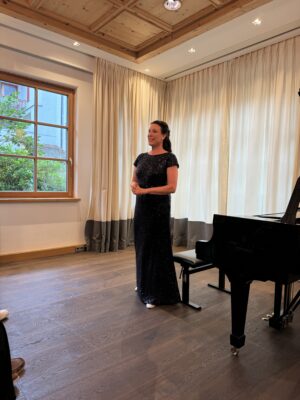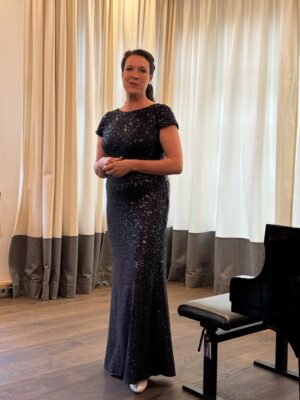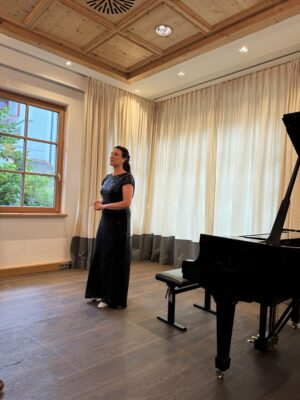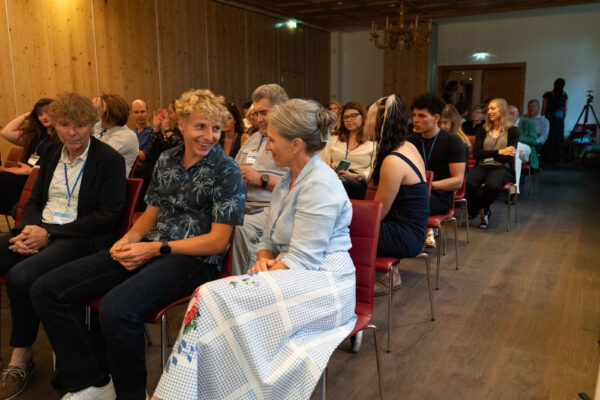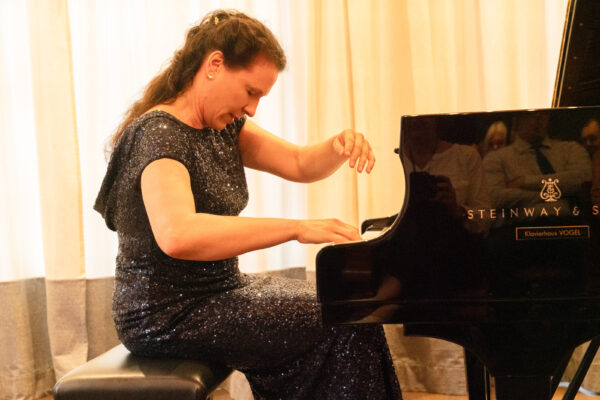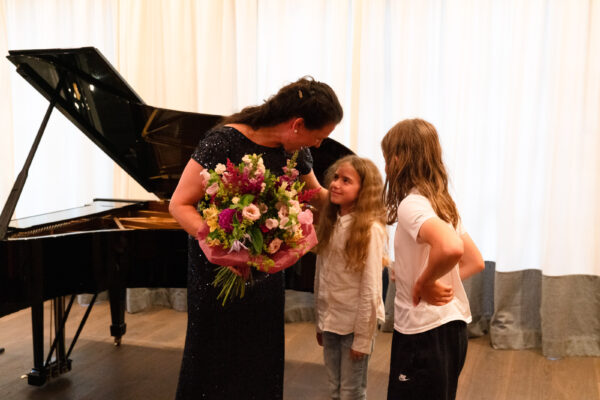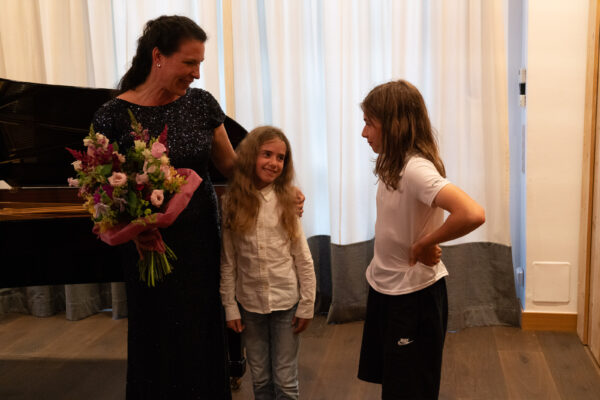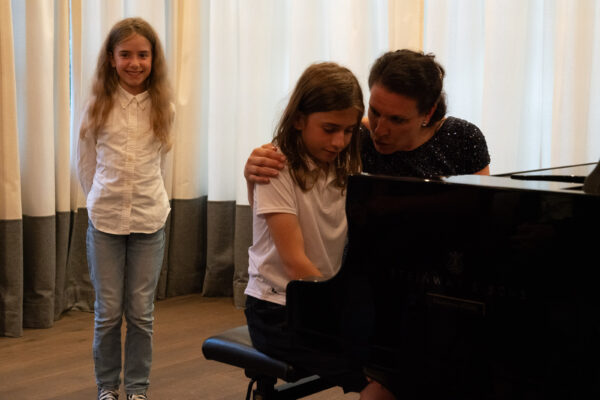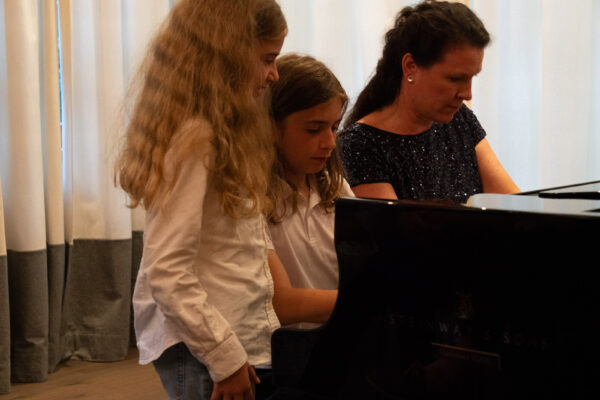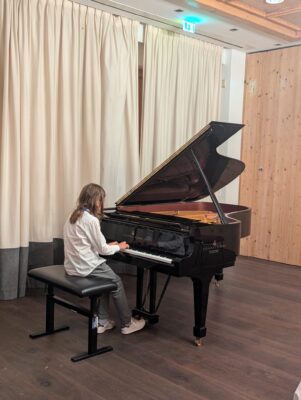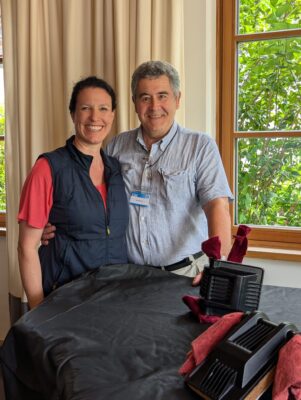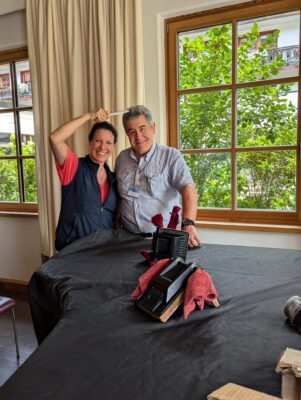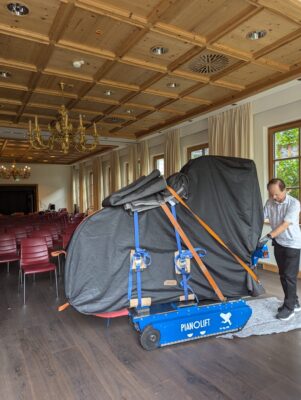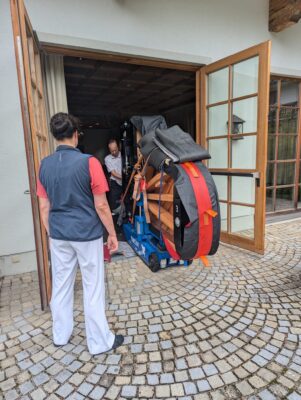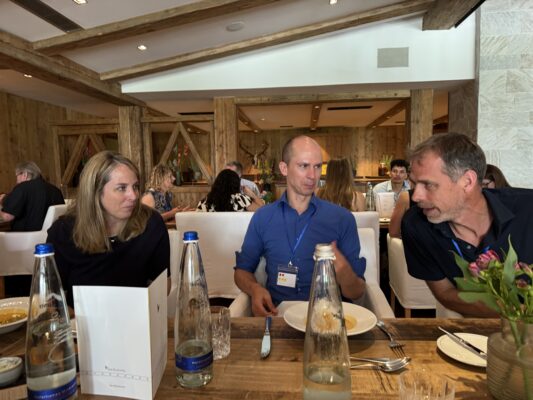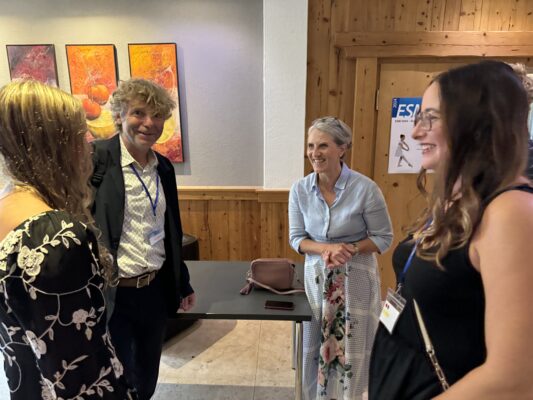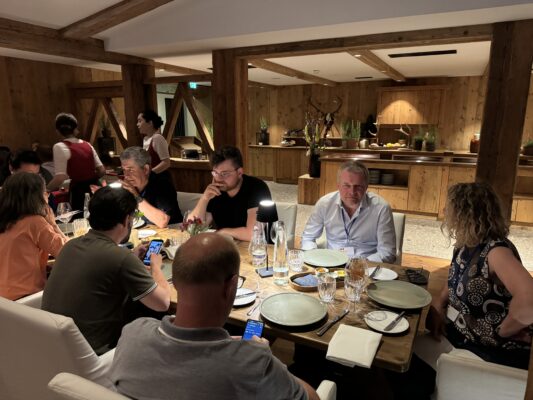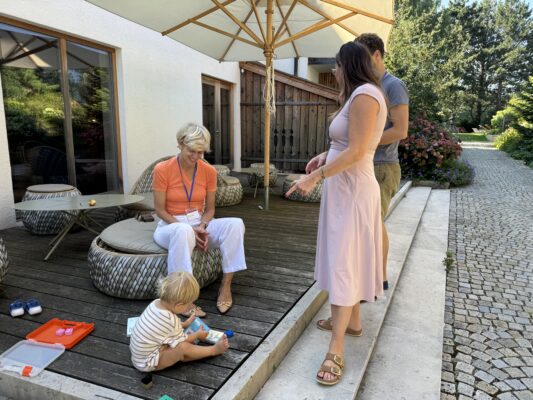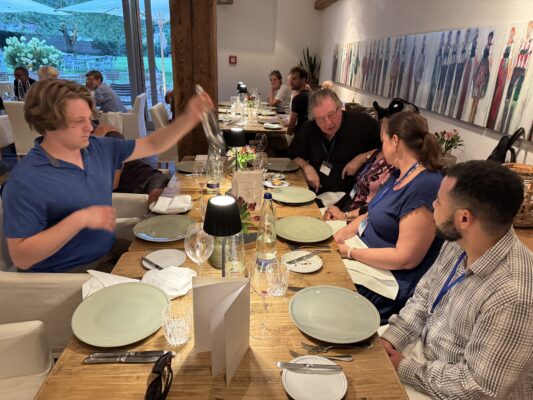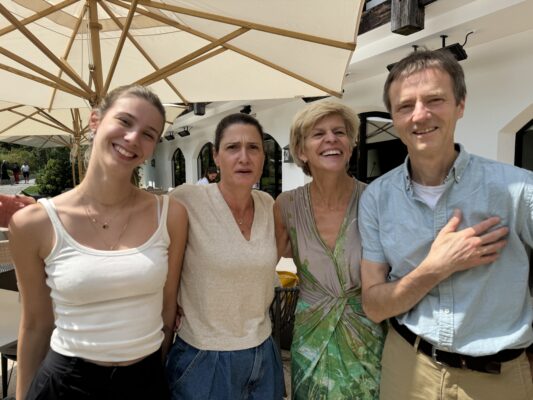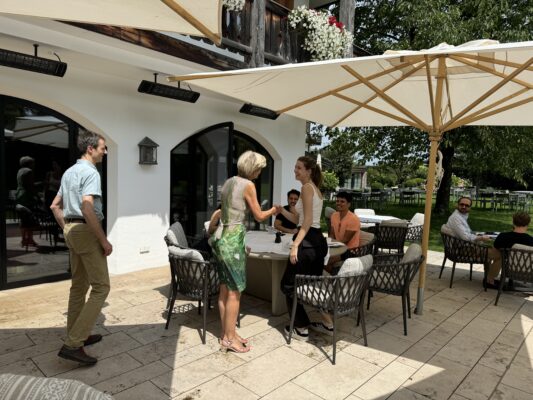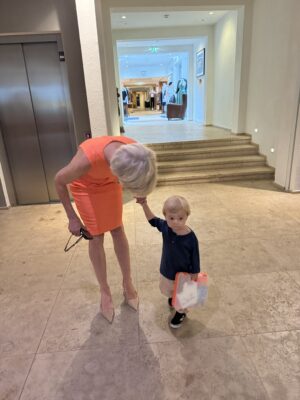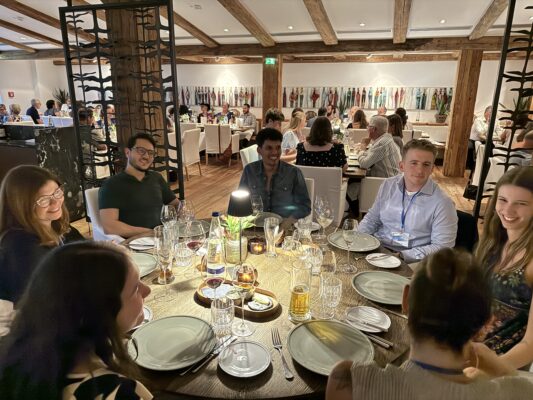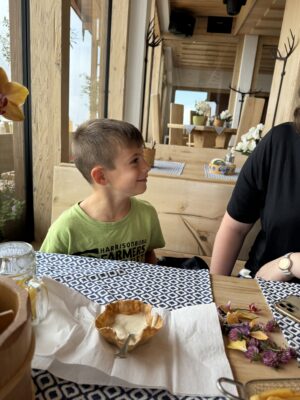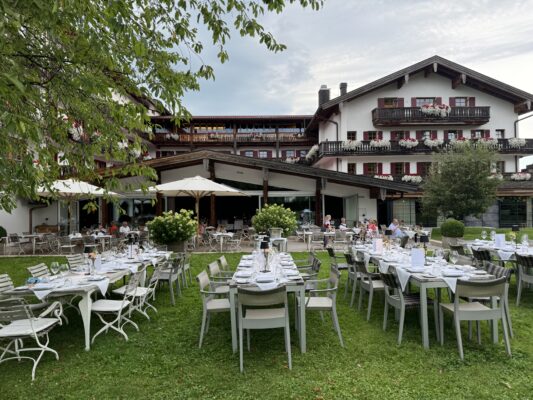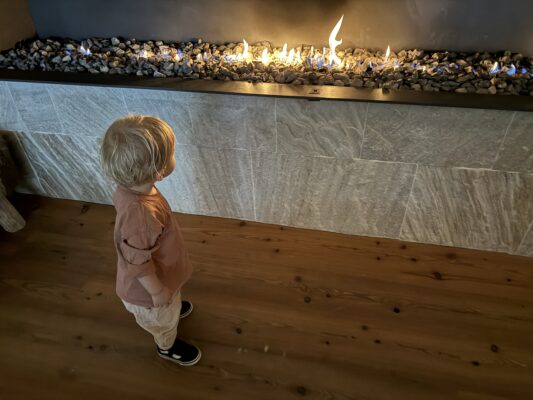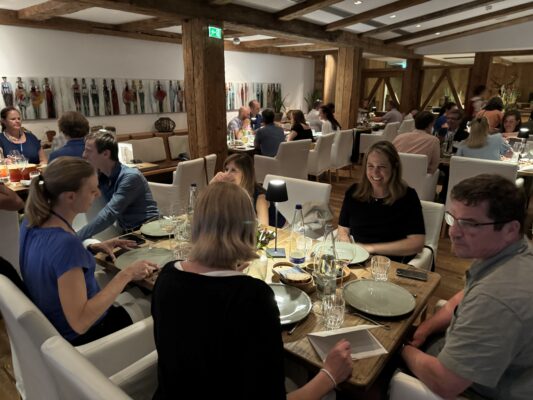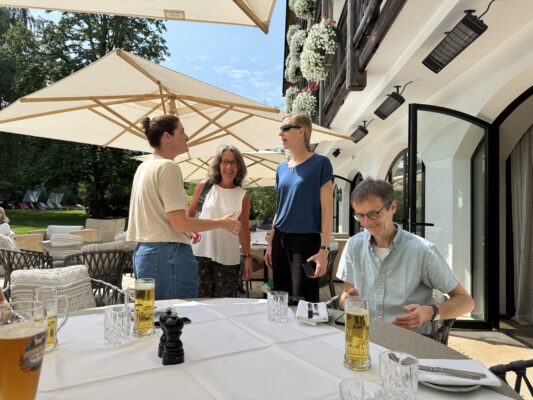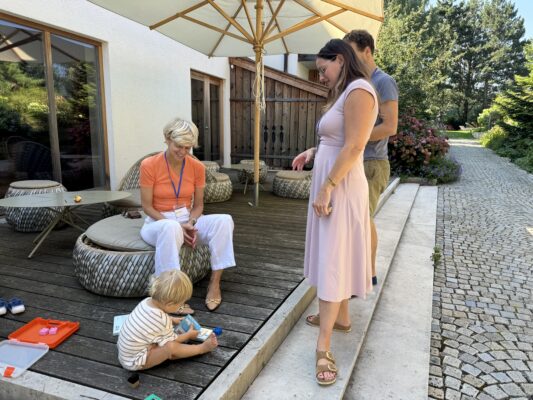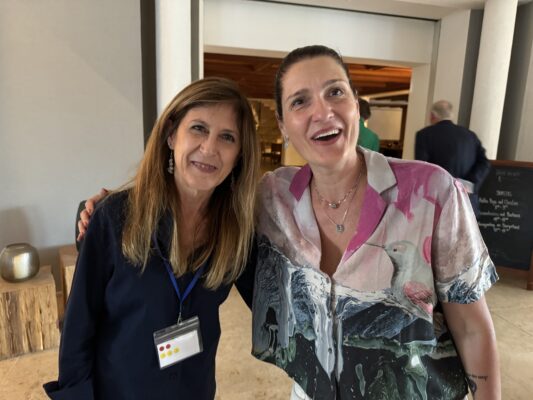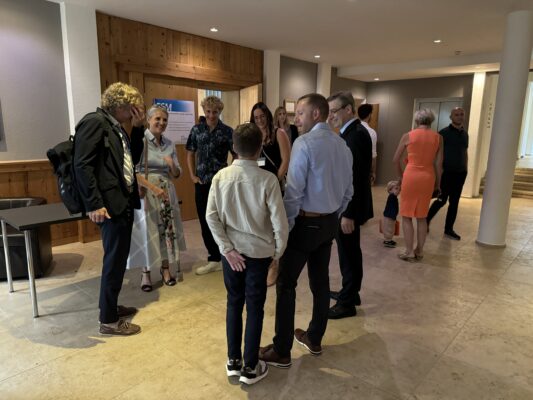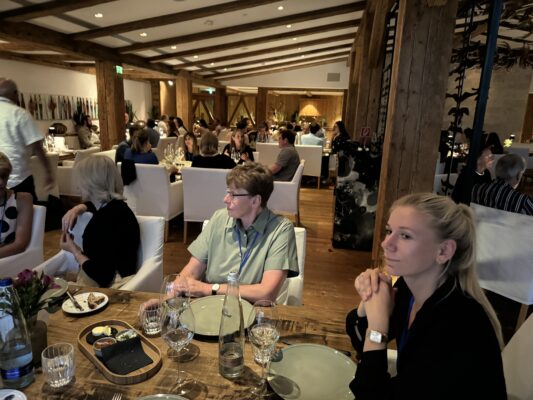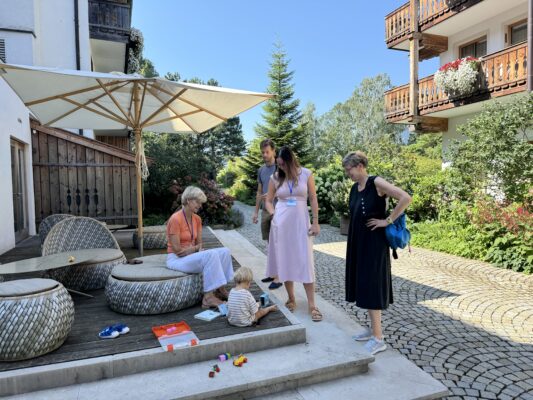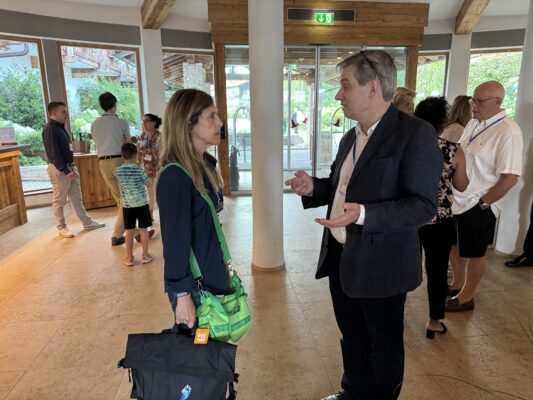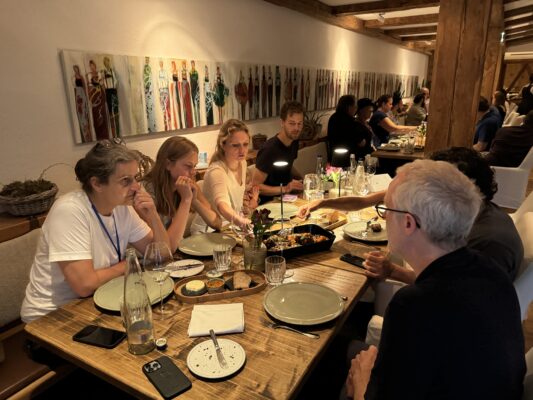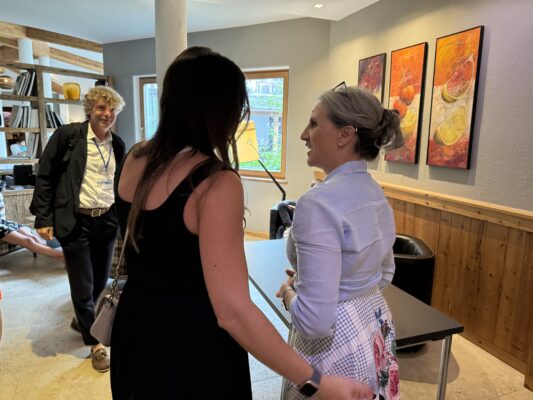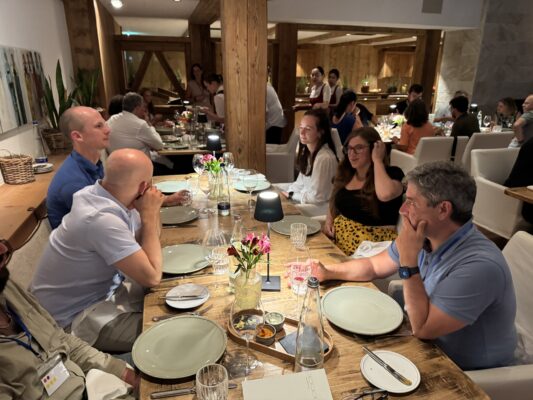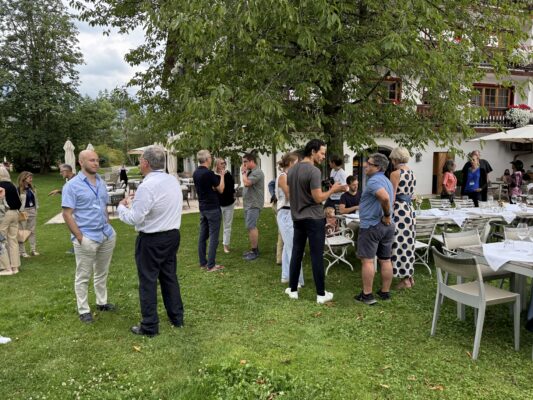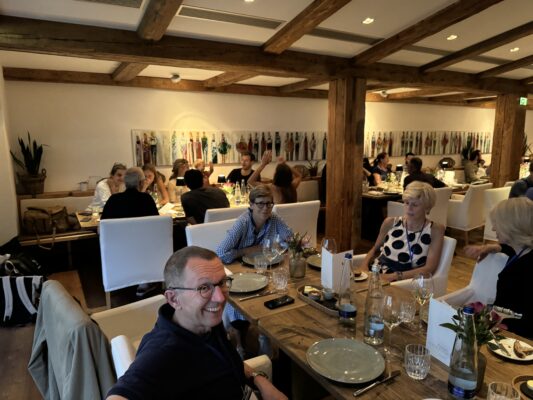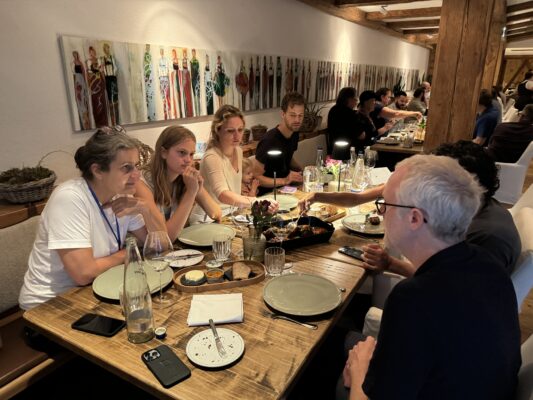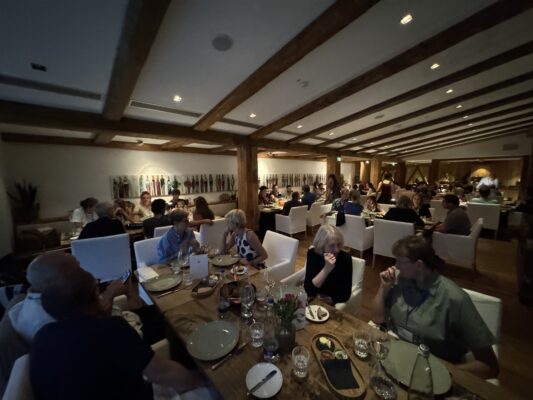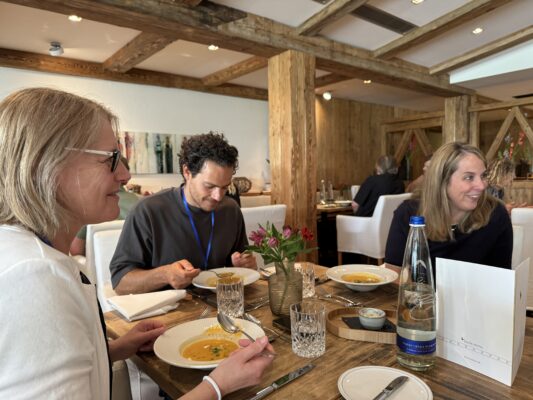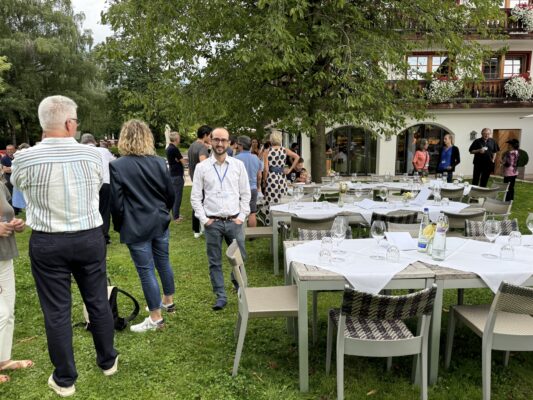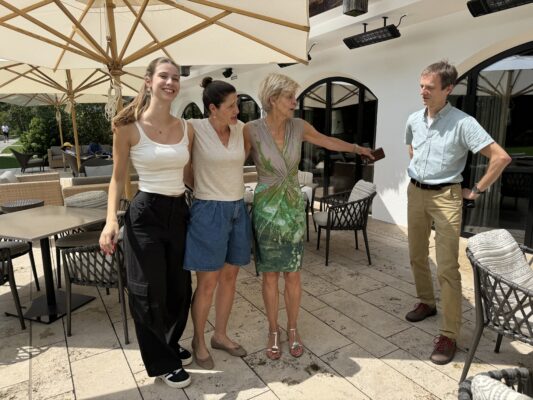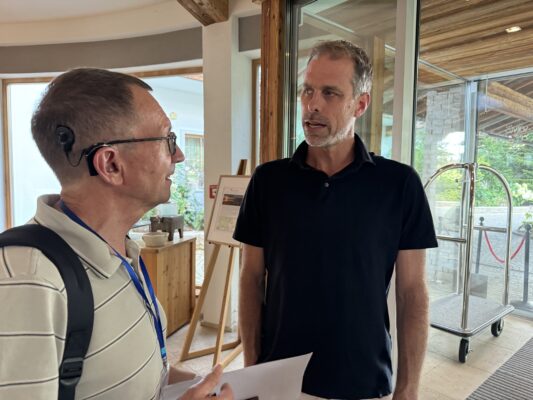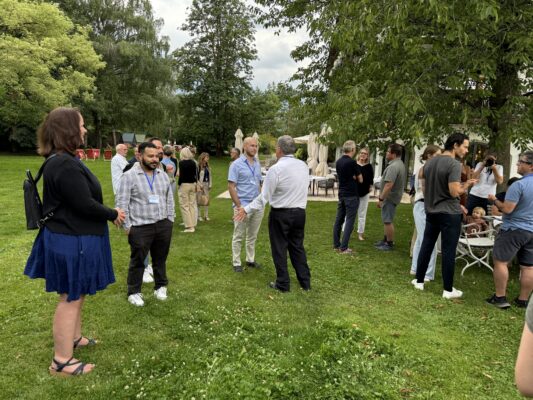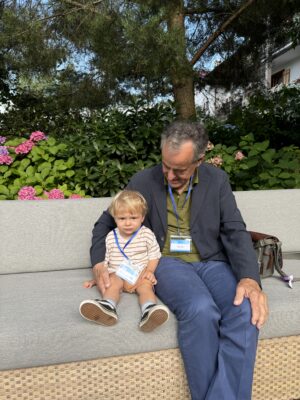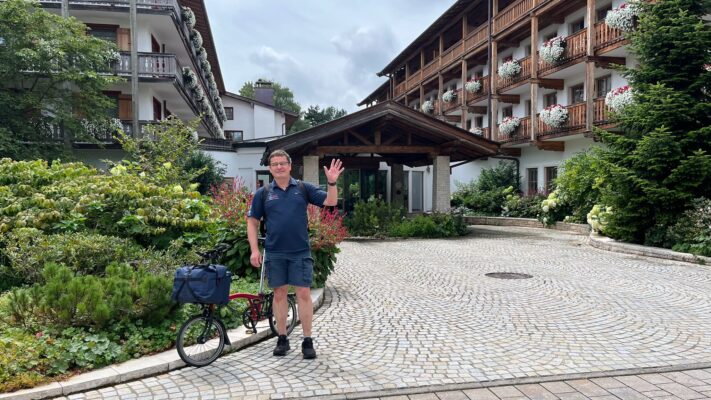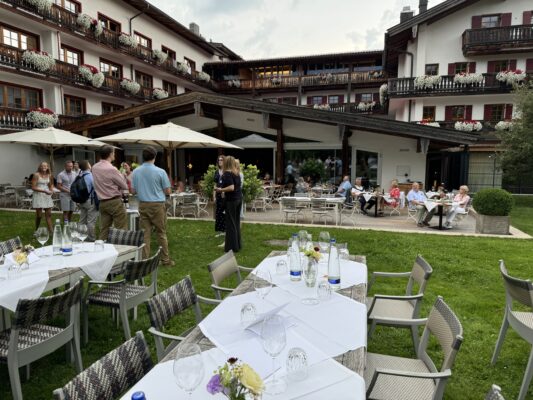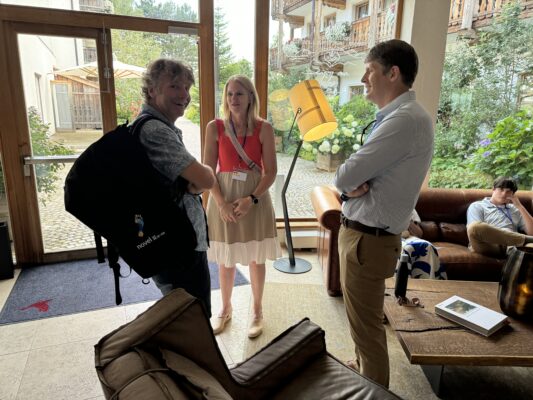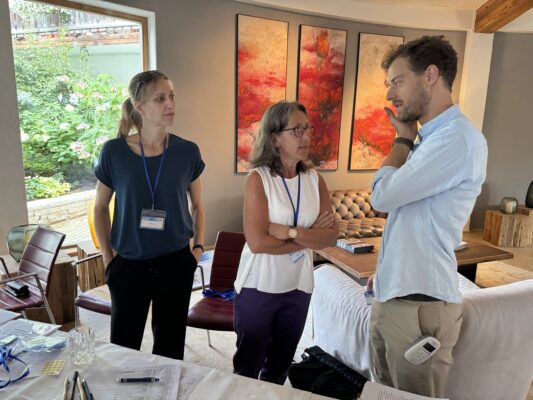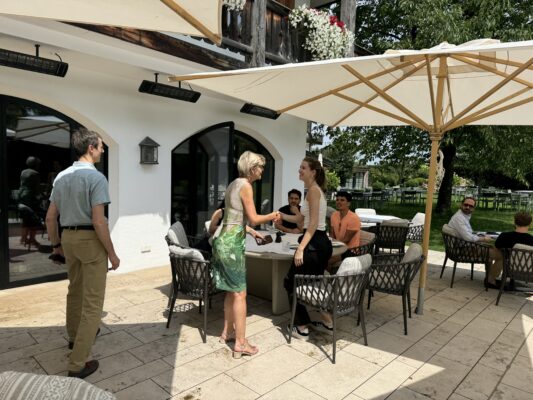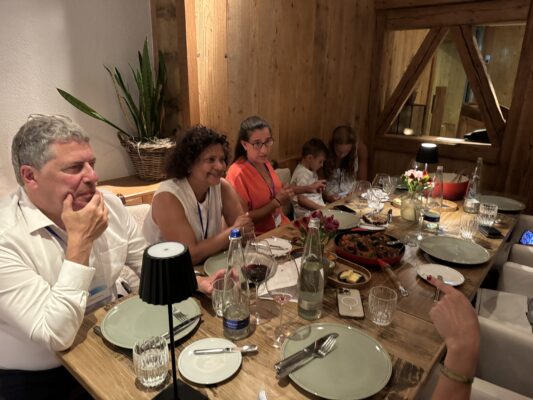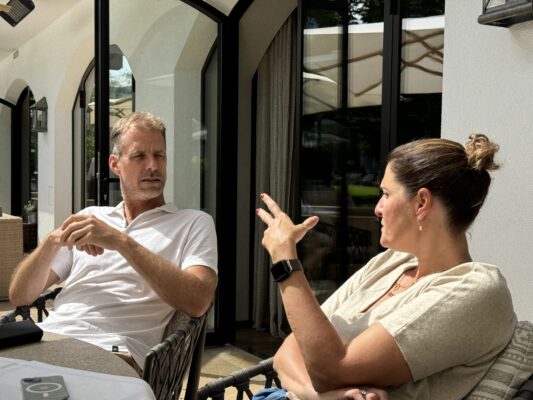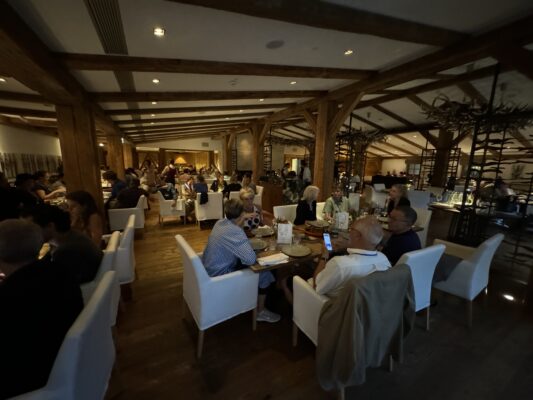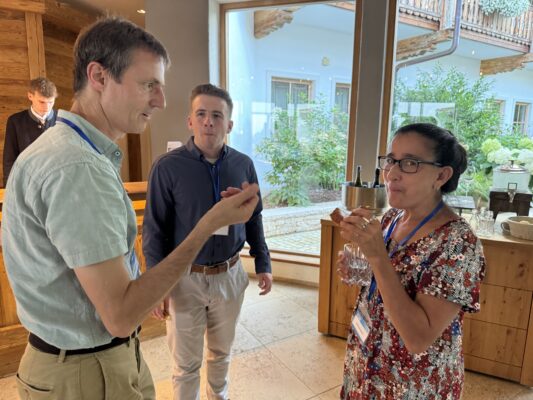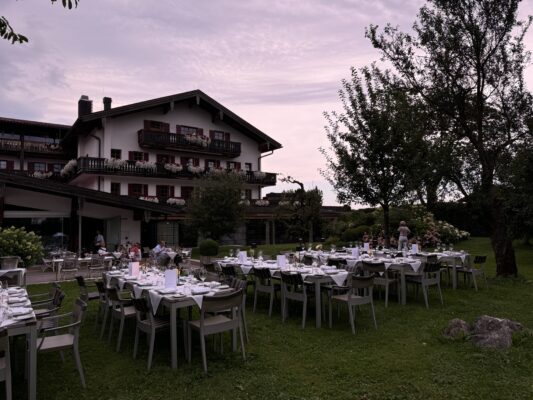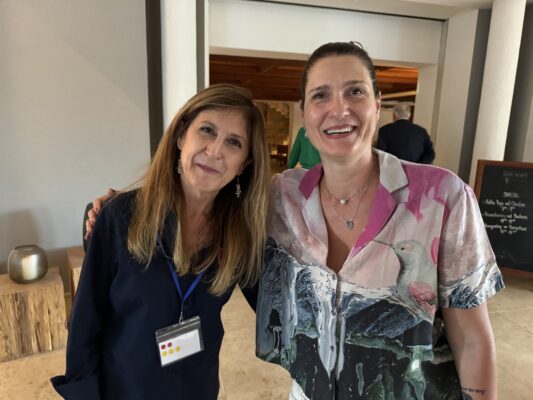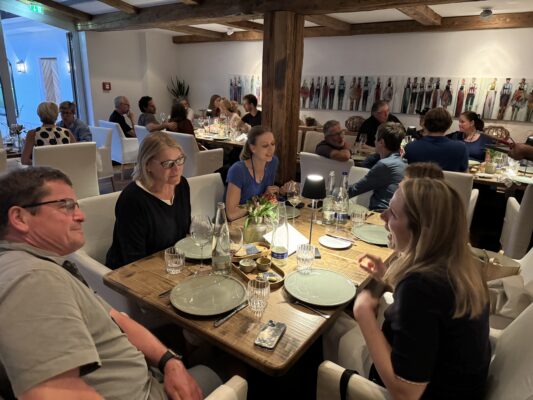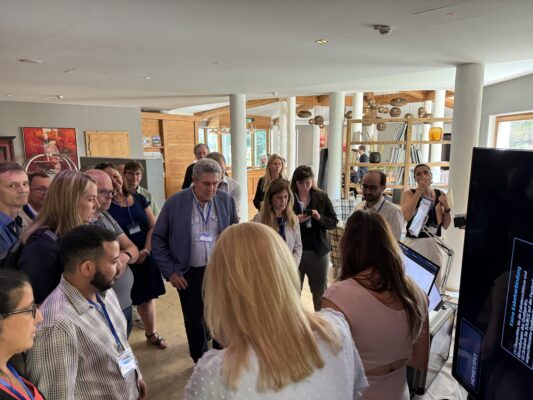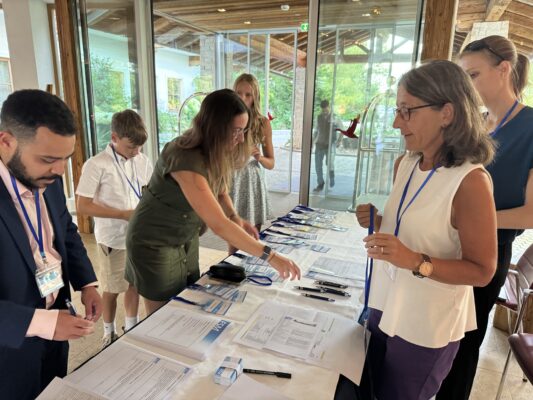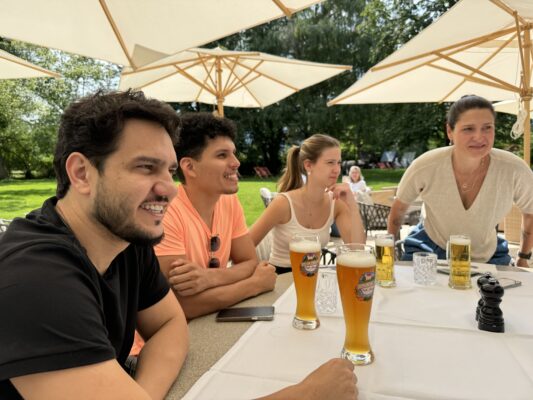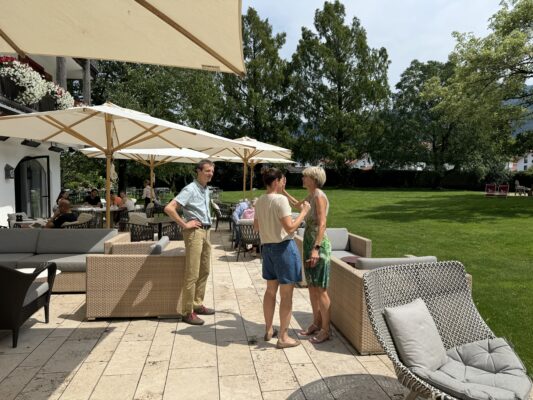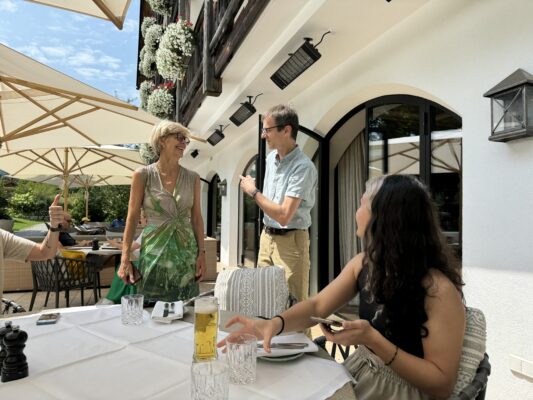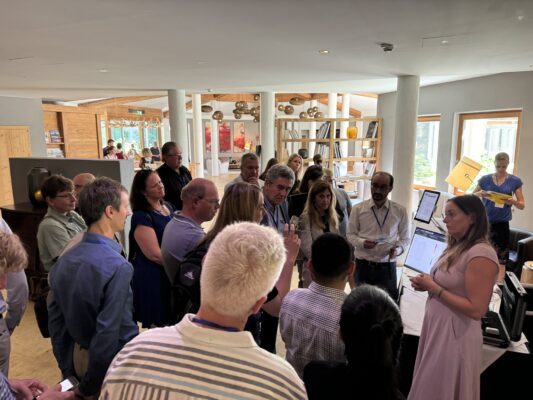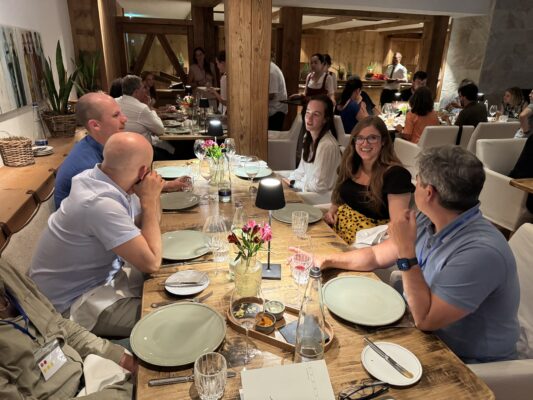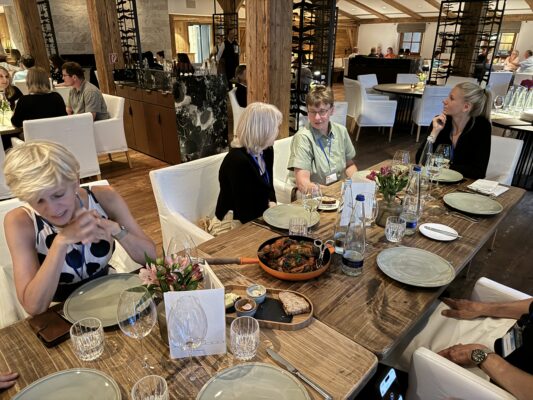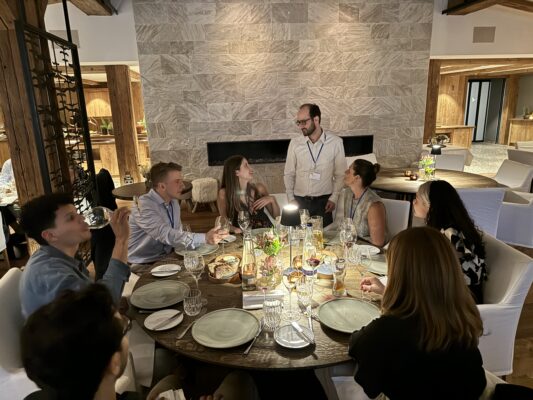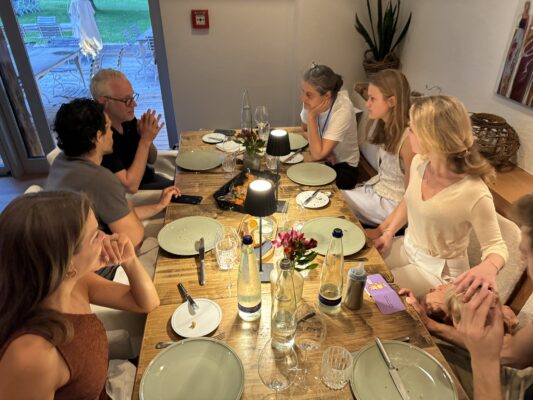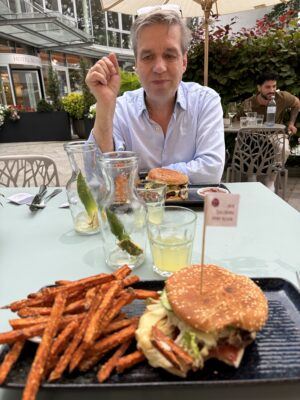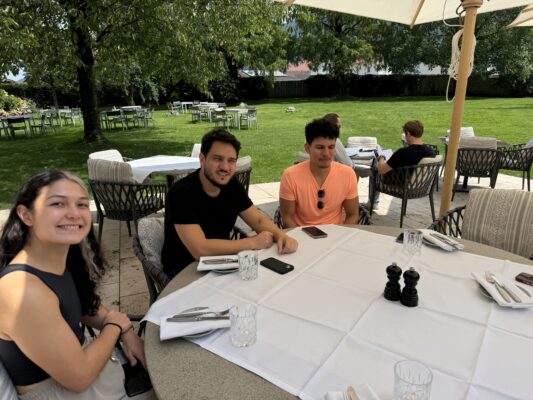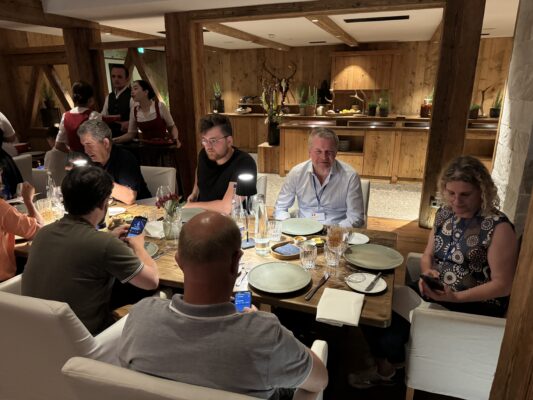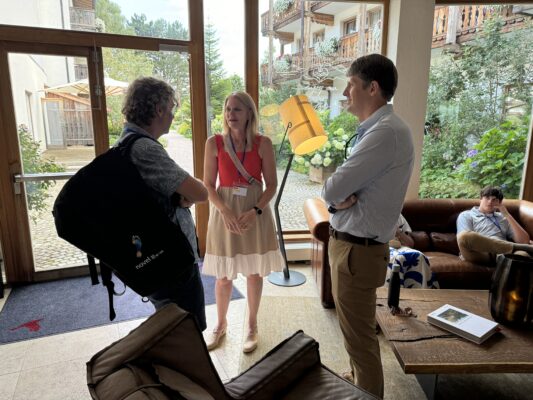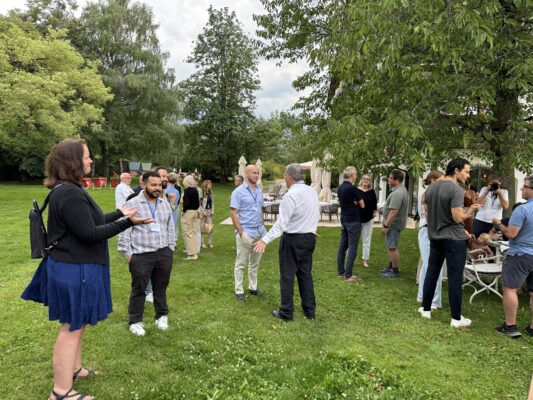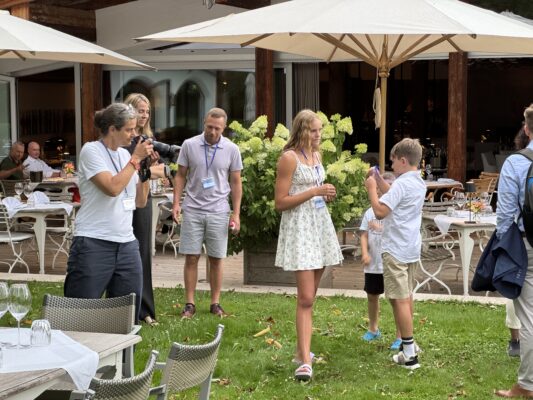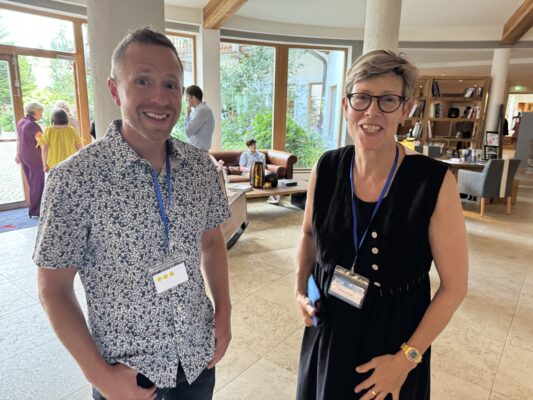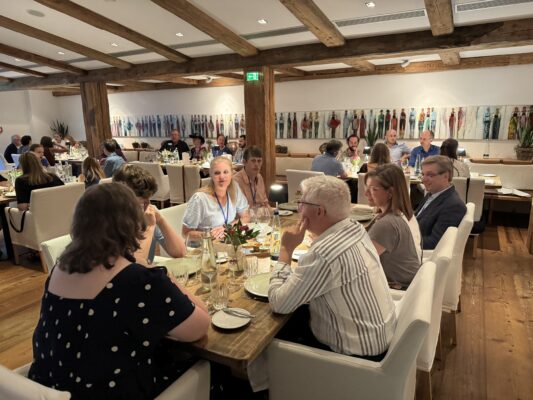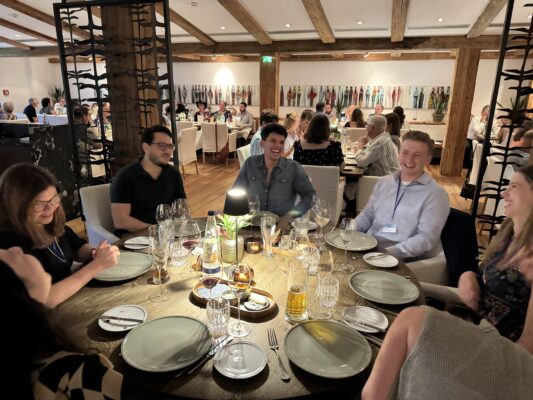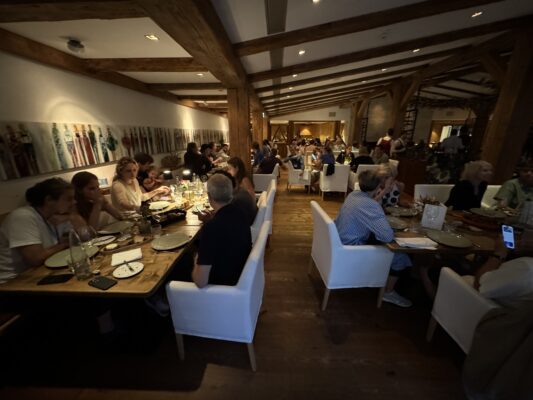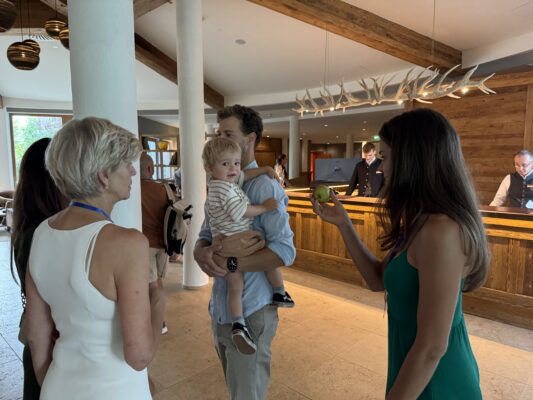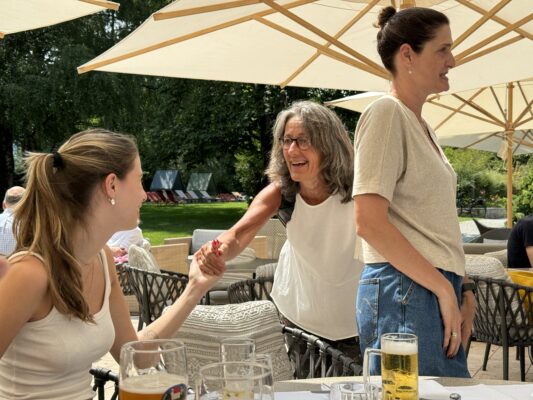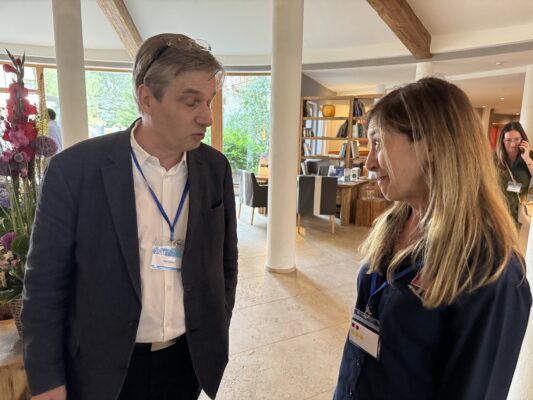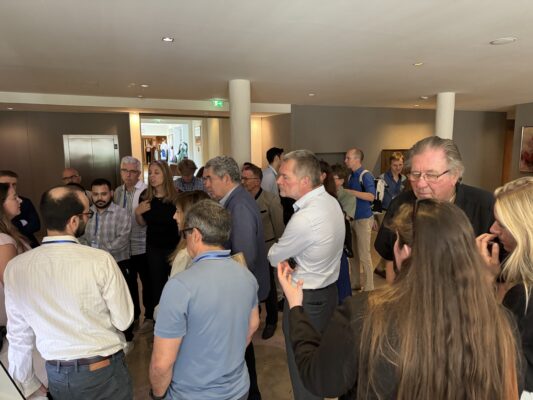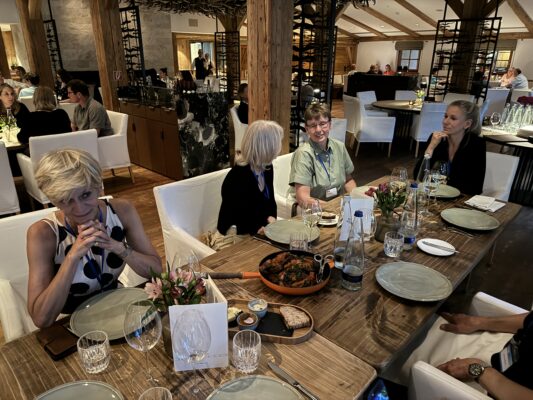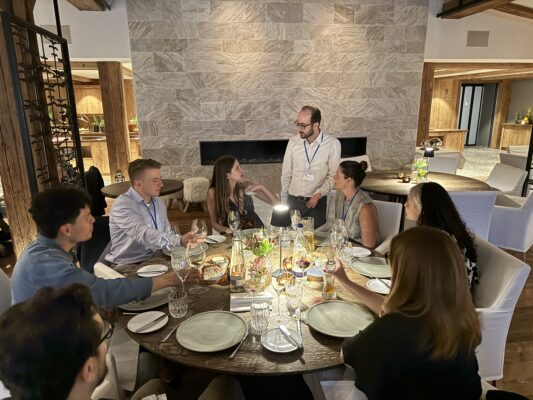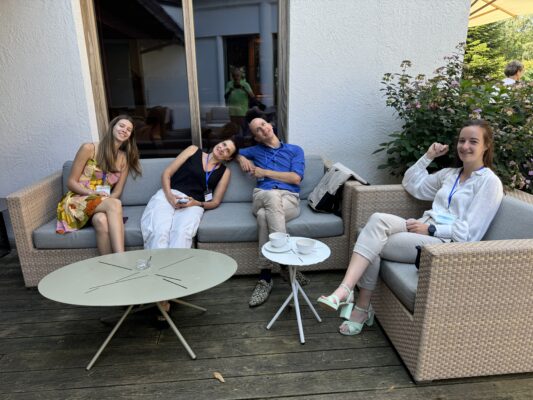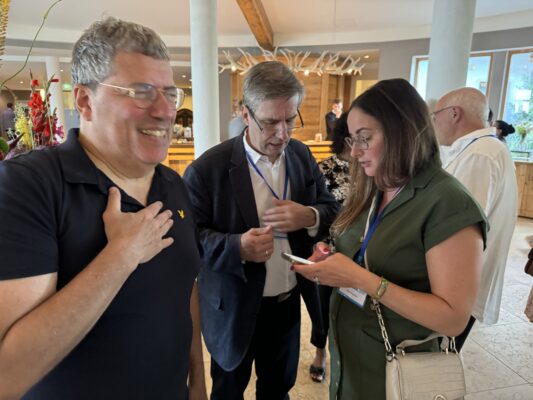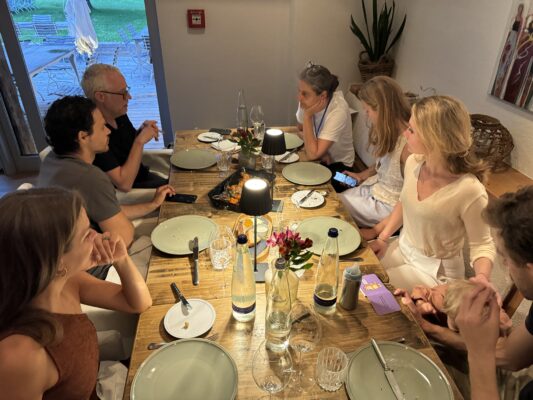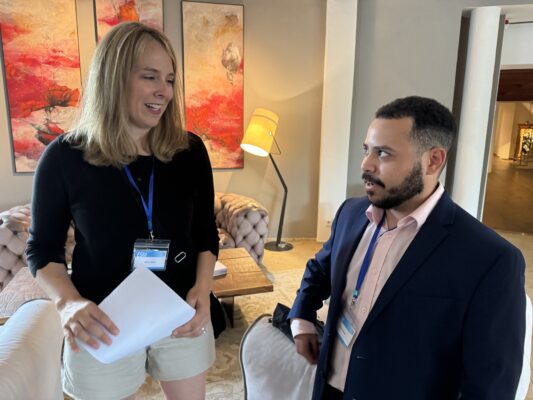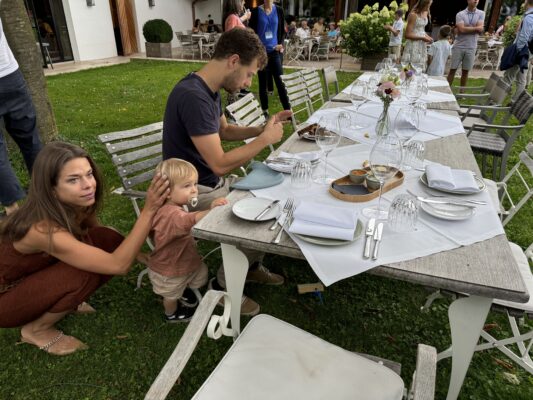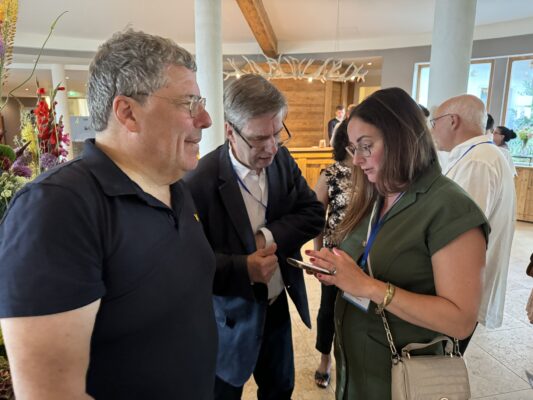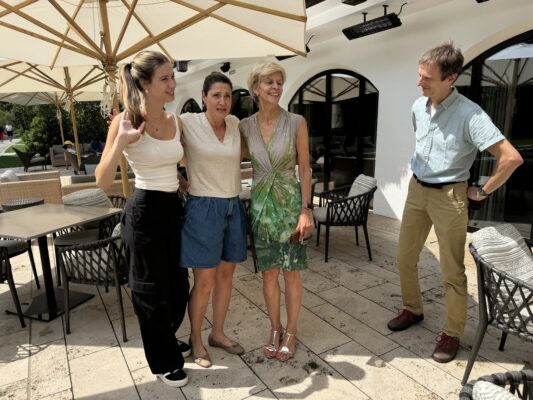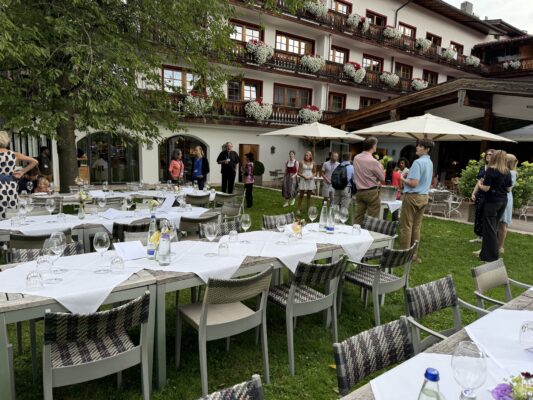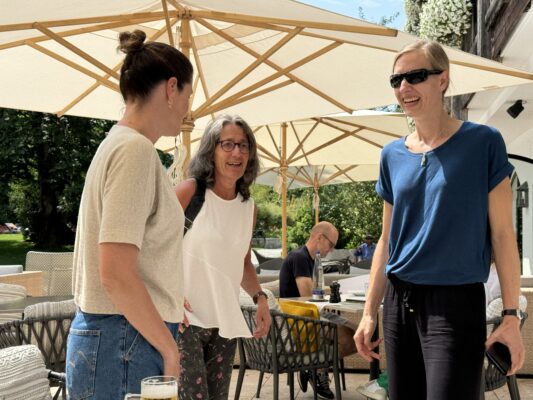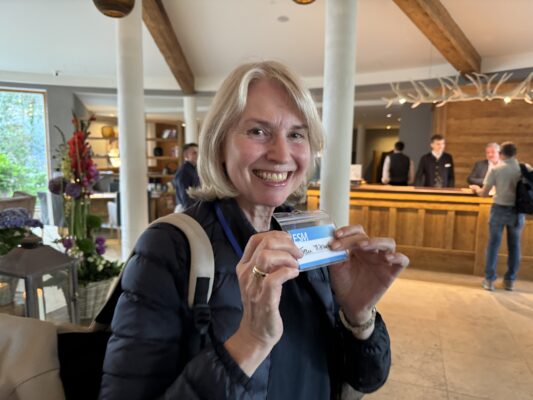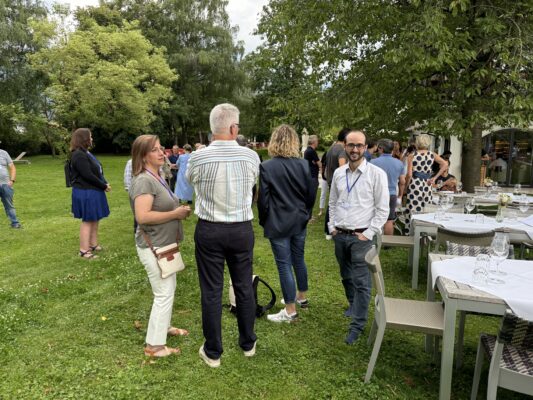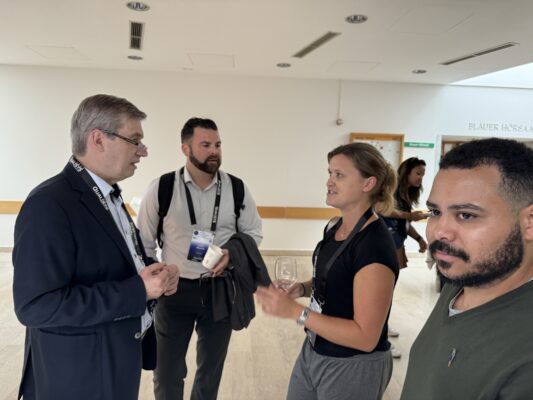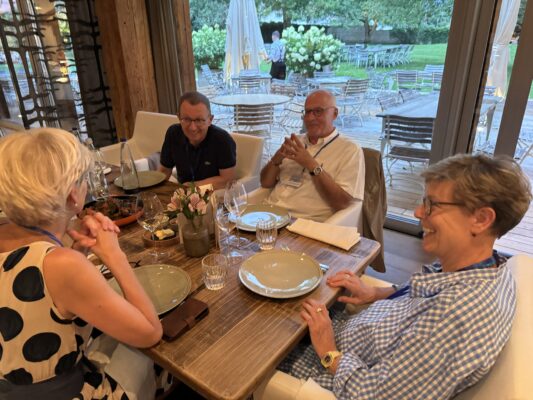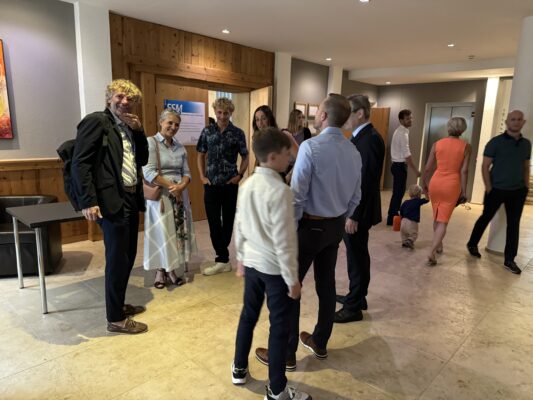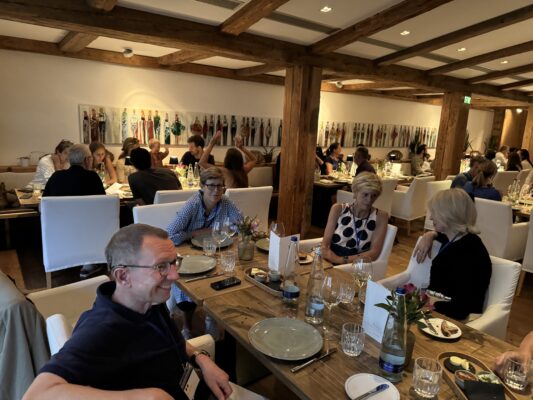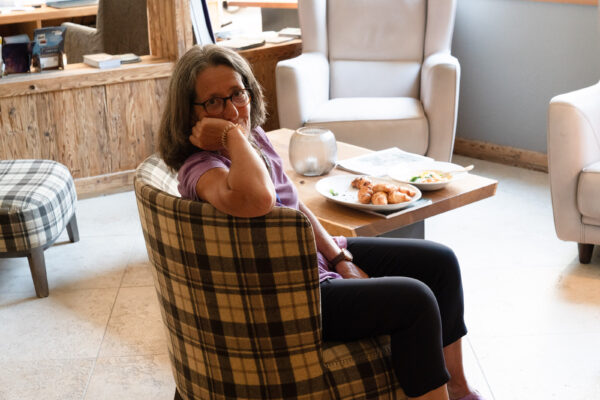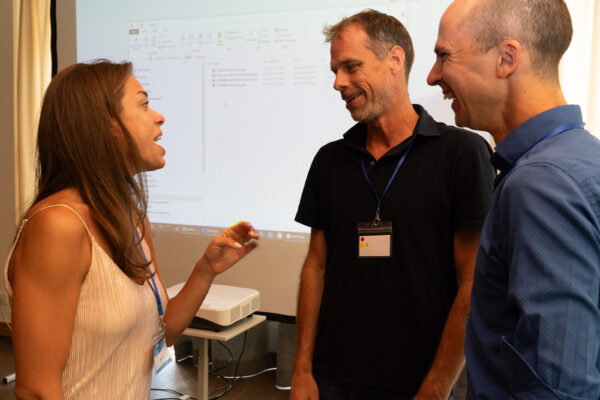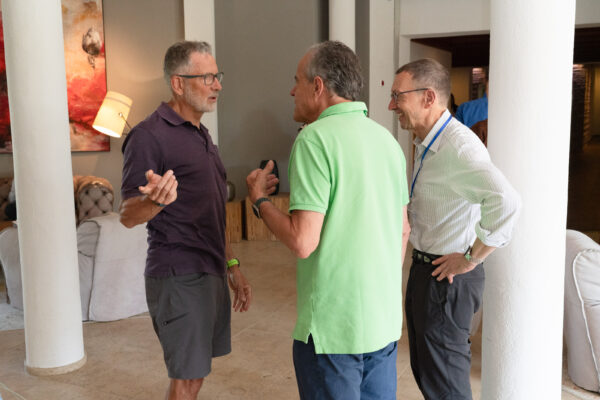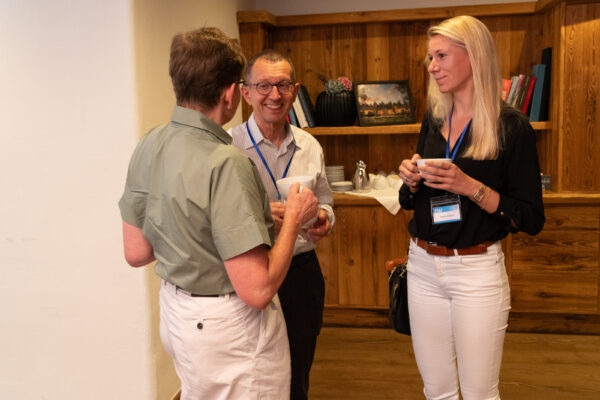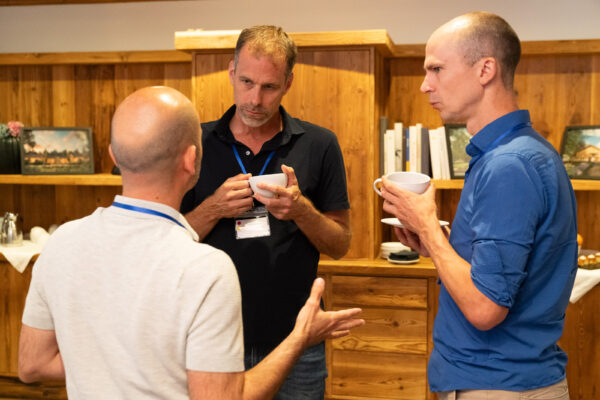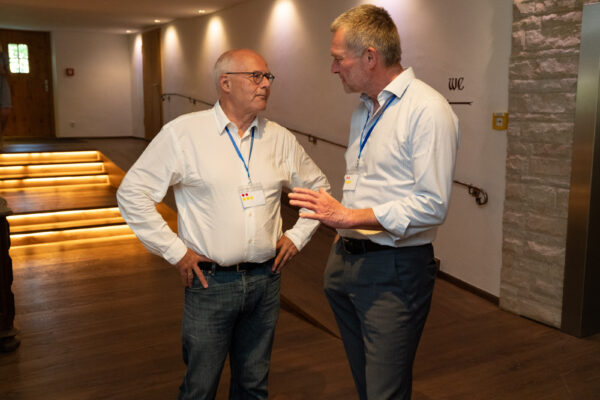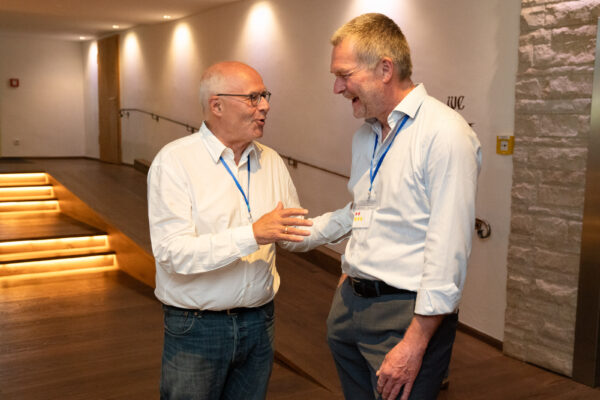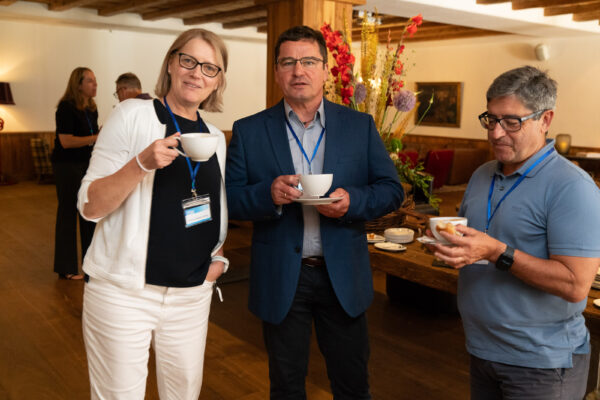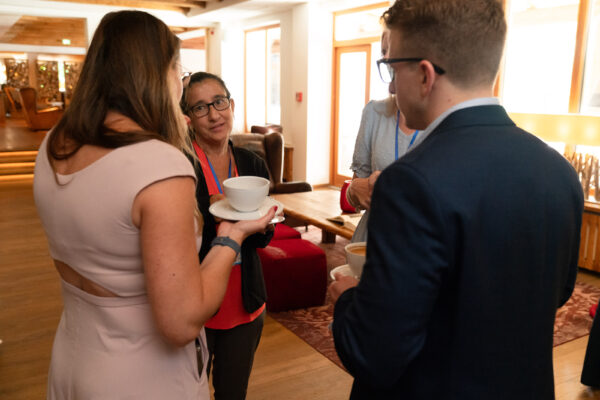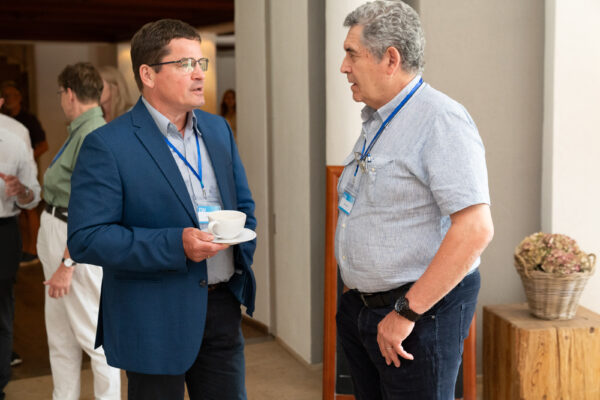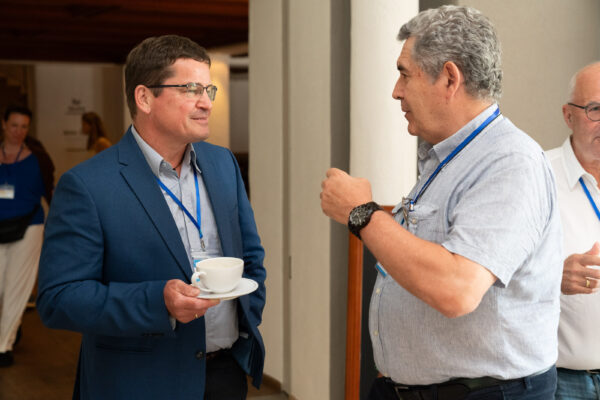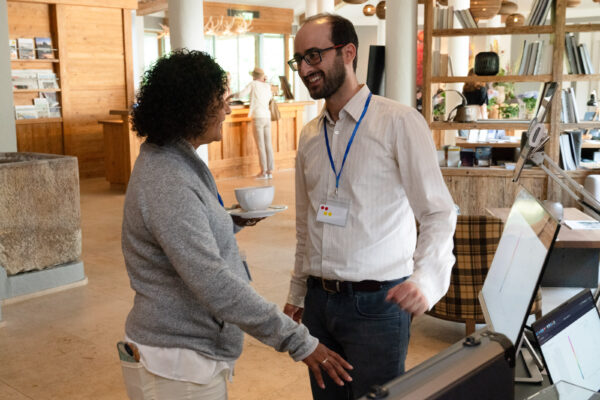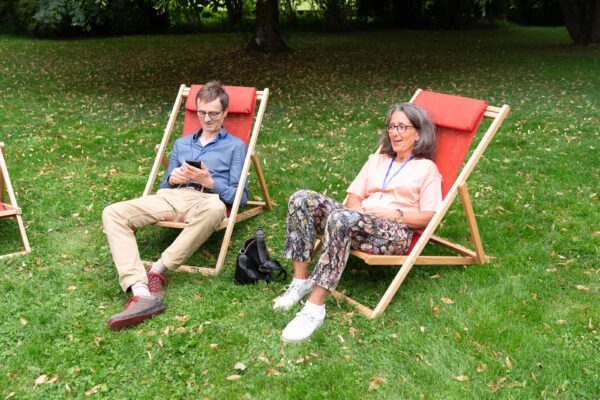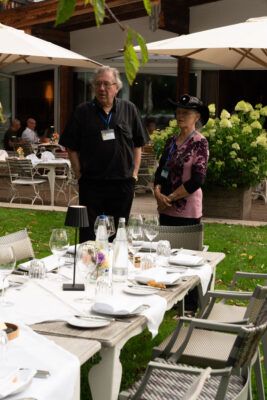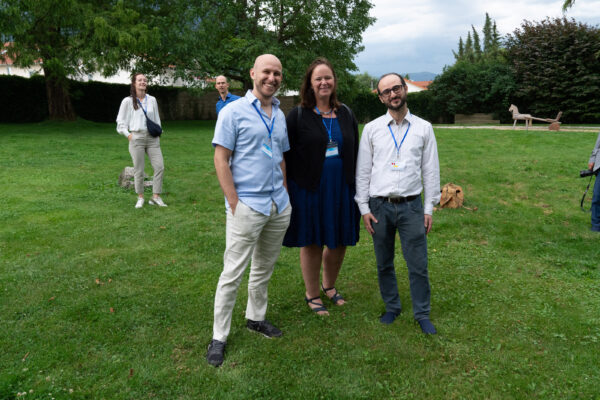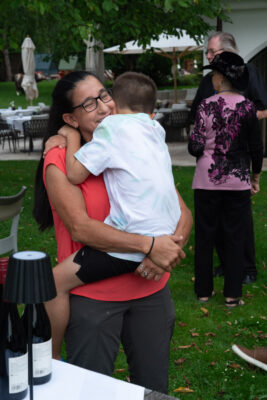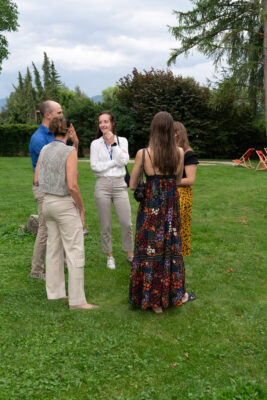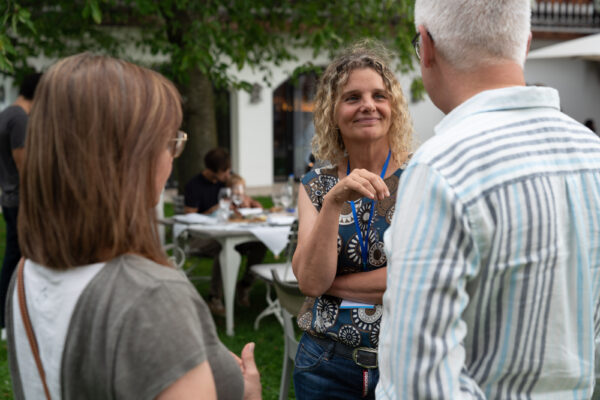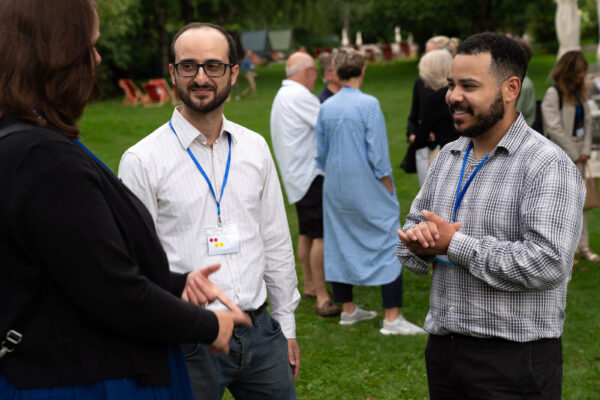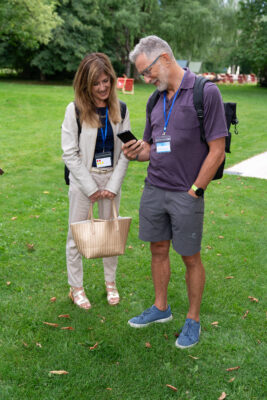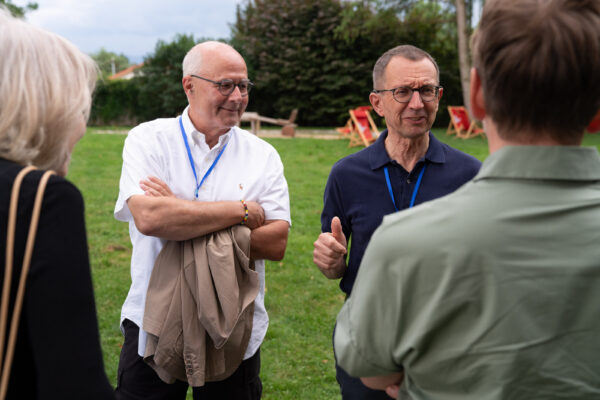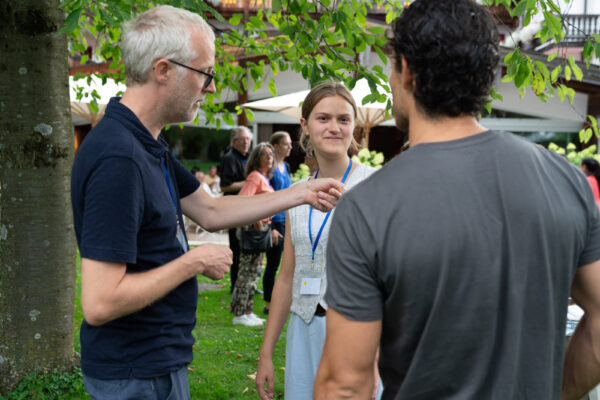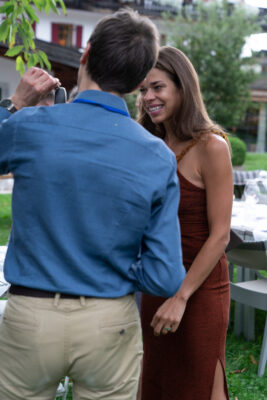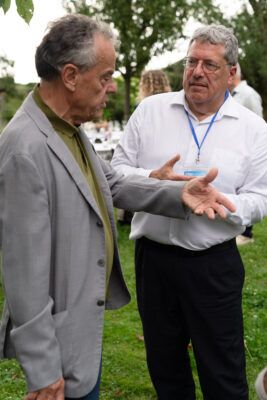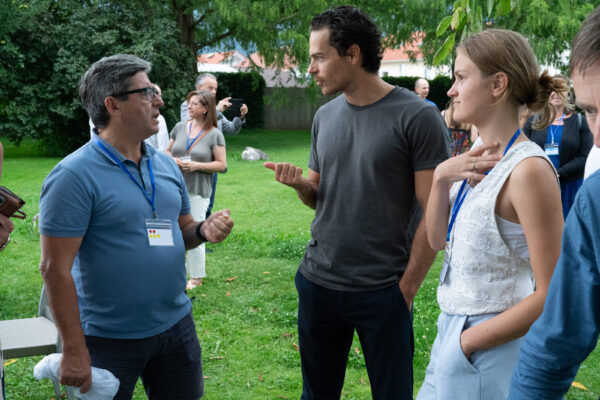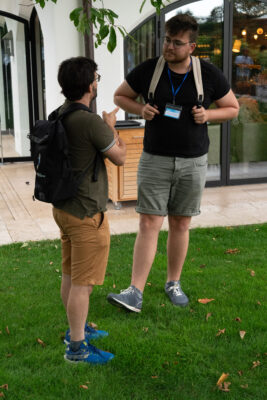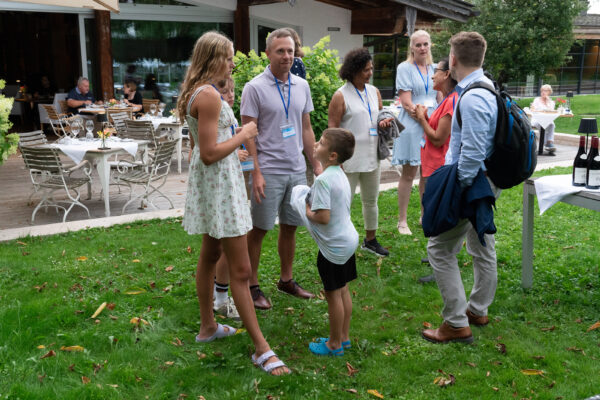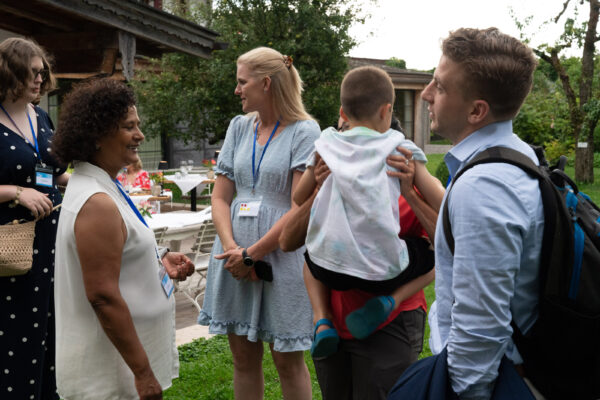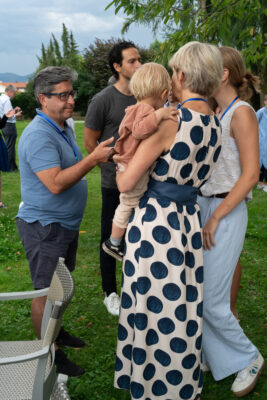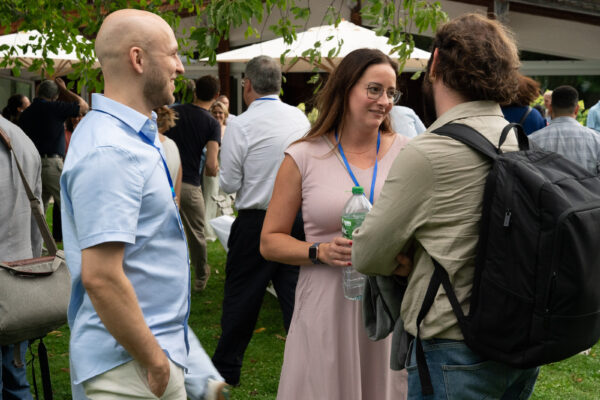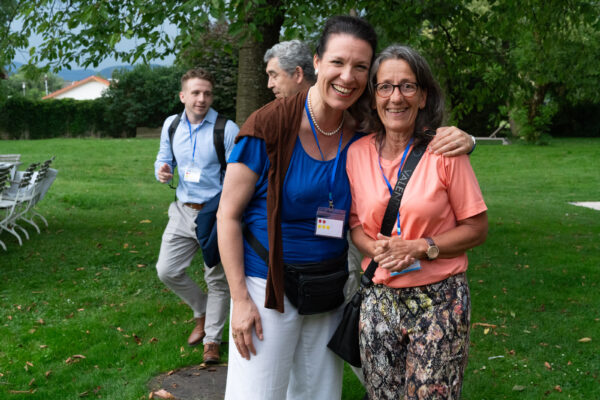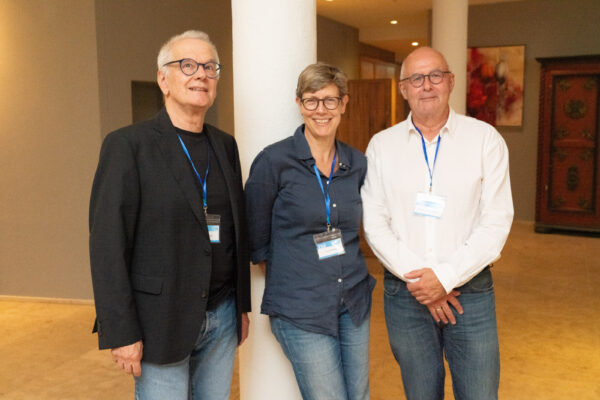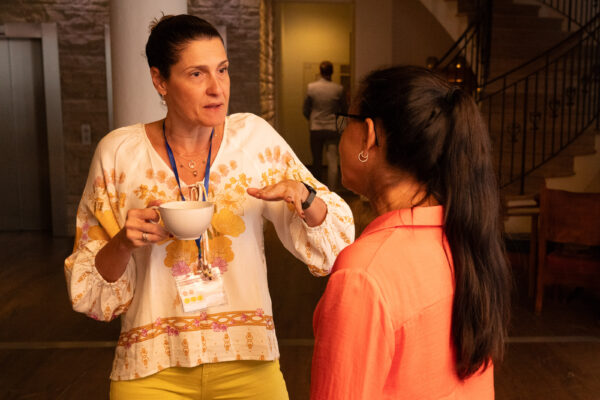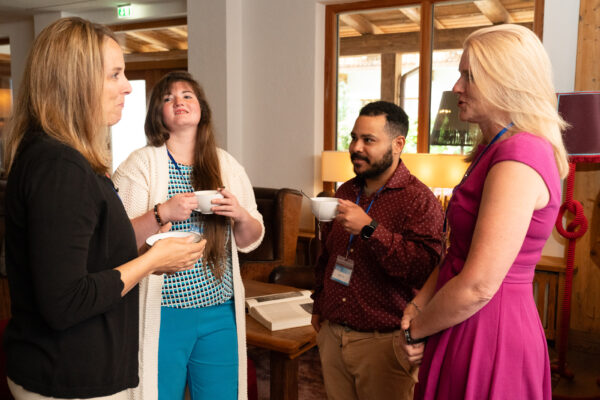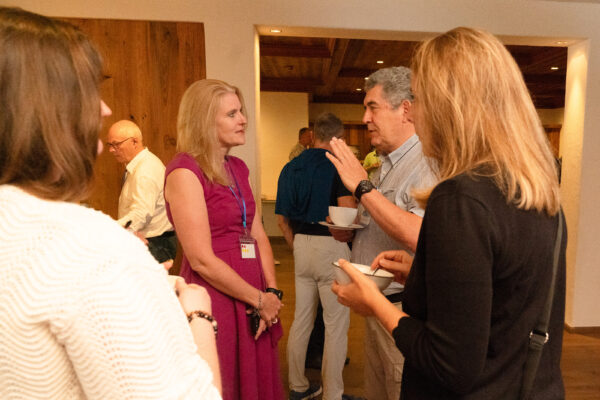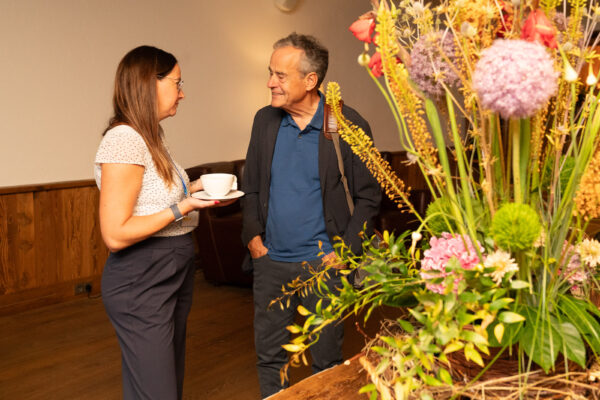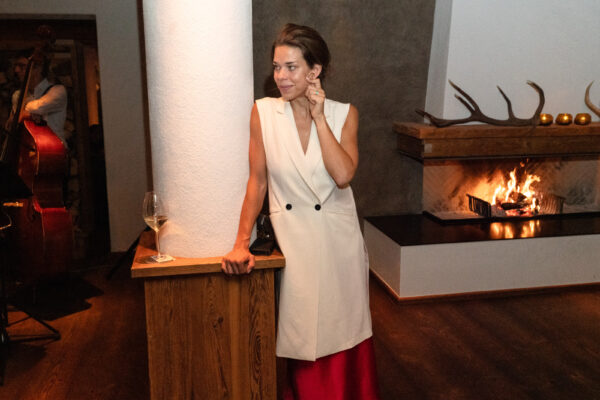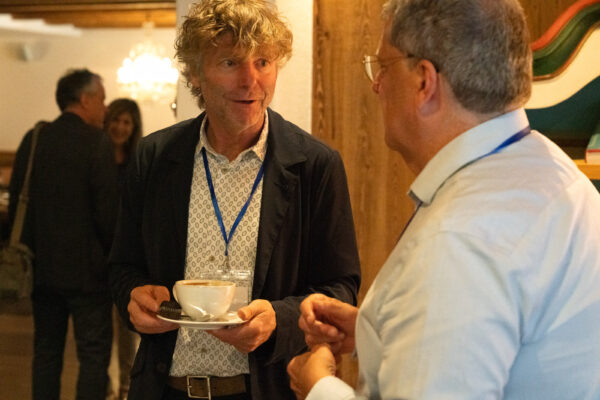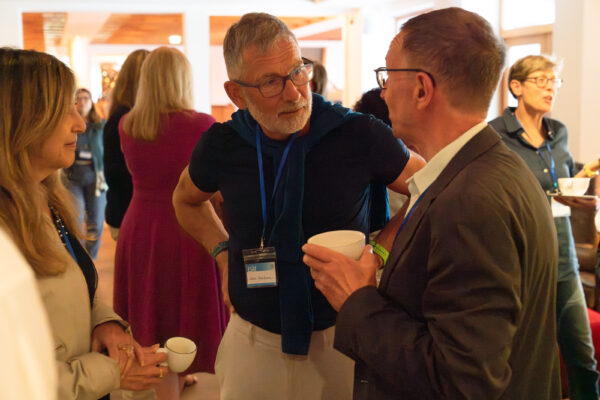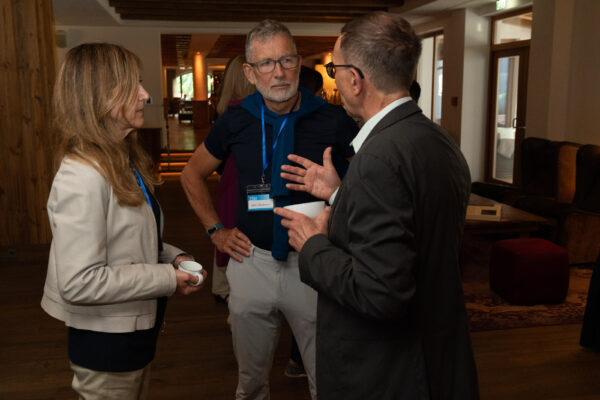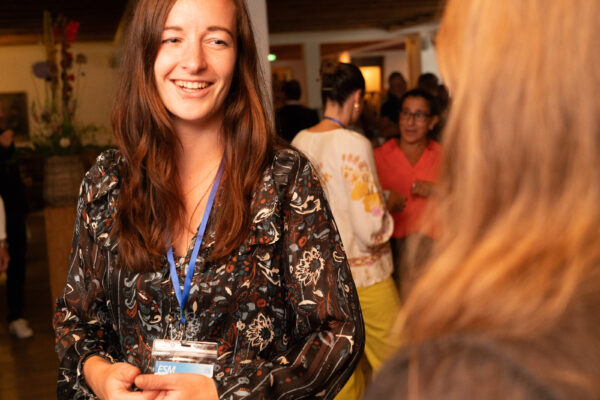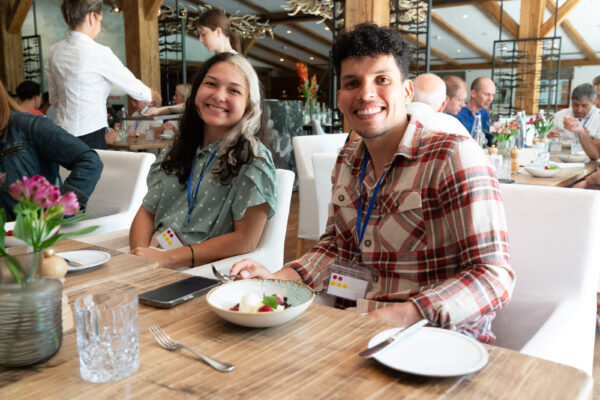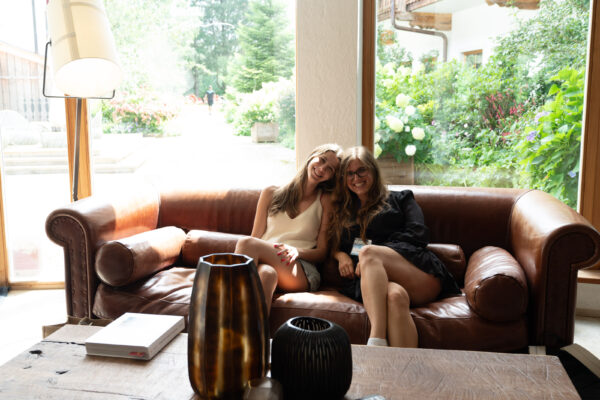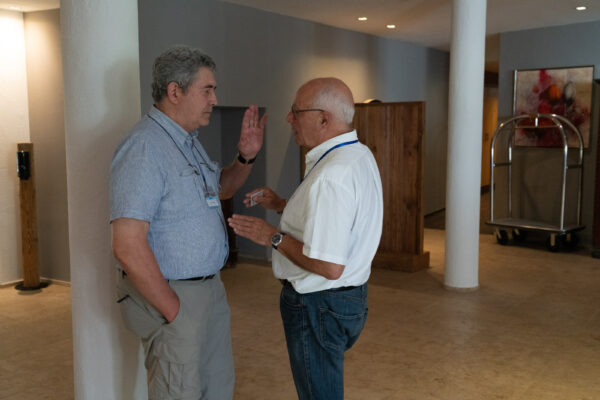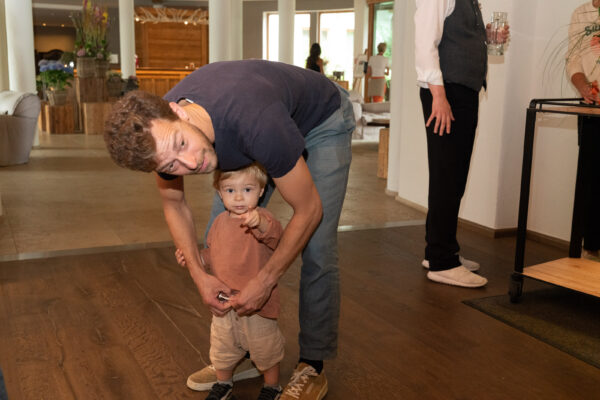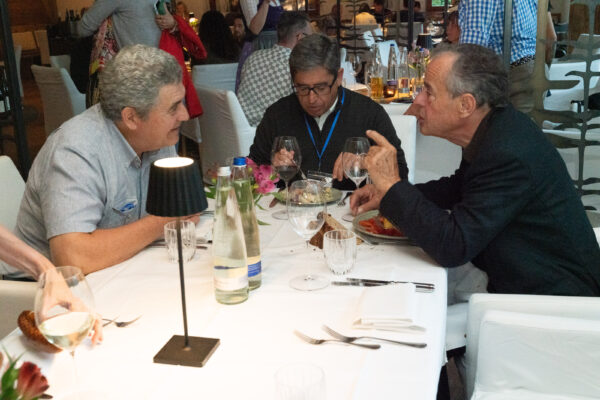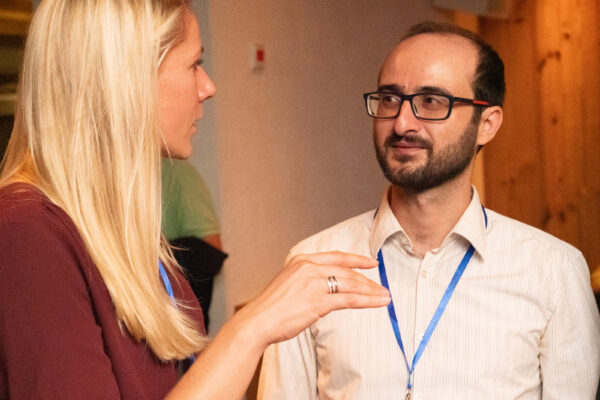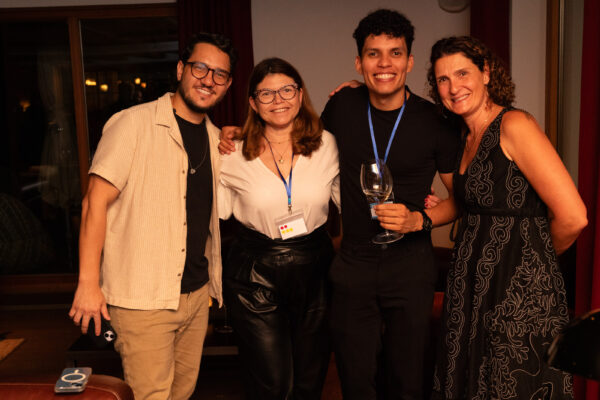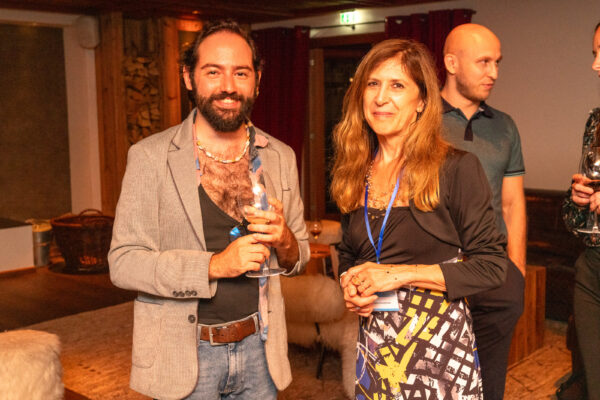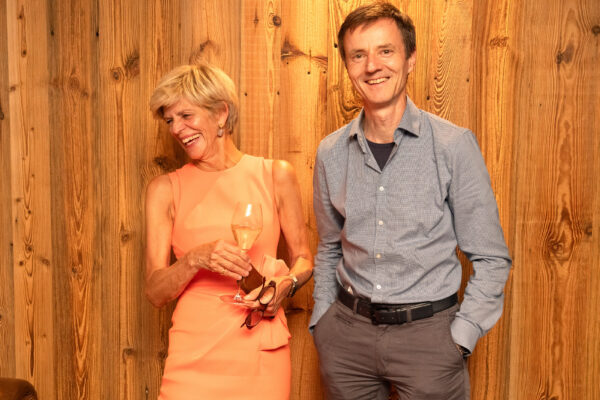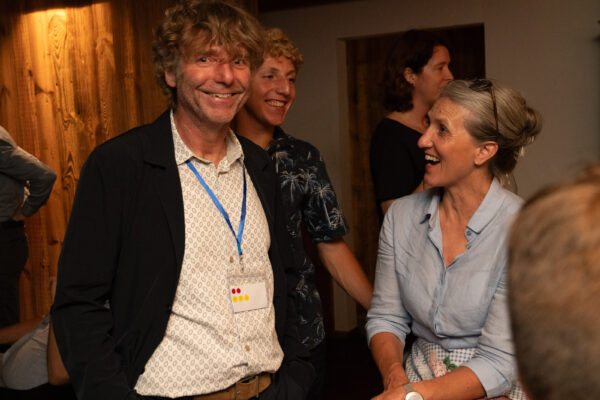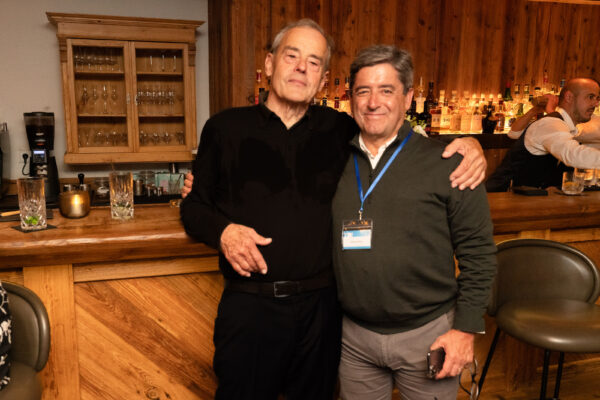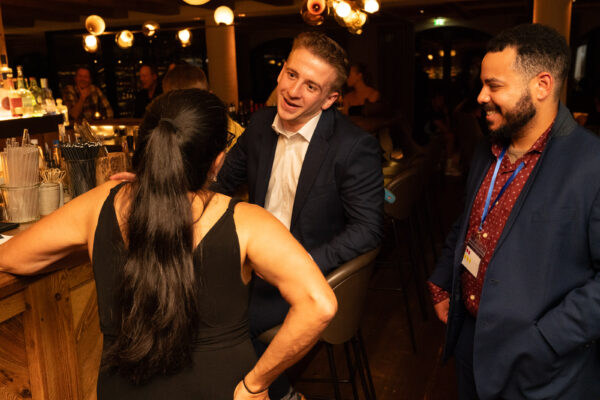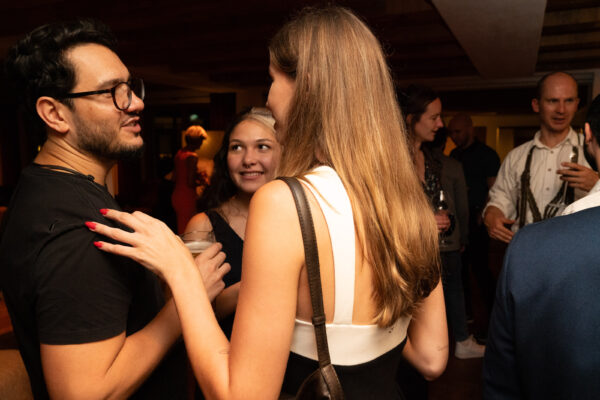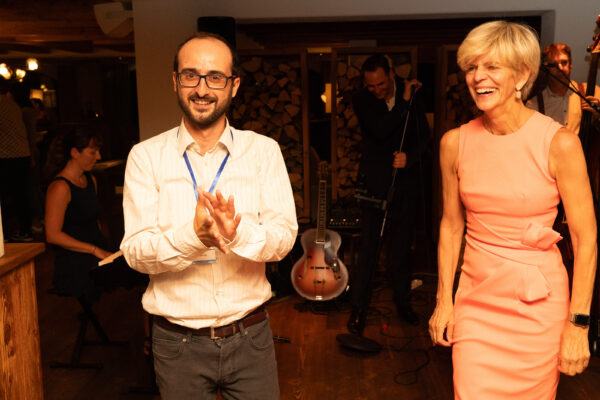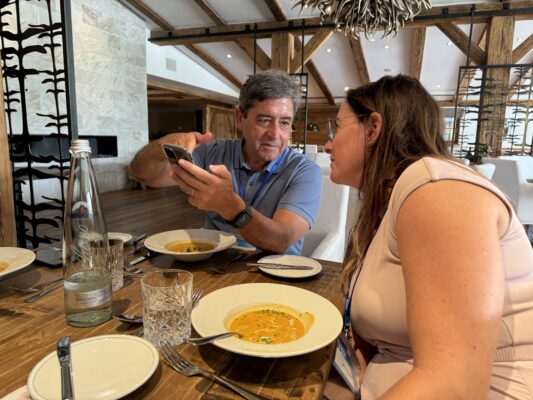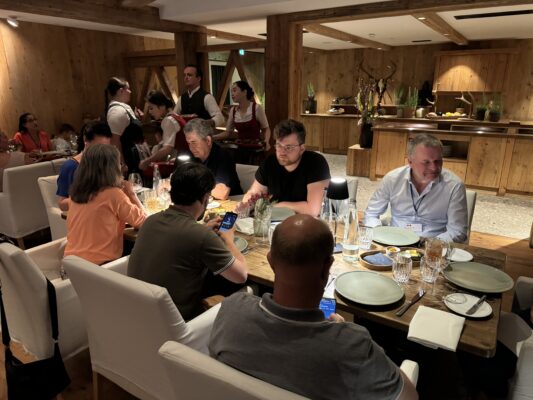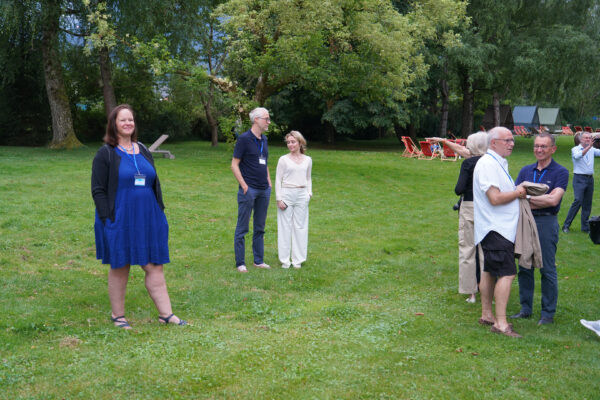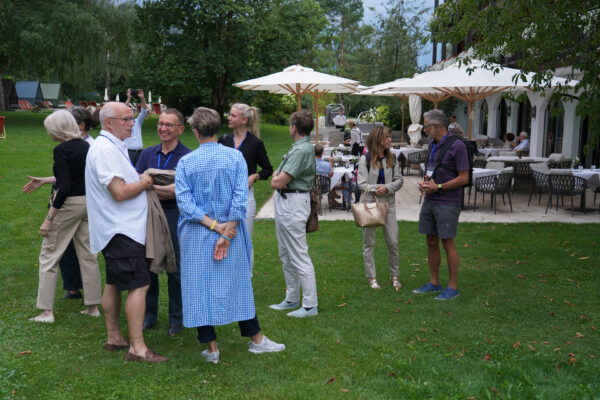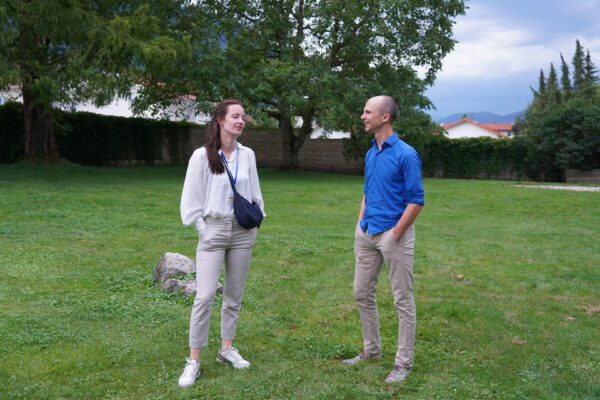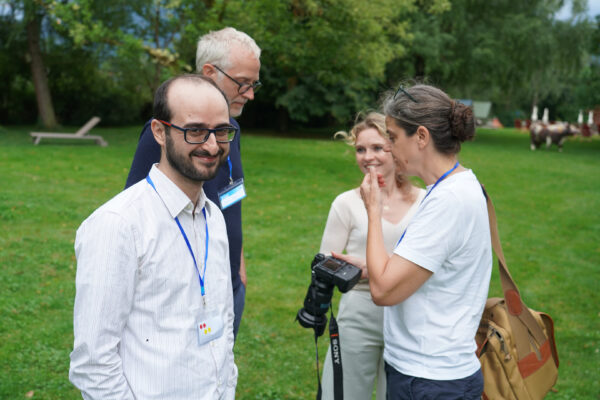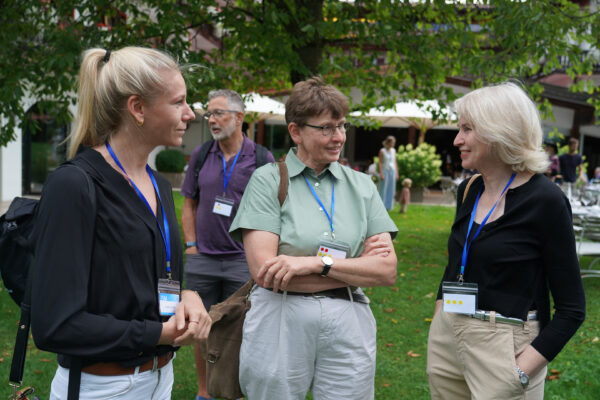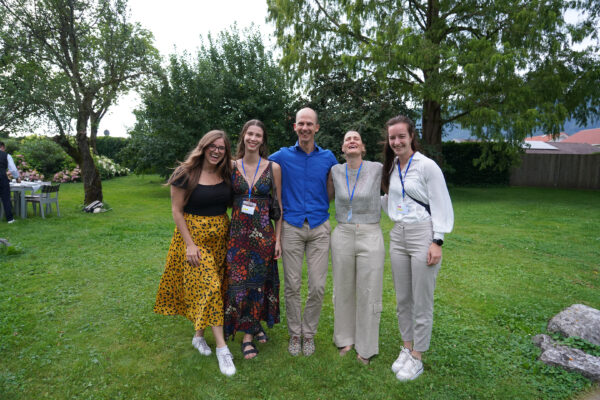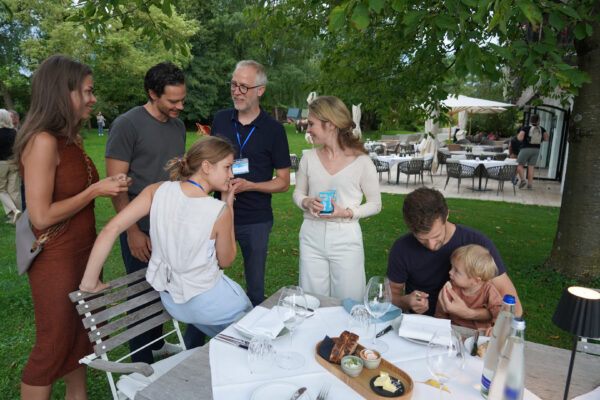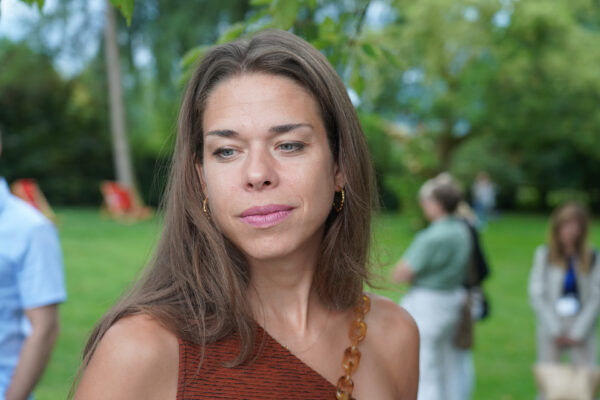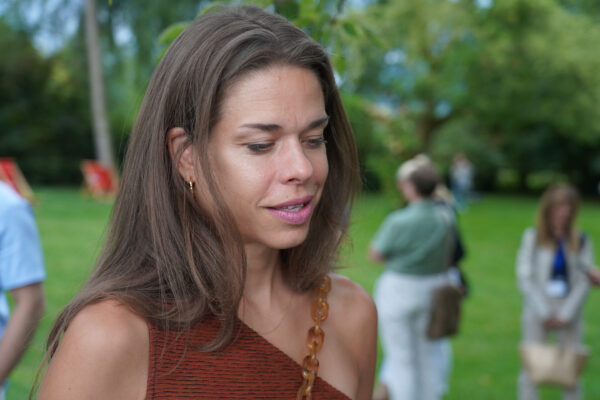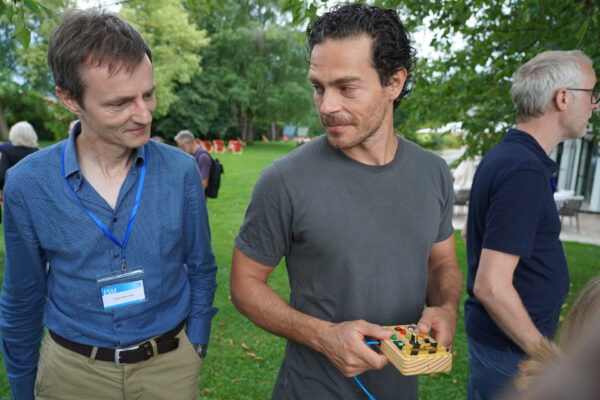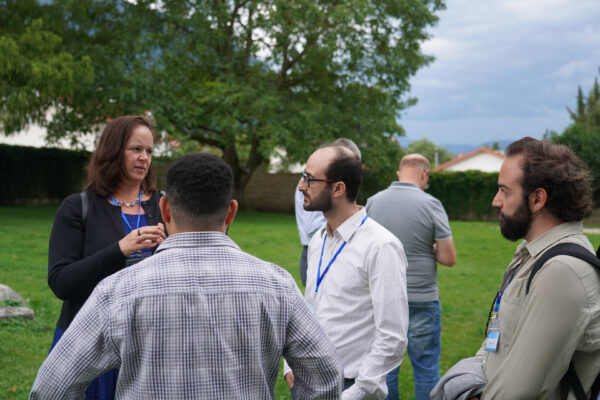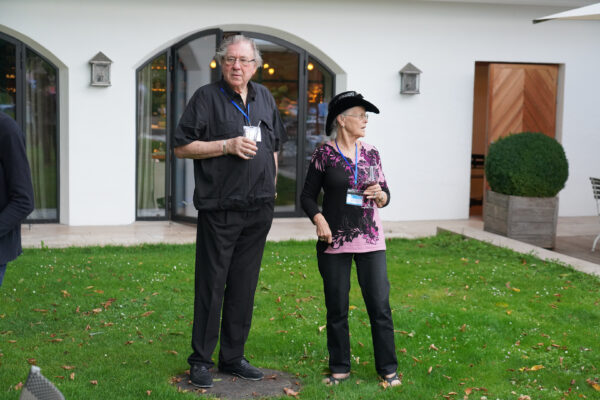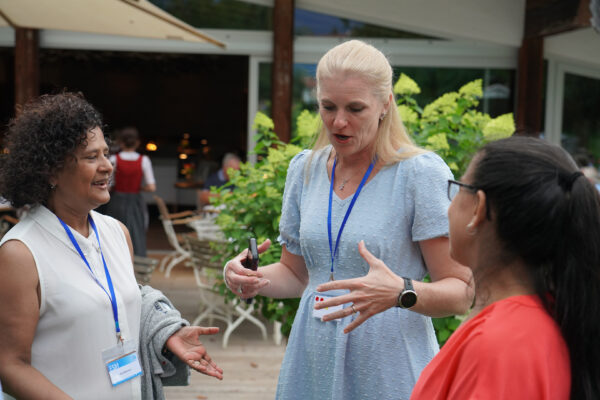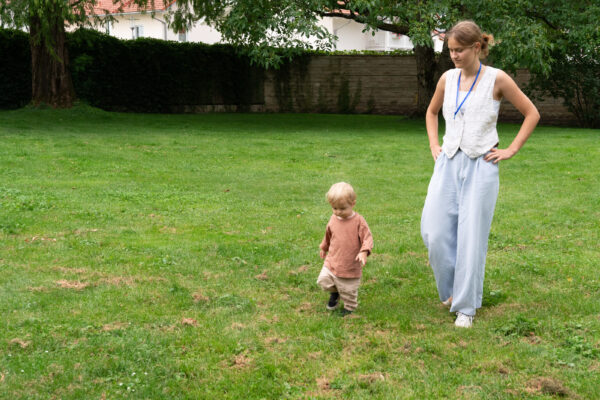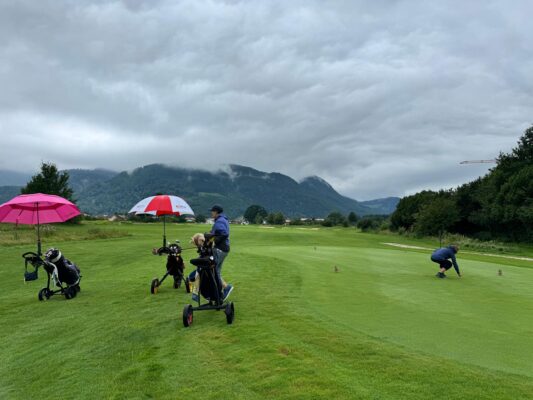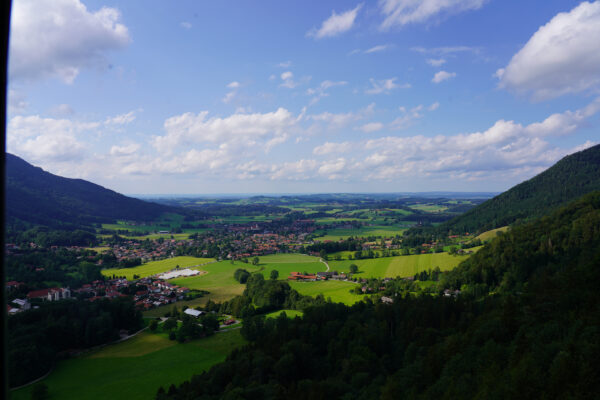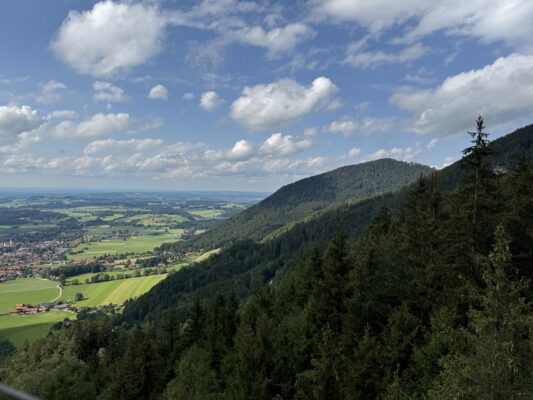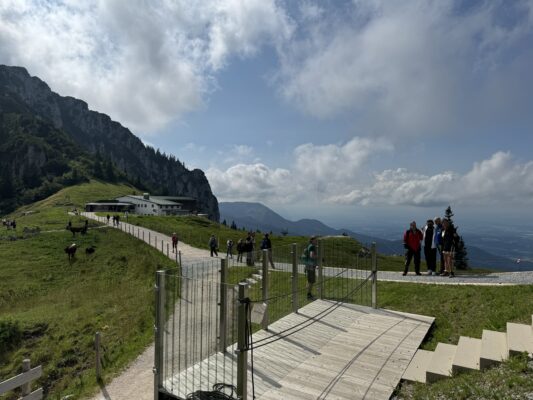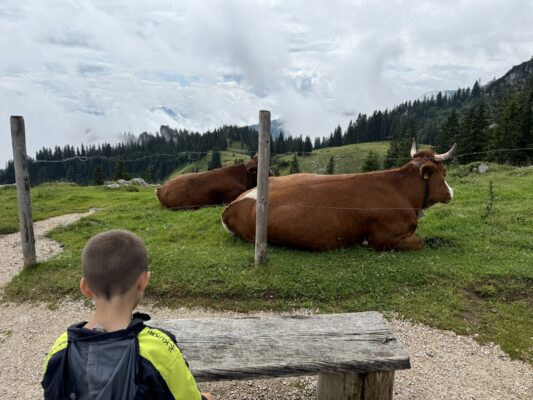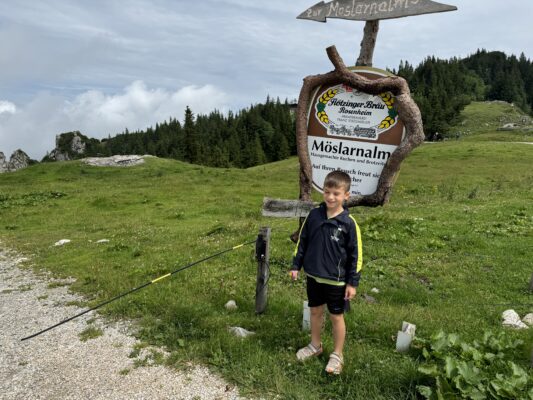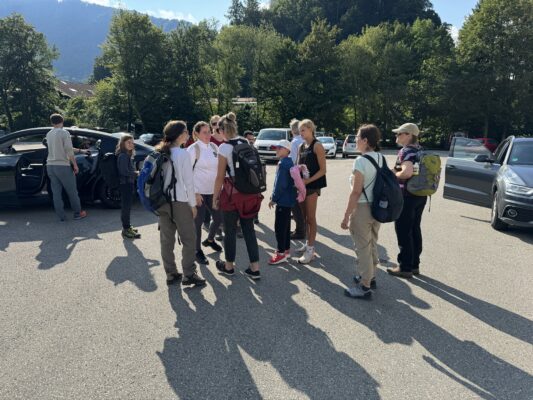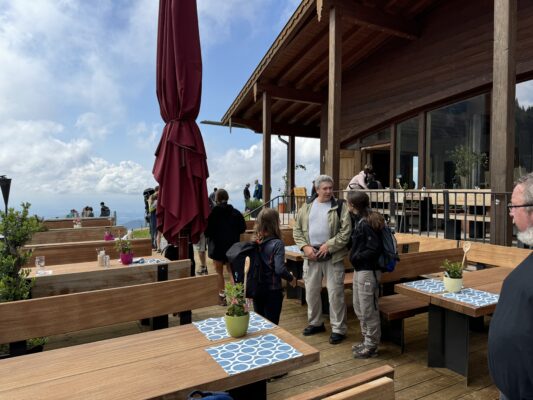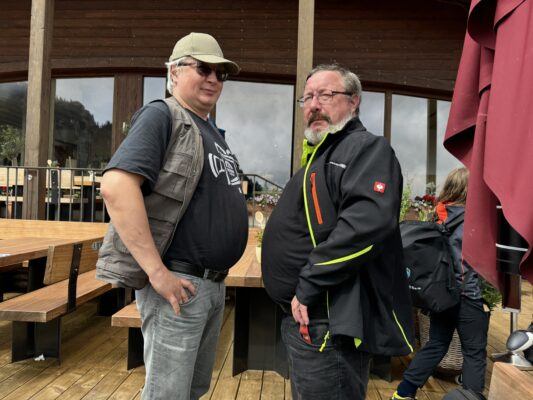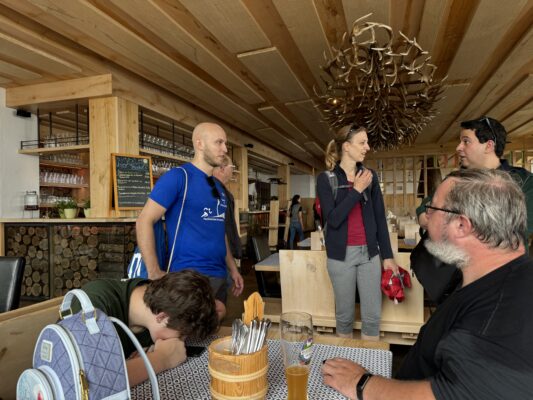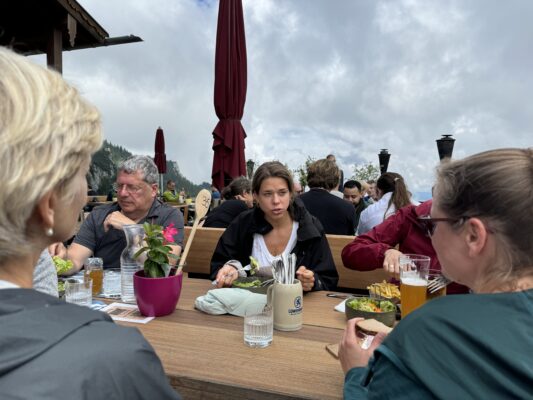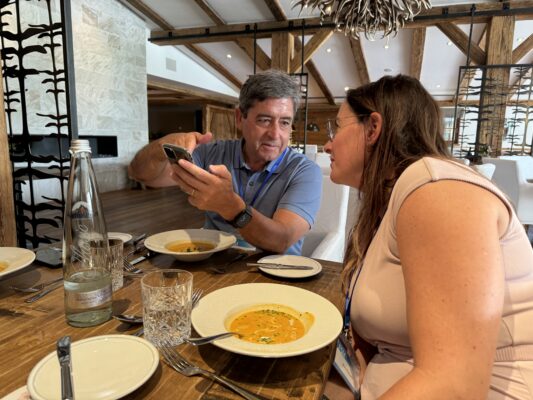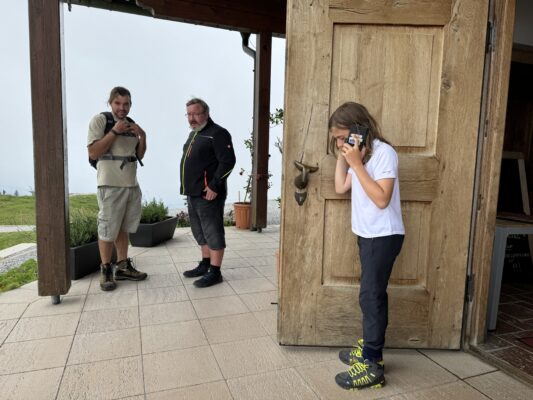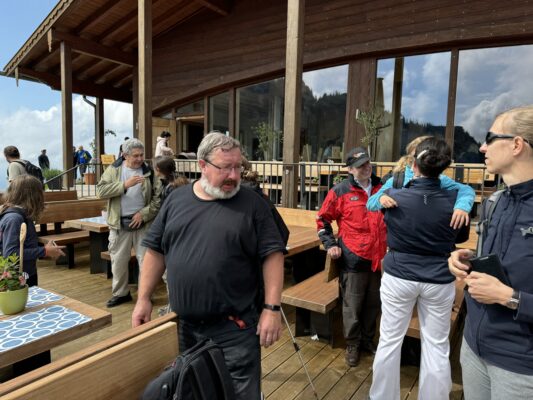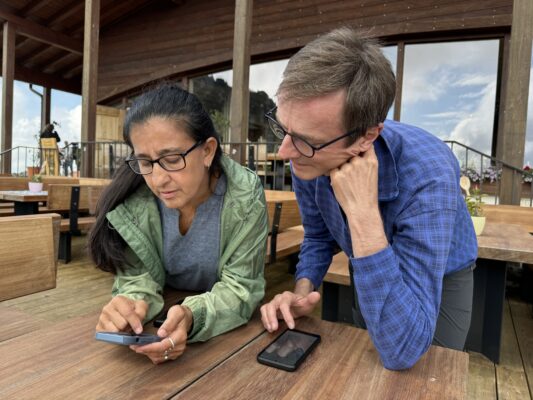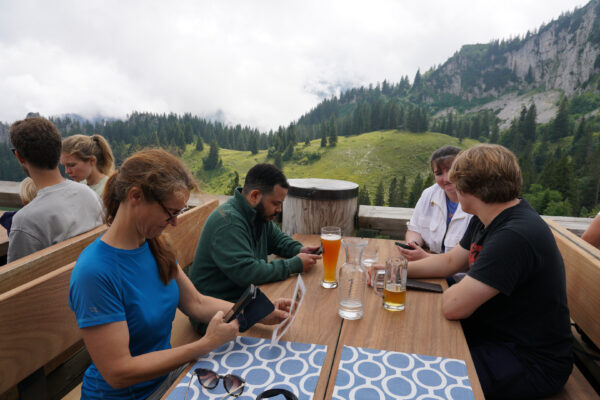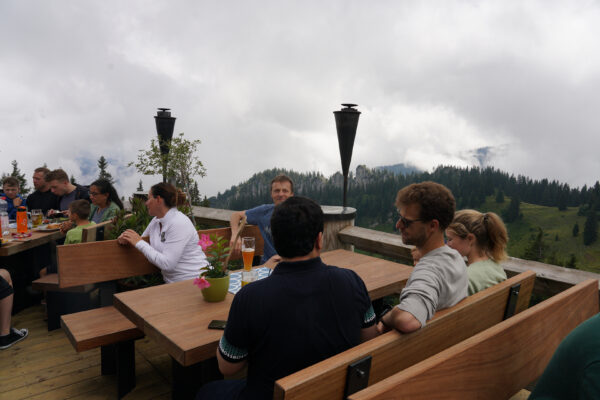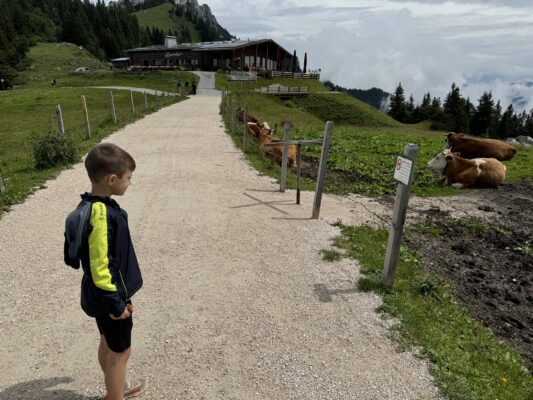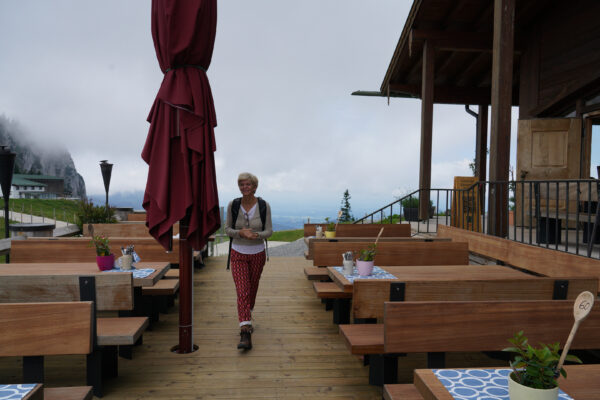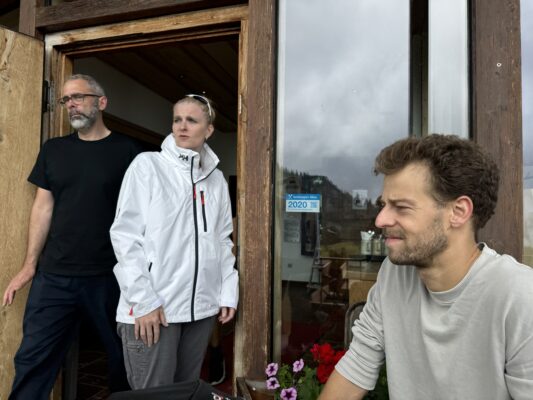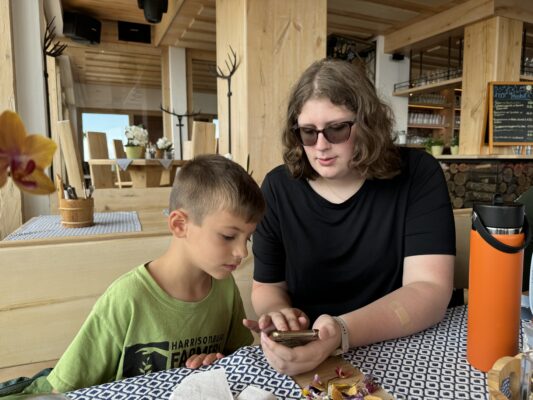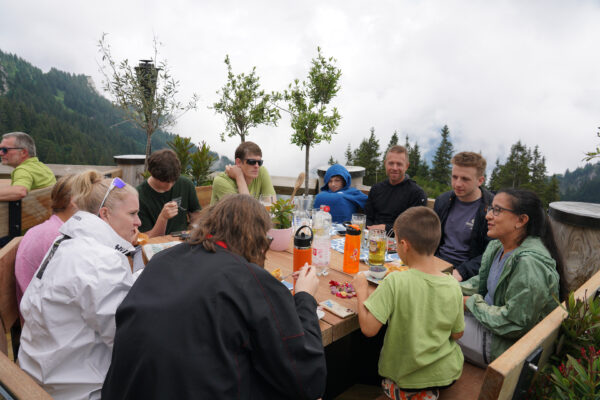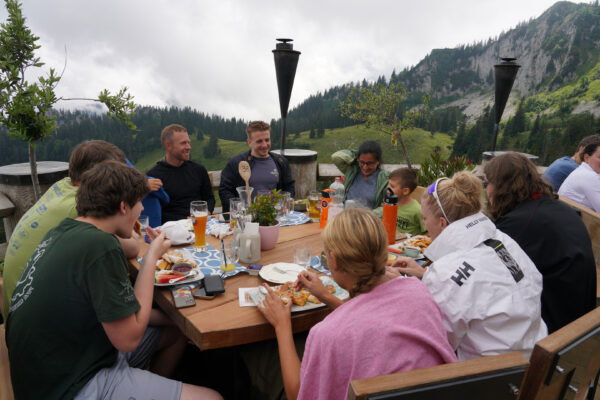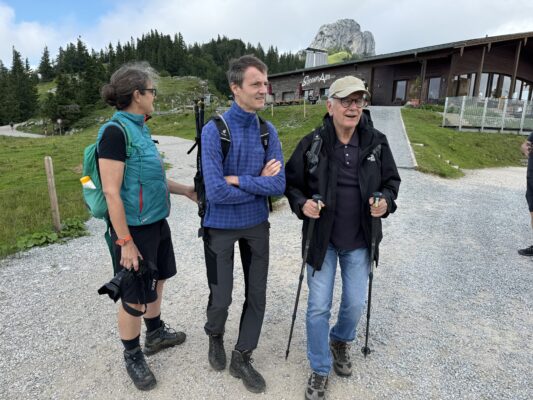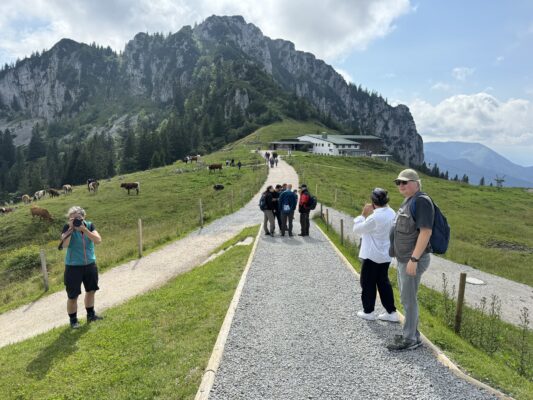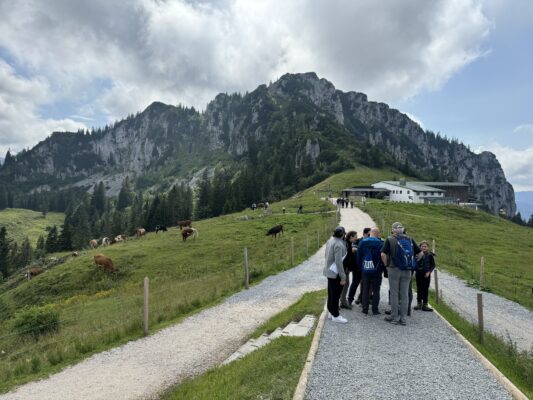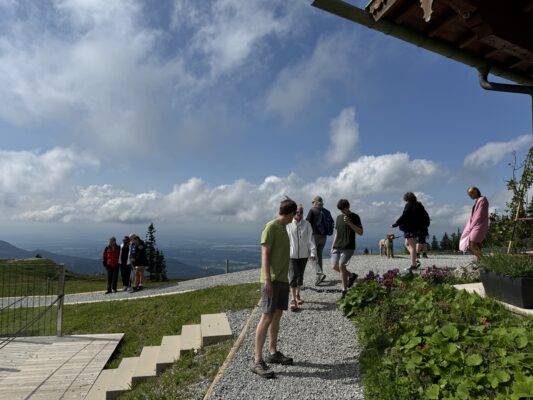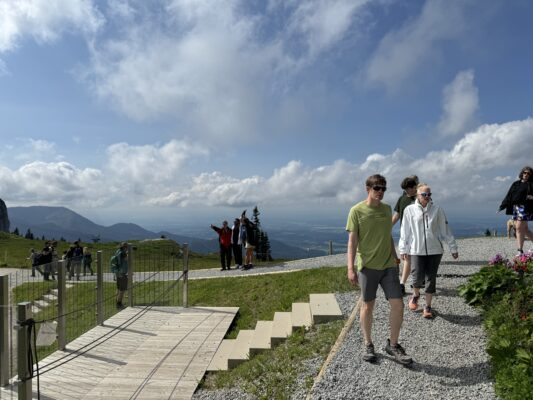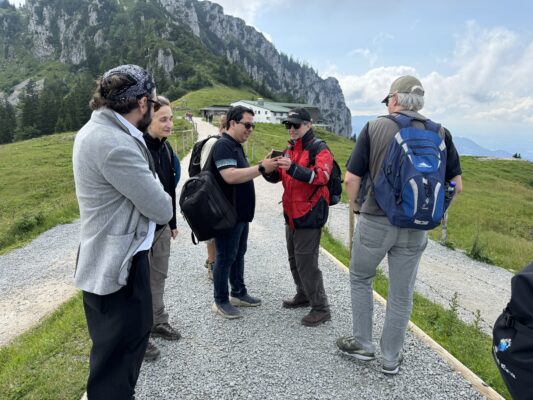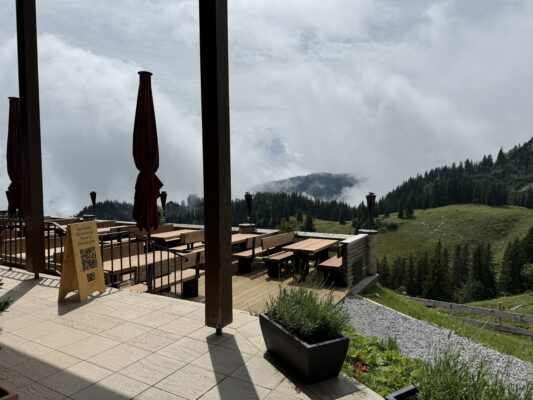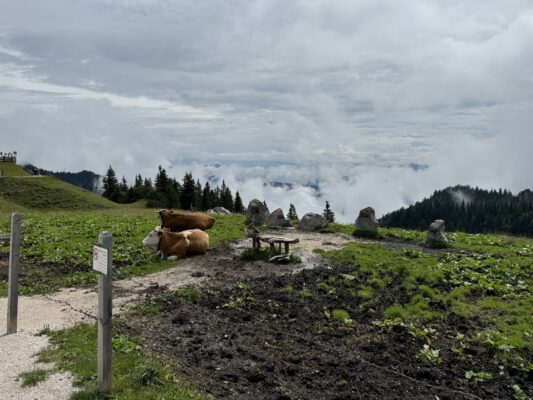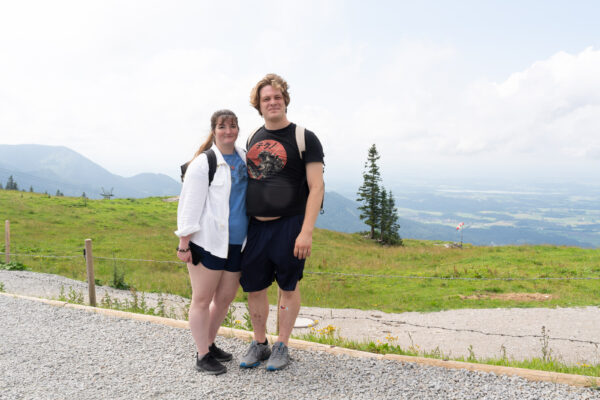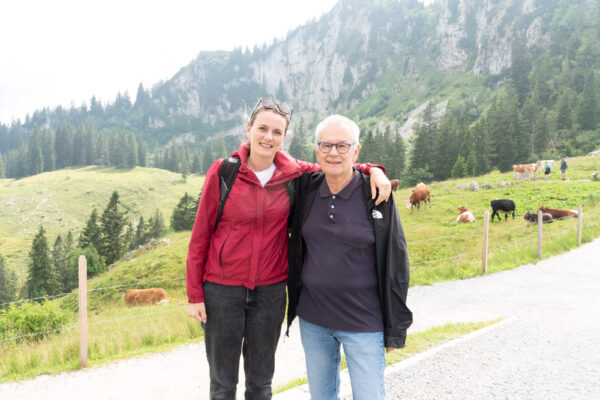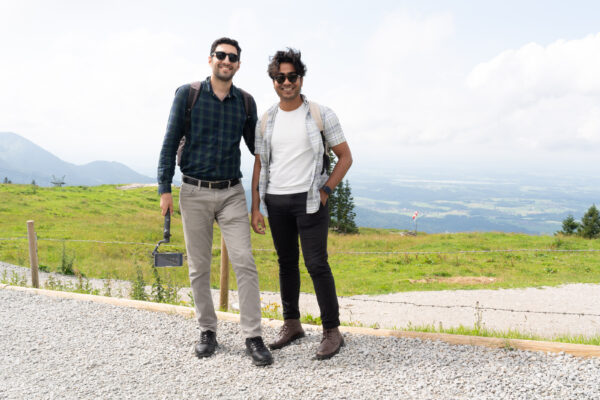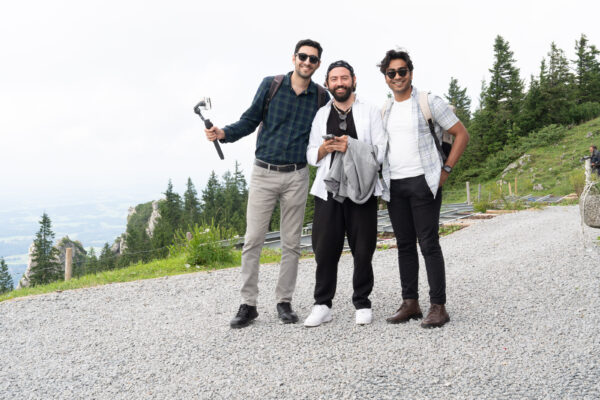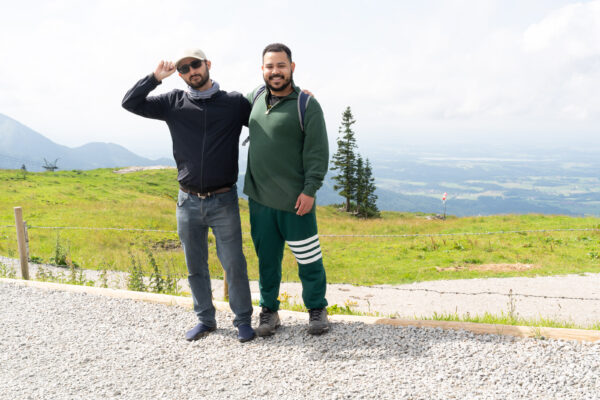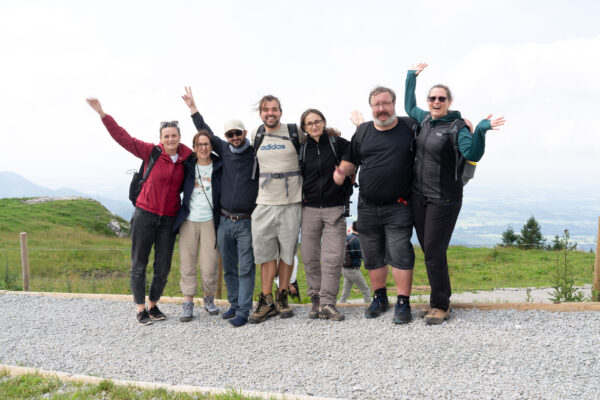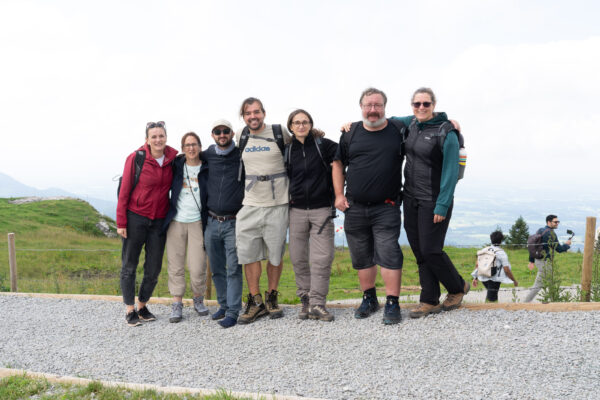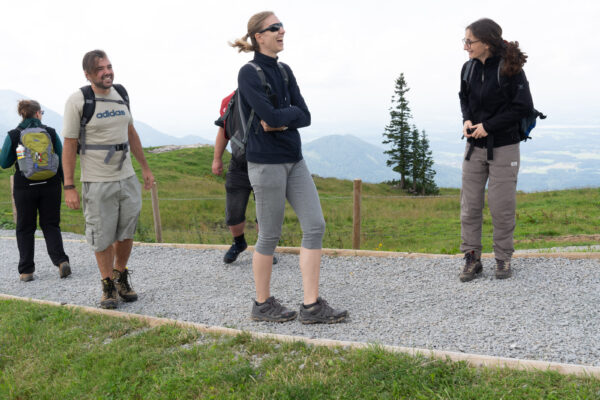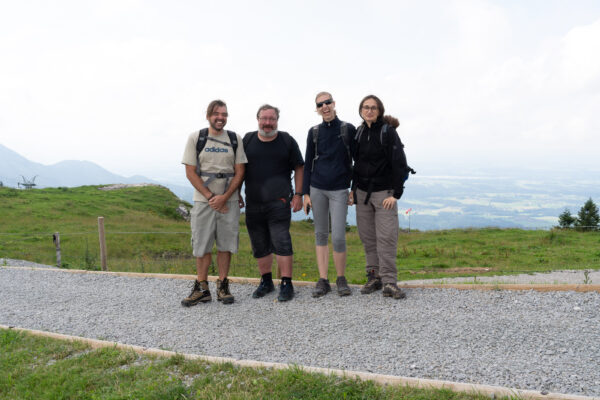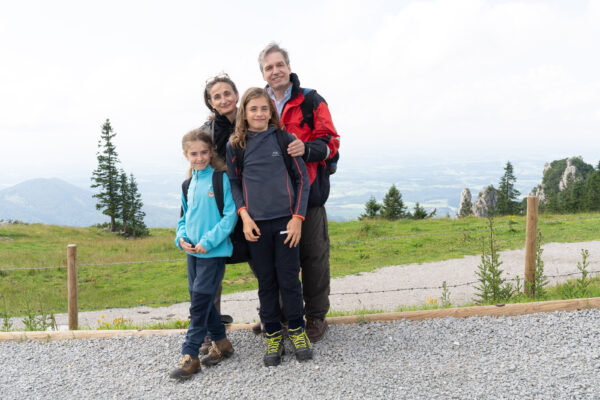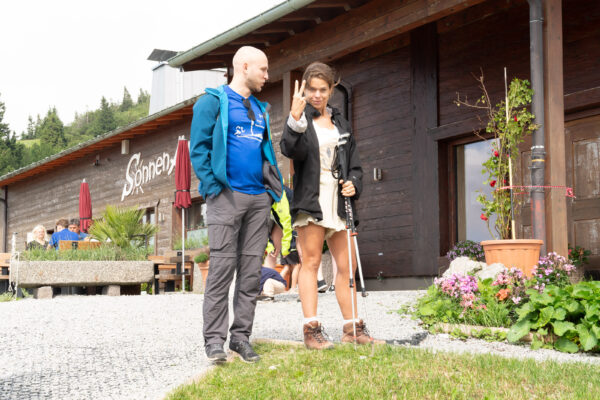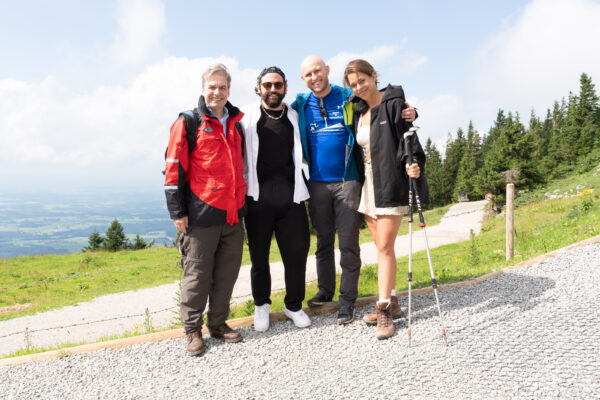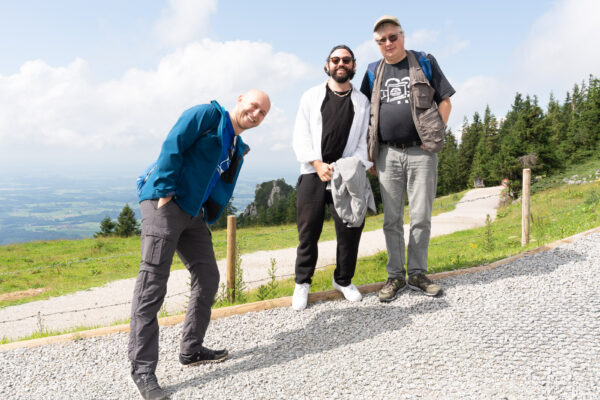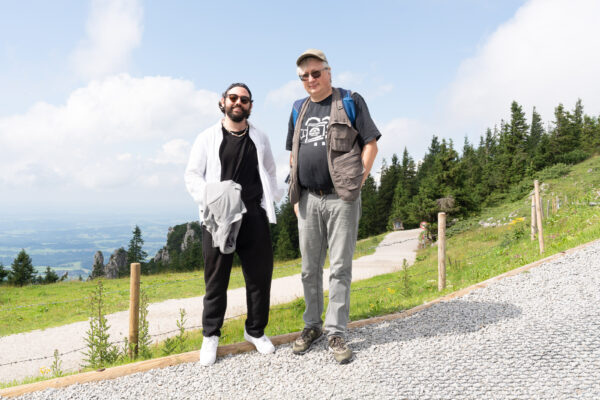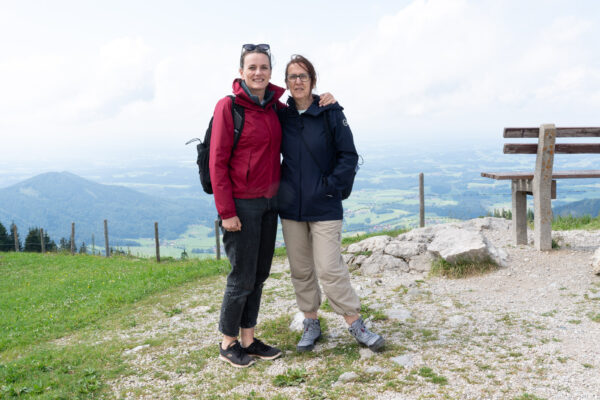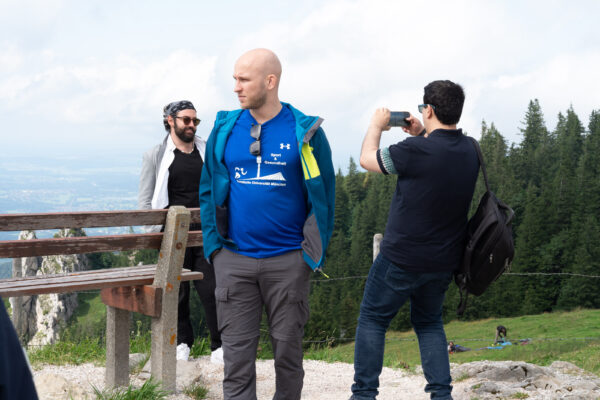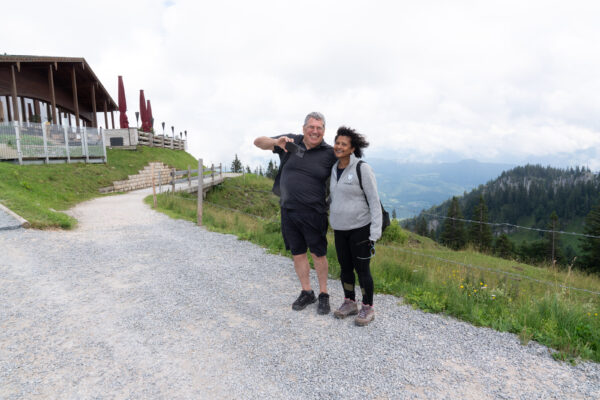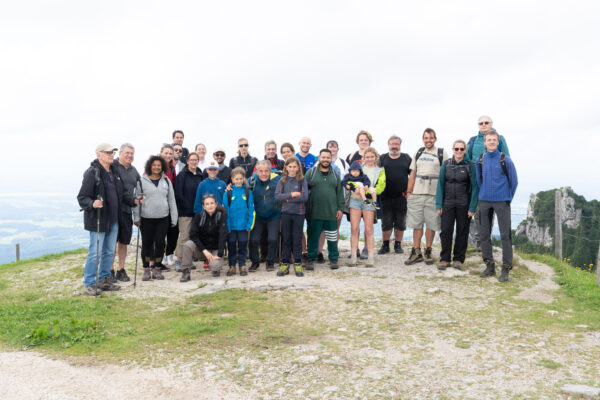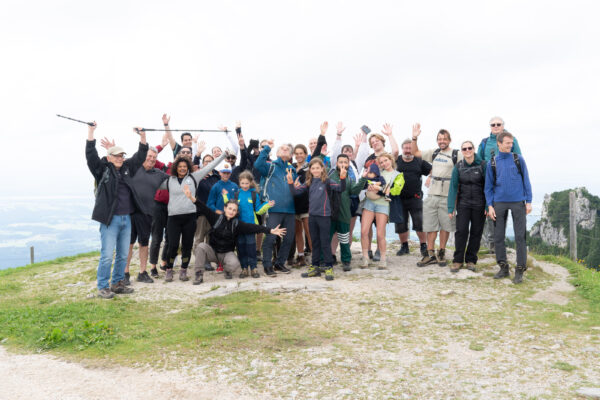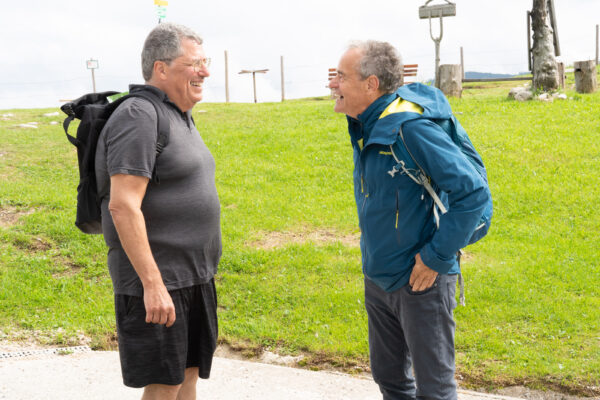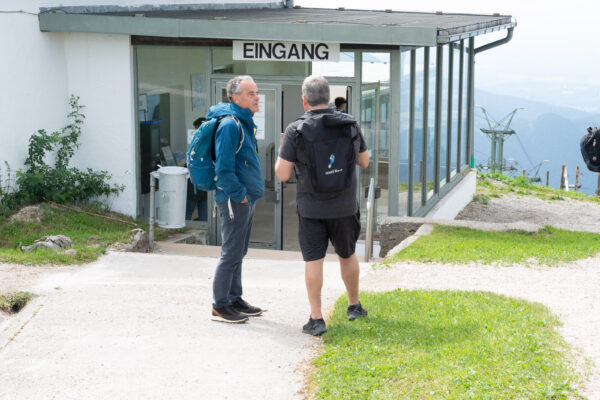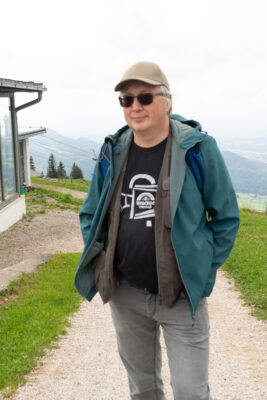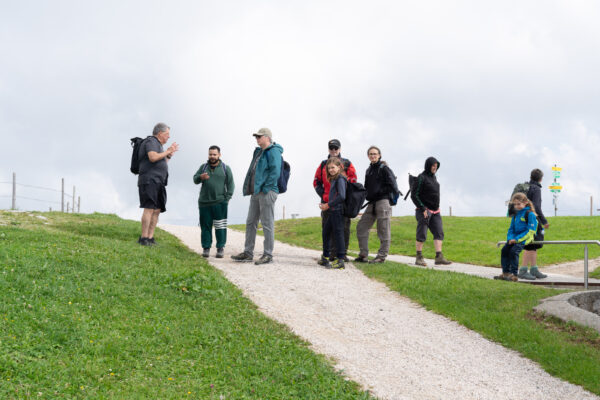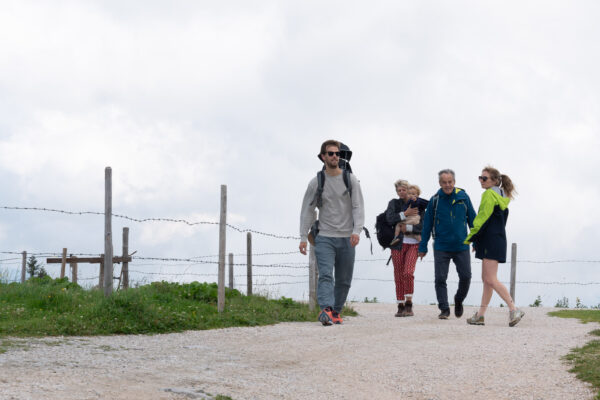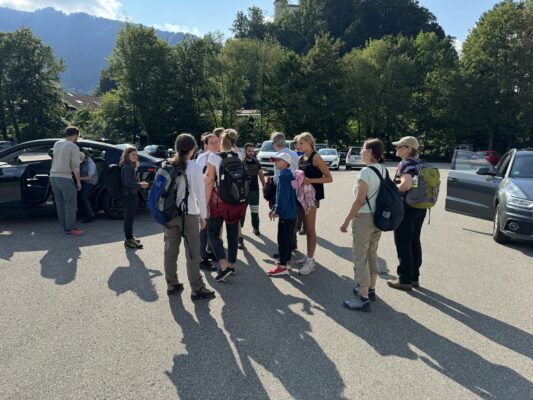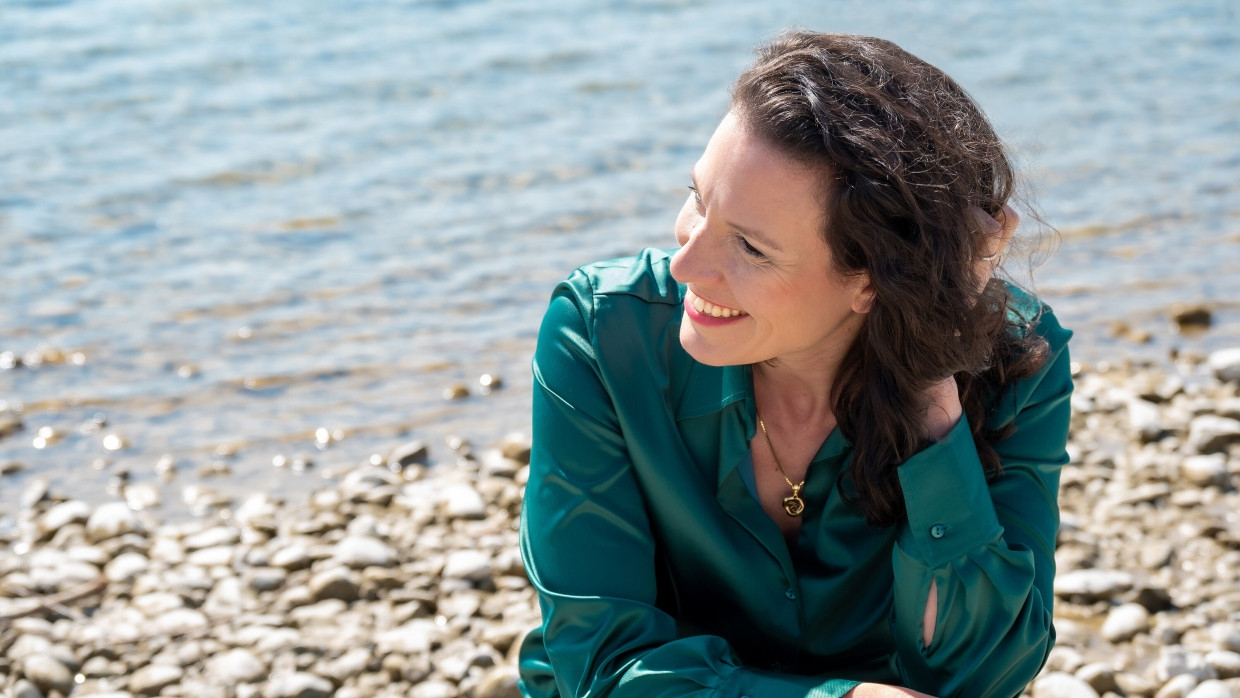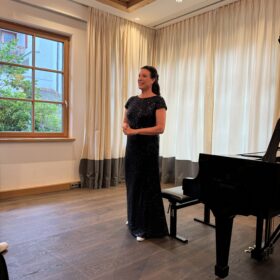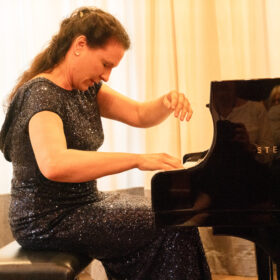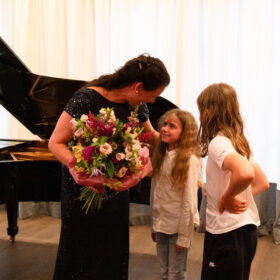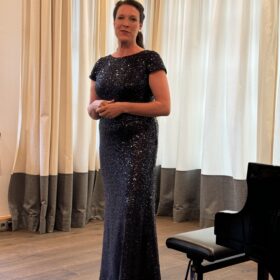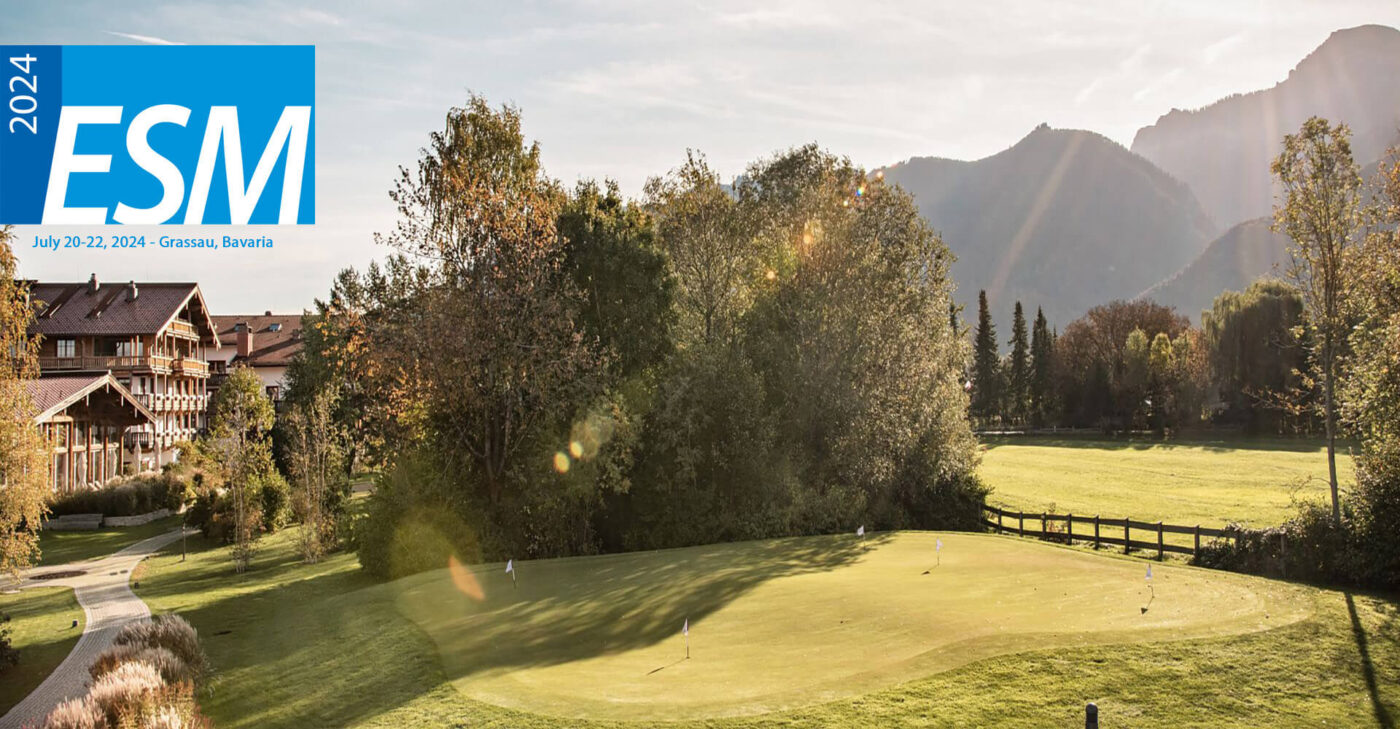
ESM 2024 in Beautiful Bavaria
ESM returned with full force at Das Achental in Grassau, Bavaria, chaired by Dr. Michael Morlock.
ESM 2024 was a great meeting connecting scientists, researchers, students, inventors, and colleagues. The program was focused on diverse and extensive insight into the current state of research in pressure and force loading in both humans and animals, with plenty of discussion and socializing as well. The festivities began on Saturday evening with a welcome reception and dinner with a delicious assortment of traditional Bavarian cuisine.
The scientific presentation sessions began Sunday, with topics ranging from foot and ankle deformities and mechanics, gait analysis, wearable technology, diabetic foot complications and plantar pressure, sports medicine, hand mechanics, rehabilitation, and much more. Each presentation was followed with questions and lively discussion. The penultimate session of the day was focused on the DIALECT project, which discussed exploring footwear design for individuals with diabetes, based on studies over 3 years and using new novel measurement technology for long-term monitoring of foot load. On that evening the threat of storms cancelled the planned outdoor barbeque dinner, but the staff at Das Achental prepared a terrific indoor barbeque style dinner in its place.
Monday continued the fantastic discussions, including a special session on the growing influence of artificial intelligence and machine learning on biomechanics and research. The afternoon consisted of keynote lectures from our chair and distinguished scientific committee, including Drs. Antonio Veloso, Uwe Kersting, Nathalie Kerstin-Mrachaz, Robin Queen, and Thomas Mittlmeier. The evening included a wonderful piano concert featuring Henriette Gärtner, playing Beethoven’s fantastic Piano Sonata Opus111. Henriette also presented her research earlier in the conference on piano playing coordination as it affects sound quality. The night’s dinner featured another Bavarian banquet and was capped off with the awards ceremony. Dr. Jaap van Netten was awarded the prestigious “art in science® Award”, while Drs. Robin Queen and Markus Wimmer were awarded the Best Presentation and Best Poster, respectively.
novel was proud to reveal the new pedar electronics, plidar, during the ESM meeting. This replaces the preexisting pedar analyzer and battery, belt and cable system with a pair of small electronics that connect directly to pedar insoles. A brief demonstration of plidar hardware and the new Scientific Studio software was shown to everyone in attendance, and the amazement from the crowd was palpable. At a weight of 54 grams and up to 400 Hz sampling rate, plidar was the talk of the town.
The final day was reserved for the popular networking event focused on the natural beauty of Bavaria. While the weather did not always cooperate during the conference, the rain held up just in time to safely scale the Kampenwand in the Bavarian Alps. Whether hiking or taking the gondola to the summit, beautiful and magnificent views of Chiemsee and the surrounding area were guaranteed. A much-needed lunch waited for us at the peak, while hundreds of friendly cattle lined the mountainside.
It was the perfect end to the successful return of ESM. Many thanks to Peter Seitz for enabling 17 ESM meetings since 1989. We feel honored to have been able to serve our users and guests with these impactful and enjoyable events! Many thanks to the excellent scientific committee , Anke Stoltz, Celina Seitz and everyone involved in planning and organizing the exciting conference. And first of all many thanks to all participants for joining us in upper Bavaria, some coming very long distance from overseas.
ESM 2024 – Grassau, Germany from July 20 – July 23, 2024
We are delighted that there will be another ESM this year from July 20th to 22nd. It will take place in Grassau, Bavaria close to Munich and Salzburg. The ESM 2024 links very well with the ISBS Congress in Salzburg ending on July 19th and covers:
- Foot and Ankle Deformities, Mechanics, and Rehabilitation
- Gait Analysis, Wearable Technology, and AI
- Diabetic Foot Complications and Plantar Pressure
- Sports Medicine, Hand Mechanics, and Rehabilitation
During scientific lectures and discussions, the state of research in the field of pressure and force loading on the human body and in animals is explained.
The focus will be on the influence of forces on the performance of athletes, the comfort of everyday products, the strain on workers in the context of occupational health and safety, the design of products in the fields of sport, safety and medicine, improving the ergonomics of work equipment in the industrial sector, the control of exoskeletons and robots, the monitoring of therapeutic progress in rehabilitation and the optimal care of the feet of diabetics.
The ESM 2024 will showcase the current state of knowledge and enable planning for future research.
We would be delighted to welcome you to the Bavarian mountains. The meeting venue is the Das Achental conference center which is located between Munich and Salzburg, in upper Bavaria. The venue sits between the beautiful mountains and wonderful lake Chiemsee. ESM 2024 will commence immediately following the International Society of Biomechanics in Sports (ISBS 2024) in Salzburg, which is a short 1 hour drive from the meeting venue. This is a great chance to visit both events!
History of ESM
More than 33 years ago novel was approached by Professor Leslie Klenerman to provide support for development of a user group meeting hosted by the University of Liverpool. The inaugural meeting began the following year in Liverpool at the Royal Infirmary Hospital.
At that time, we did not realize that over the years the ESM meeting would take us around the world from Liverpool to Vienna, Flagstaff, Ulm, Penn State, Brisbane, Munich, Calgary, Leeds, Spitzingsee, Dundee, Providence, Aalborg, Cambridge and Lisbon in 2016.
This year we will meet in Grassau, Bavaria a wonderful area between Munich and Salzburg and will be hosted by novel Munich in cooperation with novel inc., USA.
Schedule:
- Saturday, July 20th, 18.00h, Welcome Reception and Dinner
- Sunday, July 21st, 8.30h to 17.00h, Scientific Presentations, 19.00h Dinner
- Monday, July 22nd, 9.00h to 17.00h, Poster Sessions and Scientific Discussions,19.00h, Piano Concert, 20.00h Banquet Dinner and Award Presentations
- Tuesday, July 23rd, Outdoor Networking Day (optional)
For further details please contact: [email protected]
Program
Saturday 20.7.24
- 18:00 Welcome Reception and Dinner
Sunday 21.7.24 – Day 1
- 08:30 Registration
- 09:00 Welcome back
- 09:10-10:10 Session 1 (4 Presentations, 10+5 minutes each)
Chair: Michael Morlock
| Kelly Jeans | The Contralateral Foot in Children with Clubfoot: Is it Normal? |
| Kelly Jeans | Effect of the Abduction Bracing on the Contralateral Foot in Patients with Unilateral Clubfoot Deformity: A Longitudinal Study |
| Luke R. Lotsis, Roshna Wunderlich | Investigating the role of intrinsic foot muscles in modulating foot shape on banked surfaces |
| Angelina Garkisch | Influence of flexor superficialis tendon transfer on fingers grip force |
- 10:10-10:45 Coffee break
- 10:55-12:20 Session 2 (4 Presentations, 10+5 minutes each, 1 award 20+5 minutes)
Chair: Robin Queen
| Jessi Martin-Liddy | Medial Longitudinal Arch Stability Assessment Utilizing Step-to-Step Pressure Trajectory Variability During Midstance |
| Francesco Martelli, Claudia Giacomozzi | Wearables and metrics in gait analysis: with respect to gait cycle identification, is it still worth to measure plantar force? |
| Henriette Gaertner, Renzo Pozzo | Coordination between pedal and finger forces during piano playing in classical passage with respect to the quality of sound |
| Heiko Freudenberg | The use of pressure distribution data to develop AI models for posture detection |
| ESM-Award Finalist 1: Jaap van Netten | New biomechanical models for cumulative plantar tissue stress assessment in people with diabetes at high risk of foot ulceration |
- 12:20-12:55 Session 3 (Poster session, 6 Posters, 3+2 minutes each)
Chair: Michael Morlock
| Maria Lucoveis, Isabel C.N. Sacco | Customized silicone toes orthosis for redistribution of plantar pressure in people with diabetic neuropathy and calluses: case studies report |
| Anne Crowell | Using pressure distribution measurements to assess equine saddle three performance: a case study |
| Gunnar Hedqwist | Stepit, a plantar flexion device |
| Markus A. Wimmer, L. Cedin, C. Knowlton | Musical Feedback from pressure-sensing insoles for asymmetric gait retraining |
| Matthias Thelen, Uwe Kersting | Loading during run-ups of halfpipe snowboarding: a pilot study |
| Jane S. Ferreira, Isabel C.N. Sacco | Web-based foot-ankle exercises can modify DPN-related outcomes and plantar pressure during gait in diabetic neuropathy: results of a randomized controlled trial |
- 12:55-13:55 Lunch (60 minutes)
- 13:55-15:20 Session 4 (4 Presentations, 10+5 minutes each + 1 Award presentation)
Chair: Sicco Bus
| Lisa Vossen | Associating scalar and multidimensional plantar pressure parameters for assessing offloading |
| Jaap van Netten | Cumulative plantar tissue stress and its association with plantar foot ulceration in people with diabetes |
| Angelika Guthoff, Alexander T. Matthiessen, Meiss | Efficacy of stepit foot pedal exercises for increase of venous return – a pilot study |
| Alexander T. Matthiessen, Meiss, Angelika Guthoff | Bekämpfung venöser Stase ohne und mit Messung der Vorfußkraft – was ist besser? |
| ESM-Award Finalist 2: Kevin Bill | Individualized Technique Feedback for Instant Technique Improvements and Knee Abduction Moment Reductions – A New Approach for ‘Sidestepping’ ACL Injuries |
- 15:20-15:50 Coffee break (30 minutes)
- 15:50-16:20 DIALECT Session (4 Presentations, 5 minutes, 10 minutes discussion at the end)
Chair: Sicco Bus
| Isabella Gigante | Exploring unknowns in footwear design for individuals with diabetes at moderate to high risk of ulceration: a knowledge gap analysis |
| Kamran Shakir | From Healing to Remission: offloading in the Transition Phase to Permanent Footwear for People with Diabetes |
| Hadi Sarlak | Developing Novel Data-driven Off-the-Shelf Footwear for People with Diabetes |
| Onur Okcu | A state of the art biomechanically applicable shear force measuring system |
-
16:20-17:45 Session 5 (4 Presentations, 10+5 minutes each + 1 Award presentation)
Chair: Uwe Kersting
| D.-C. Fischer | Contribution of fingers, thumb and palm to the grip force in diabetic patients and non-diabetic controls |
| Thomas Kernozek | Ground reaction forces during landings in a game-like volleyball scenario |
| Polyana K. Silva, Claudia Giacomozzi | Two different masking approaches to assess plantar loadings of individuals with diabetic neuropathy during gait: a secondary analysis of a randomized controlled trial |
| Anna Tribo Crespo | Ultrasound-detected ankle tenosynovitis is associated with foot function disorders: a cross-sectional study |
| ESM-Award Finalist 3: Renan Monteiro | Effects of foot-ankle exercises on foot-ankle kinematics, plantar pressure, and gait kinetics in people with diabetic neuropathy: Secondary outcomes from a randomized controlled trial |
- 19:00 Dinner/ Barbeque
Monday 22.7.24 – Day 2
- 09:00 Welcome, Housekeeping
- 09:15-10:30 Session 6 (5 Presentations, 10+5 minutes each)
Chair: Thomas Mittlmeier
| M. Barbalace, Claudia Giacomozzi | Wearables and metrics to quantify gait asymmetry: may RMS help? |
| Kristina Rohmfeld, Marion Mühldorfer-Fodor | Hand’s load distribution in carpal tunnel syndrome |
| Samantha Weiss, Kevin Ford, Joe Hart, Robin Queen | Sex-Specific Differences in Peak Force and Impulse Symmetry during Running and Walking Following ACLR |
| Markus Wimmer | Foot Mechanics in plantar fasciitis: paradoxical hallux dorsiflexion and lateral pressure shift |
| Howard Hillstrom | The reliability and utility of measuring first ray mobility |
- 10:30-11:15 Coffee break (45 minutes)
- 11:15-12:00 Session 7 (3 Presentations, 10+5 minutes each)
Chair: António Veloso
| Eva Putz | Automation of an assessment of patients following hip arthroplasty |
| Victoria Rebholz, Robin Queen | Patients returning to sport after anterior cruciate ligament reconstruction have greater push-off force asymmetry during hop testing |
| Bas Van Hooren; Lars van Rengs, Kenneth Meijer | Predicting musculoskeletal loading at common running injury locations using machine learning and instrumented insoles |
- 12:30-13:30 Lunch (60 minutes)
- 13:30-15:00 Session 8: Seminar / Discussion I (90 Minutes, 4 SC members moderate)
|
Topics |
|
- 15:00-15:45 Coffee break (45 Minutes)
- 15:50-16:55 Session 9: Seminar / Discussion II (70 Minutes, 4 SC members moderate)
| Topics |
|
-
16:55-17:00 Closing remarks
- 19:00 Piano concert
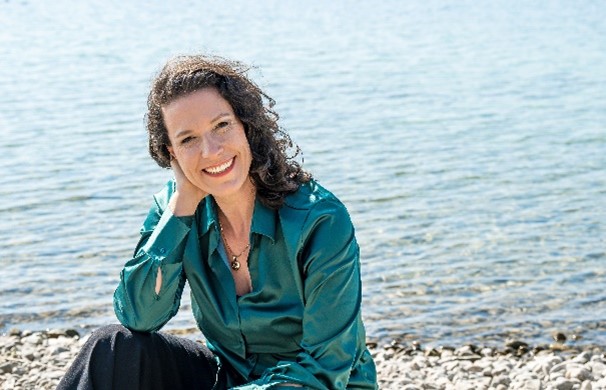 Henriette Gärtner
Henriette Gärtner
Henriette Gärtner, who grew up in Neuhausen o.E., comes from Prague on her father’s side and from Oberndorf a.N. on her mother’s side. She graduated from the Martin-Heidegger-Gymnasium in Meßkirch and at the age of eight was considered what some call a “piano prodigy”: She performed throughout Germany, won competitions and also gave concerts internationally, e.g. together with the “Festival Strings Lucerne” under Rudolf Baumgartner at the Lucerne International Music Festival. In the same year, as well as two years earlier, she performed with the Stuttgart Chamber Orchestra under Karl Münchinger. What makes her career particularly special: She was also a successful competitive athlete. She became a five-time German champion in the sport of twirling, which requires top physical performance. In 1993, she even reached the final of the world championships. Henriette Gärtner completed her studies in both areas and obtained her doctorate at the University of Constance with ‘summa cum laude’ in the field of movement sciences on the subject of “Sound, force and kinematics in piano playing – on their connection, demonstrated by works from piano literature”. This enabled her to combine both areas and her artistic-pedagogical-scientific profile is unique. As a music mediator, music teacher and music physiologist, her focus is on musicians’ health, practice methods and performance training. The next generation of musicians is close to her heart and she is regularly involved in the music education project Rhapsody in School, where she visits schools to talk about music, her instrument and her life as an artist and to arouse interest.
Personal details:
– Over 40 years of intensive international concert activity, radio and TV productions, competitions, CD and DVD productions
– Soloist diploma at the Accademia Pianistica Incontri col Maestro, Imola/Italy with Leonid Margarius (himself a student of Regina Horowitz) and state examination at the University of Constance
– Doctorate at the University of Konstanz under Prof. Dr. Hartmut Riehle with ‘summa cum laude’ (Dr. rer. nat.) in the field of movement sciences on the topic “Sound, force and kinematics in piano playing – on their connection, demonstrated by works from the piano literature” (published in July 2013 in the Augsburger Schriften by Wißner-Verlag in the book series “Forum Musikpädagogik”)
– Received the Award of Art in Science for Innovation at the ESM 2014 in Boston-Cambridge (USA)
– Certification as a music physiologist (UDK Berlin, Hanns Eisler School of Music Berlin, Kurt Singer Institute and HMTM Hannover)
– Lecturer of numerous master classes “Body and Piano”, most recently at the Schnittke Institute in Moscow
– Further training activities in professional and specialist associations
– Juror at international competitions
– Speaker at national and international symposia and congresses
Her credo: “People should go home more enriched, with more to move their hearts than before the concert.”
“The body is my first instrument.”
Further information: www.henriette-gaertner.com
- 20:00 Banquet and Award presentations
Tuesday, 23.7.24
For the 23rd we plan an outdoor day all together. The novel crew will join us for the day.
It is planned to take a cable car to the Kampenwand mountain lodge ( Kampenwandseilbahn) and hike a bit there, have lunch enjoy the view and relax.
It will not be exhausting or extreme. A pair of good sport shoes, a cap and a rain jacket (just in case) would be recommended.
For those who want more exercise they can walk up or down the mountain on good trails.
Please let us know latest at your arrival day if you want to join us so that we can arrange for tickets.
Scientific Chair
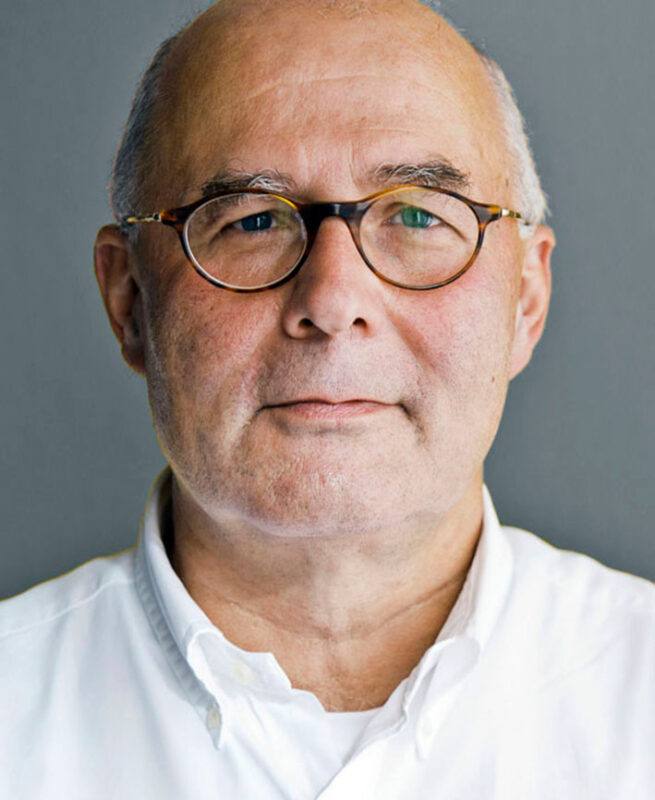
We are very pleased that Prof. Morlock has accepted to chair the art in science® scientific committee as in several ESM meetings before.Prof. Morlock has outstanding, long-term experience in biomechanical and arthroplasty research.He is one of the key opinion leaders in the field and has just recently received the Pauwels Medal in honor of his orthopedic work in relation to the biomechanical principles of the skeletal system and the biomechanics of bone healing.
Scientific Committee
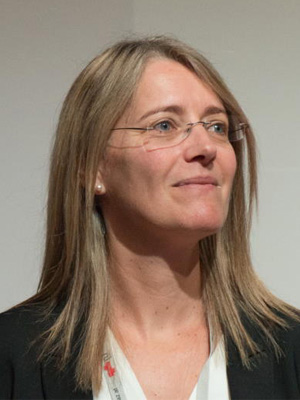
Prof. Natalie Kersting-Mrachaz, Freiburg
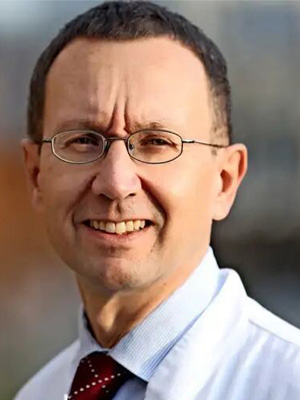
Prof. Thomas Mittlmeier, Rostock
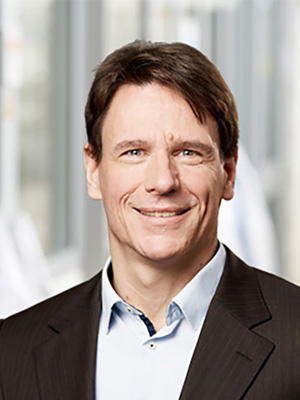
Prof. Georg Duda, Berlin
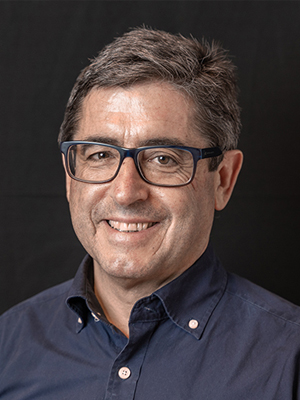
Prof. Antonio Veloso, Lisbon
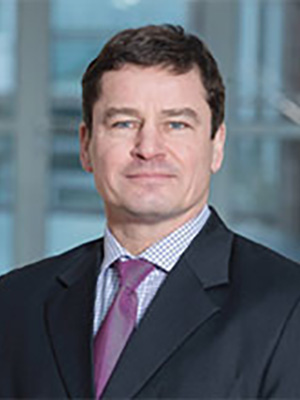
Prof. Uwe Kersting, Köln
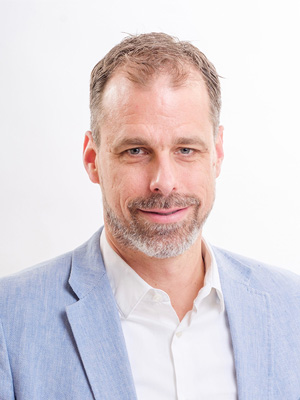
Prof. Sicco Bus, Amsterdam
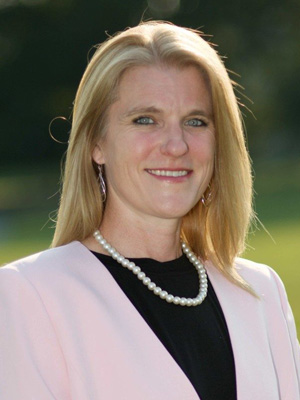
Prof. Robin Queen, Virginia, USA

Michael M. Morlock (Chair), Hamburg
Full registration
Full registration is already available and will be required for participation.
1. Attendee
Early Registration (prior to April 15, 2024): EUR 498.- (plus VAT)Late Registration (after April 15, 2024): EUR 540.- (plus VAT) Student Registration: EUR 300.- (plus VAT) Full registration includes:
- Welcome Reception and Dinner on Saturday, July 20th
- Scientific Presentations on Sunday, July 21st
- Posters and Scientific Discussions and Seminars on Monday 22nd
- Coffee Breaks and Lunch during Presentations and Discussions
- Dinner on Sunday
- Banquet Dinner on Monday
- Transportation from train station Rosenheim to venue
Please note that the hotel room fee is not included.
Register as attendee Register as student2. Guest of Registered Attendee
(not including scientific presentations on Sunday and Monday)
- Adult: EUR 265.- (plus VAT)
- Child (ages 10-18): EUR 180.- (plus VAT)
Notes:
- Children 5-9 must register but do not have to pay a registration fee.
- Please note that the hotel room fee is not included.
3. Attendee – One Day
Including presentations on that day and 1dinner:
- Adult: EUR 175.- (plus VAT)
Including welcome reception and 2 dinners:
- Adult: EUR 260.- (plus VAT)
4. Attendee – Scientific presentations only
(including presentations Sunday and Monday and welcome reception)
- Adult: EUR 390.- (plus VAT)
Latest News:
(Updated July 16, 2024)
- Posters presentation should have a A0-size. There will be a poster session on day 1 in which each poster presenter has 3 minutes at his poster (or with a short *ppt or *pdf) to explain his study, followed by 1 or 2 questions (2 minutes). In total 5 minutes. Additional questions can be discussed at the poster at a later time.
-
For the 23rd we plan an outdoor day all together. The novel crew will join us for the day.
It is planned to take a cable car to the Kampenwand mountain lodge ( Kampenwandseilbahn) and hike a bit there, have lunch enjoy the view and relax.
It will not be exhausting or extreme. A pair of good sport shoes, a cap and a rain jacket (just in case) would be recommended.
For those who want more exercise they can walk up or down the mountain on good trails.
-
Please book your accomodation as soon as possible.
The hotels and guest houses in the Grassau area are getting fully booked quickly.
For accommodation please check www.hrs.de or look at Google maps for accommodation in the area of Grassau or nearest destination.
Here is an example: Hotel buchen: Bei HRS Hotels, Coworking & Konferenzräume finden
For transportation from your hotel to the venue:
The closest train station for direct trains (about 70 minutes) from main Station Munich to the venue is Übersee.
Alternatively the train can be already be left at Prien am Chiemsee , for those who find hotels in the Prien area, they can take the local train No 9505 from Bahnhofsplatz Prien to Kirchplatz Grassau (21 minutes)
From Übersee there is a regional train (No 9509, takes 10 minutes) to Grassau.
From the train stop it is 4 minutes walking to the venue hotel Das Achental.
The regional train No 9509 proceeds to Reit im Winkl and could be used by participants who find hotels along that line.
Grassau to Reit im Winkl is maximal 40 minutes by train.
Some shuttle transfer will be available for a range of 15 km to the venue, especially also from Übersee.
Please see the enclose small maps on transportation part.
-
Only for Dialect students:
There will be a special session only for Dialect DC‘s Workpackages.
If you want to send an abstract for intended work or work in progress please send the abstract that discribes your intended work for Dialect only to [email protected]. Only Dialect students can register like that. No paypal registration is needed.
You will receive a confirmation for your registration.
-
Please note that the Hotel DAS ACHENTAL can not be booked online due to the special rate. You need to book via Email to [email protected] .
-
The pre- reservation for 44 rooms at hotel DAS ACHENTAL expires on May 3rd 2024. From that date on the hotel will start to sell the rooms to other customers. The ESM room rates are 311.-Euro for a double room including excellent breakfast.
Please note that this is high season and it is a well-known holiday area. DAS ACHENTAL is a very fine hotel and the prices can go higher than 400.- Euros per night. Please also check the list of other hotels that are noted on the homepage. It might already be difficult to find rooms near by. Please book in time.
- Bachelor, Master, and PhD students can register for 300 Euros plus VAT for full registration.
For Dialect students
There will be a special session only for Dialect DC‘s Workpackages.
If you want to send an abstract for intended work or work in progress please send the abstract that discribes your intended work for Dialect only to [email protected]. Only Dialect students can register like that. No paypal registration is needed.
You will receive a confirmation for your registration.
Registration
Just send an email to [email protected] and cc to [email protected].
Please do not register via the registration links.
Please note that the dinners are not included in your free of charge Dialect student registration.
Each dinner is 65.- Euros. There are 3 dinners planned:
- July 20th welcome receiption
- July 21st dinner barbeque
- July 22nd banquet dinner
All dinners will be perfect for communication and networking.
Accommodation
Please make sure that you book accommodation in time, at least for 1 night from Juy 21st to July 22nd.
The scientific presentations and discussions will take place on July 21st and 22nd.
If you want to stay for the whole meeting including social events ( highly recommended) you need to book for 3 nights July 20th to July 23rd
You will find recommendations for accommodation on the accommodation section or you look at booking.com or HRS.com for the area of Grassau.
Transportation
You will reach the station Übersee by train from Munich Main Station (1h 8 minutes) or Ostbahnhof (58 minutes) and also from the train terminal at Munich airport (1h 38 minutes). It is a convenient S-Bahn/train connection.
The final destination for your train ticket will be Übersee which is a stop of the train between Munich an Salzburg.
From Übersee we will pick you up with our small shuttle bus. It is only 10 minutes to the venue ( www.das-achental.com )
